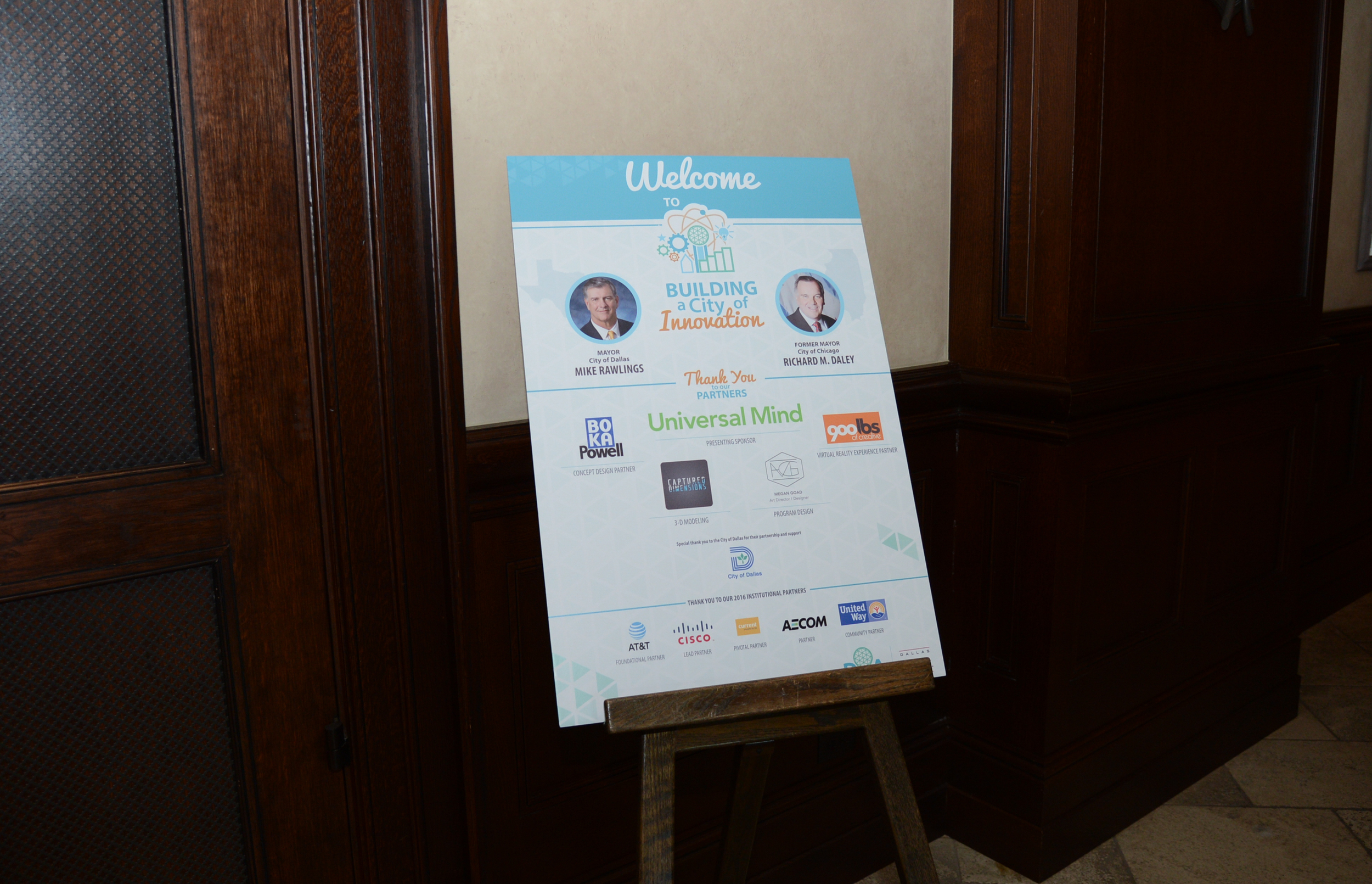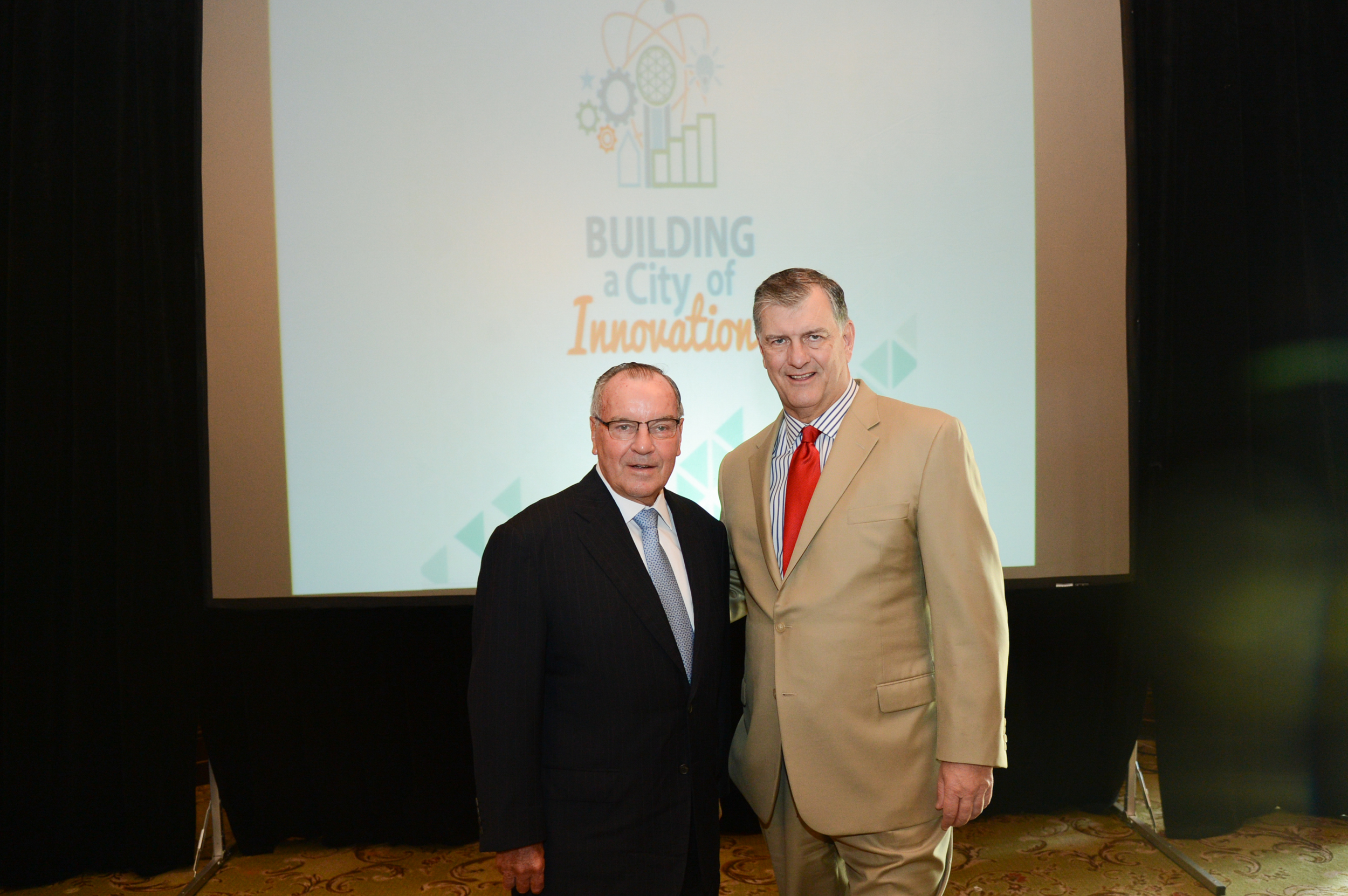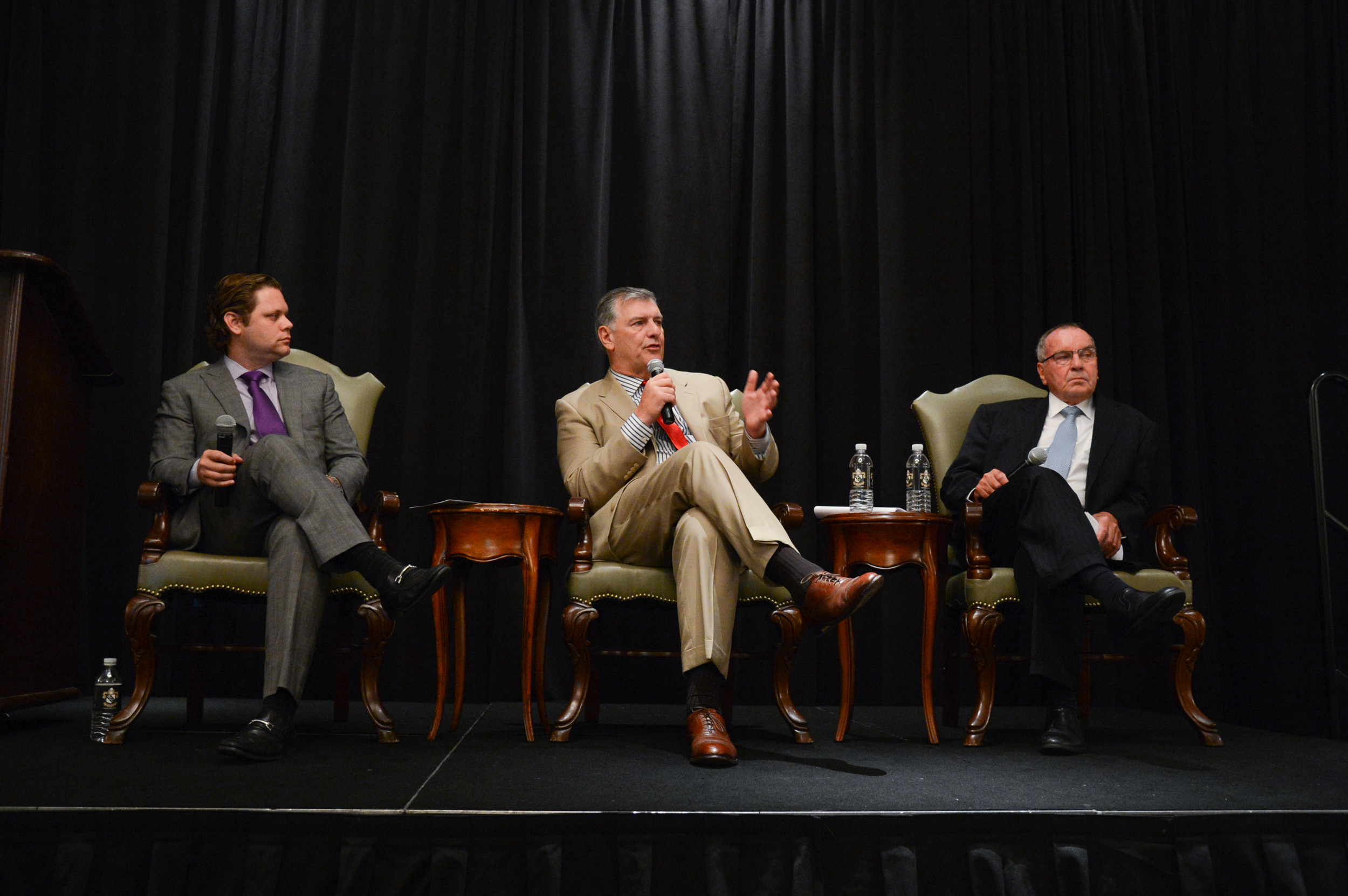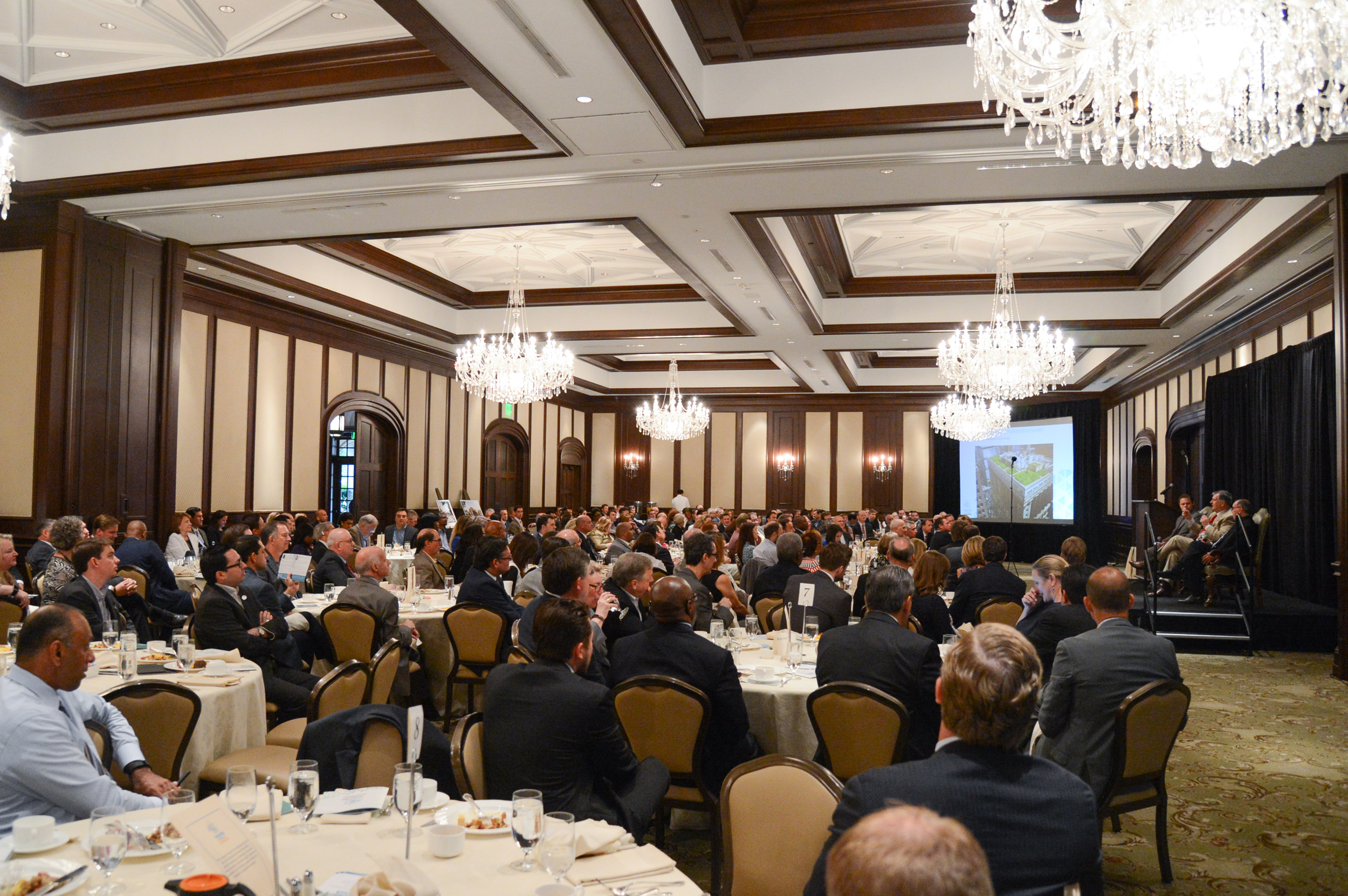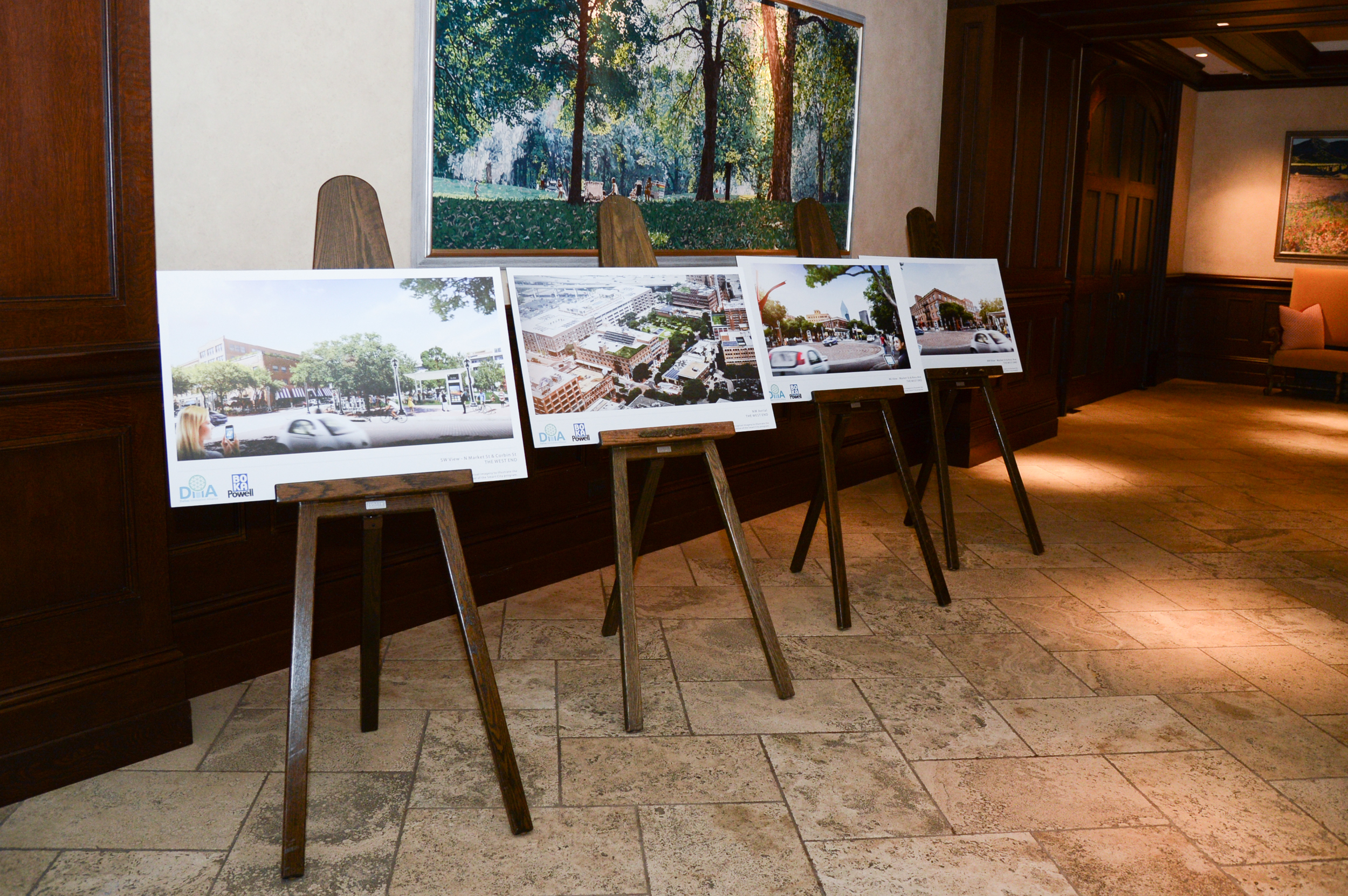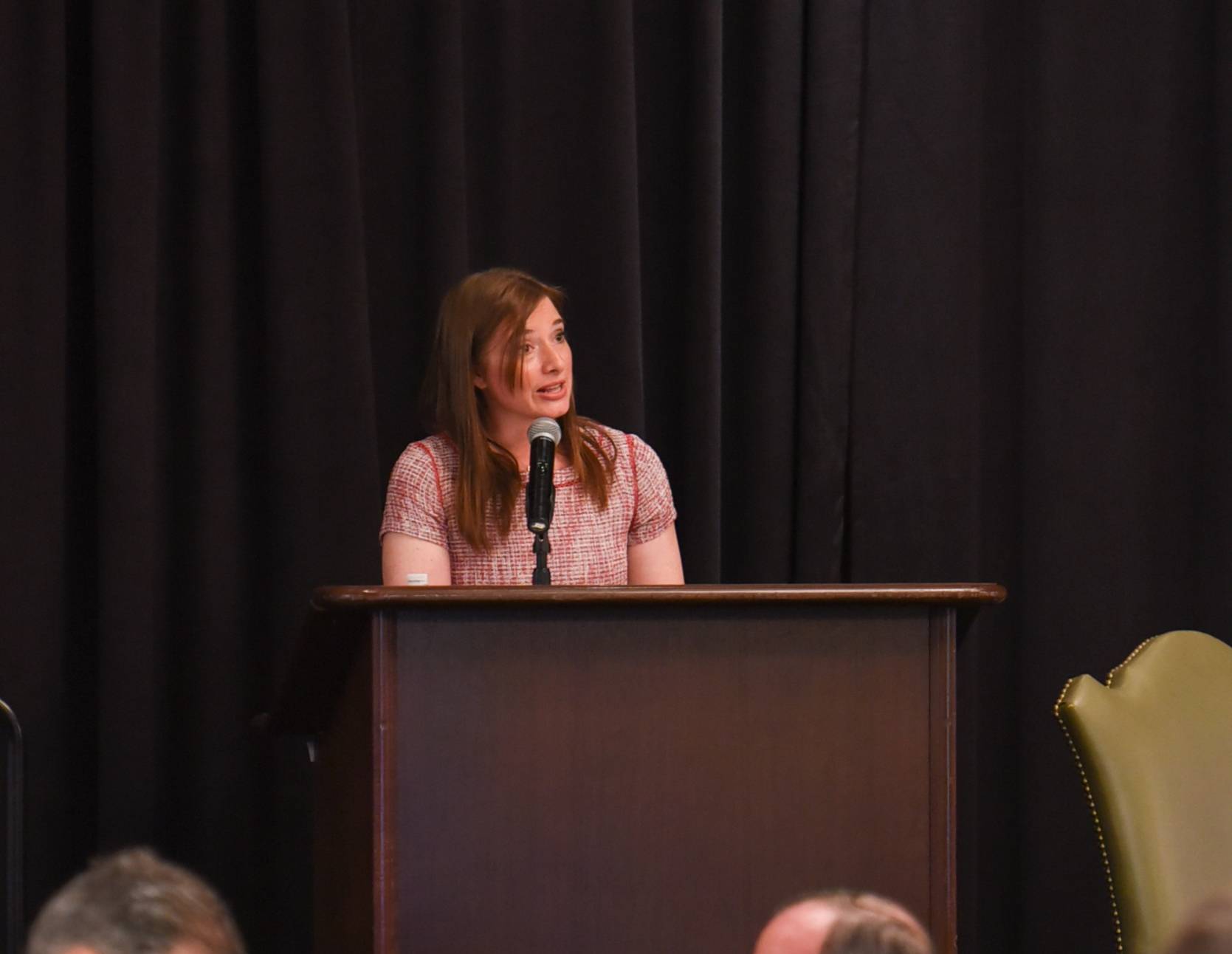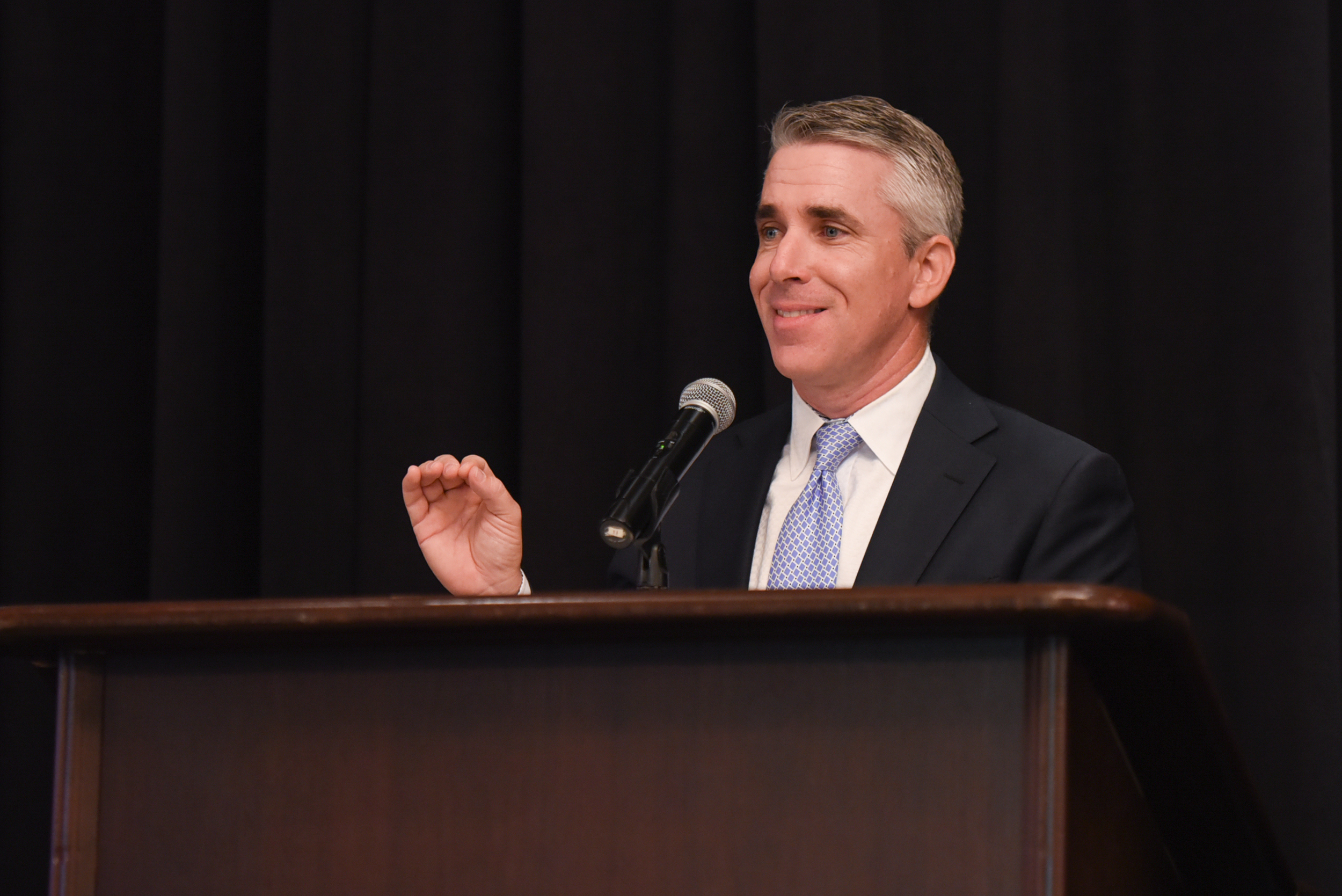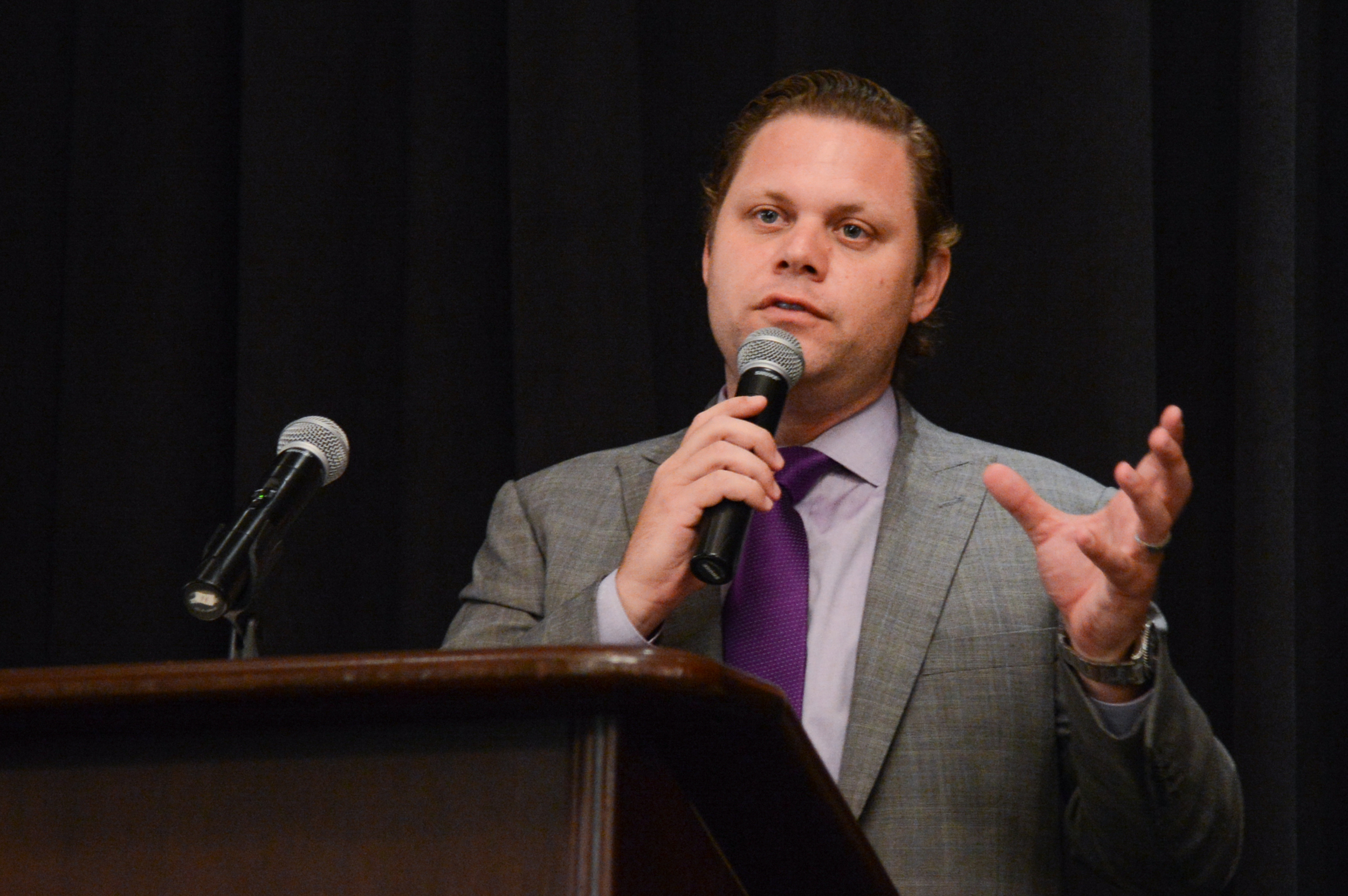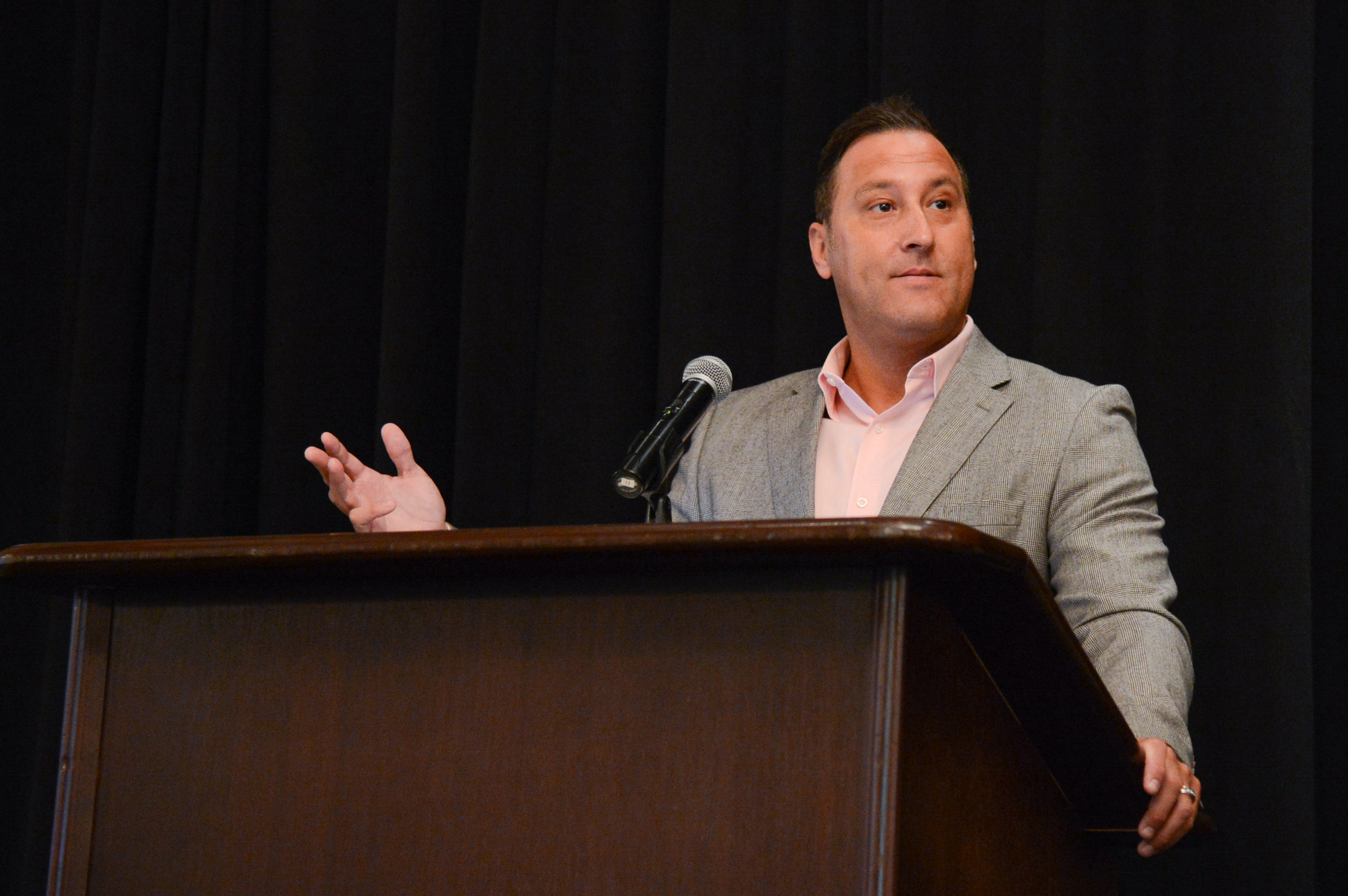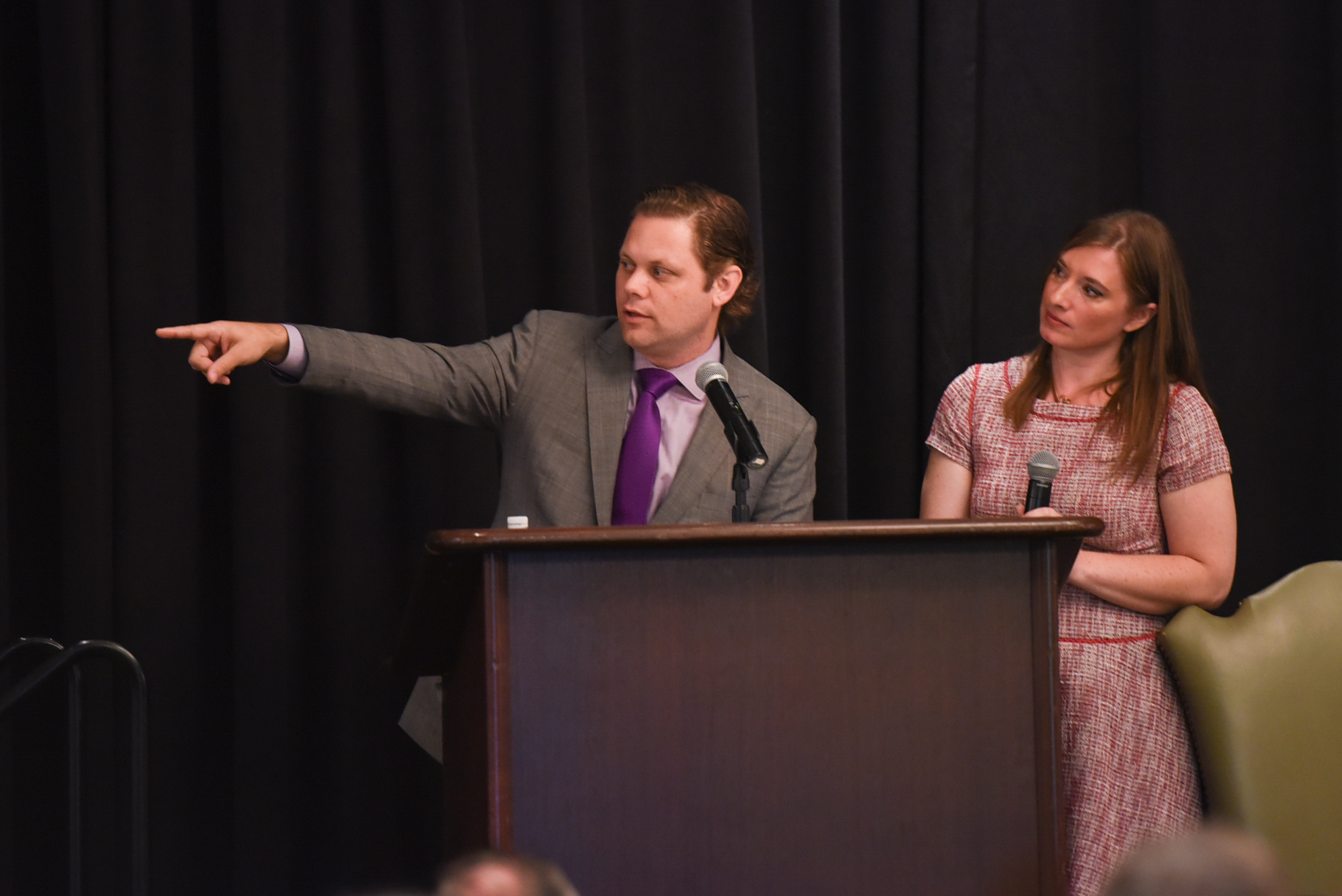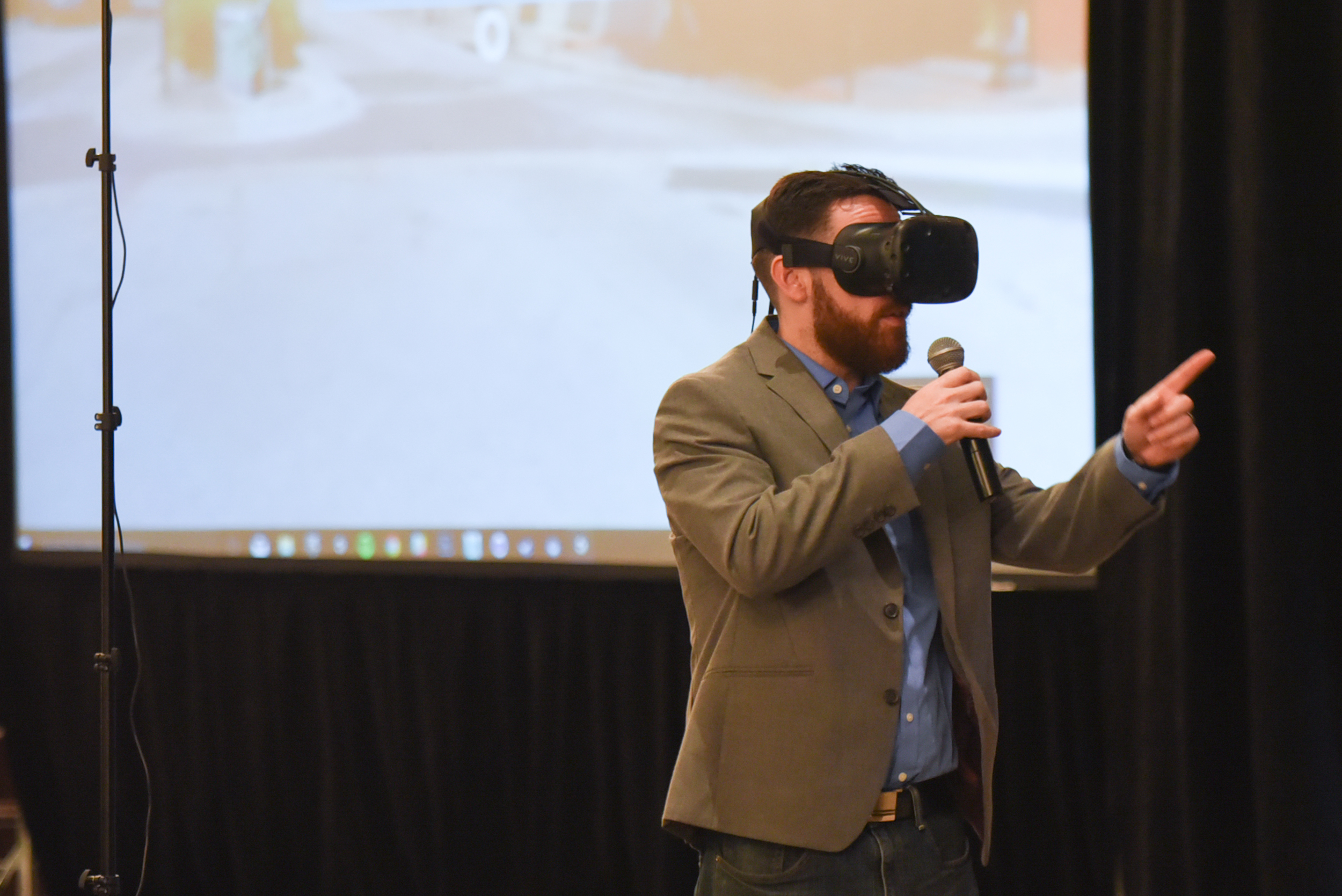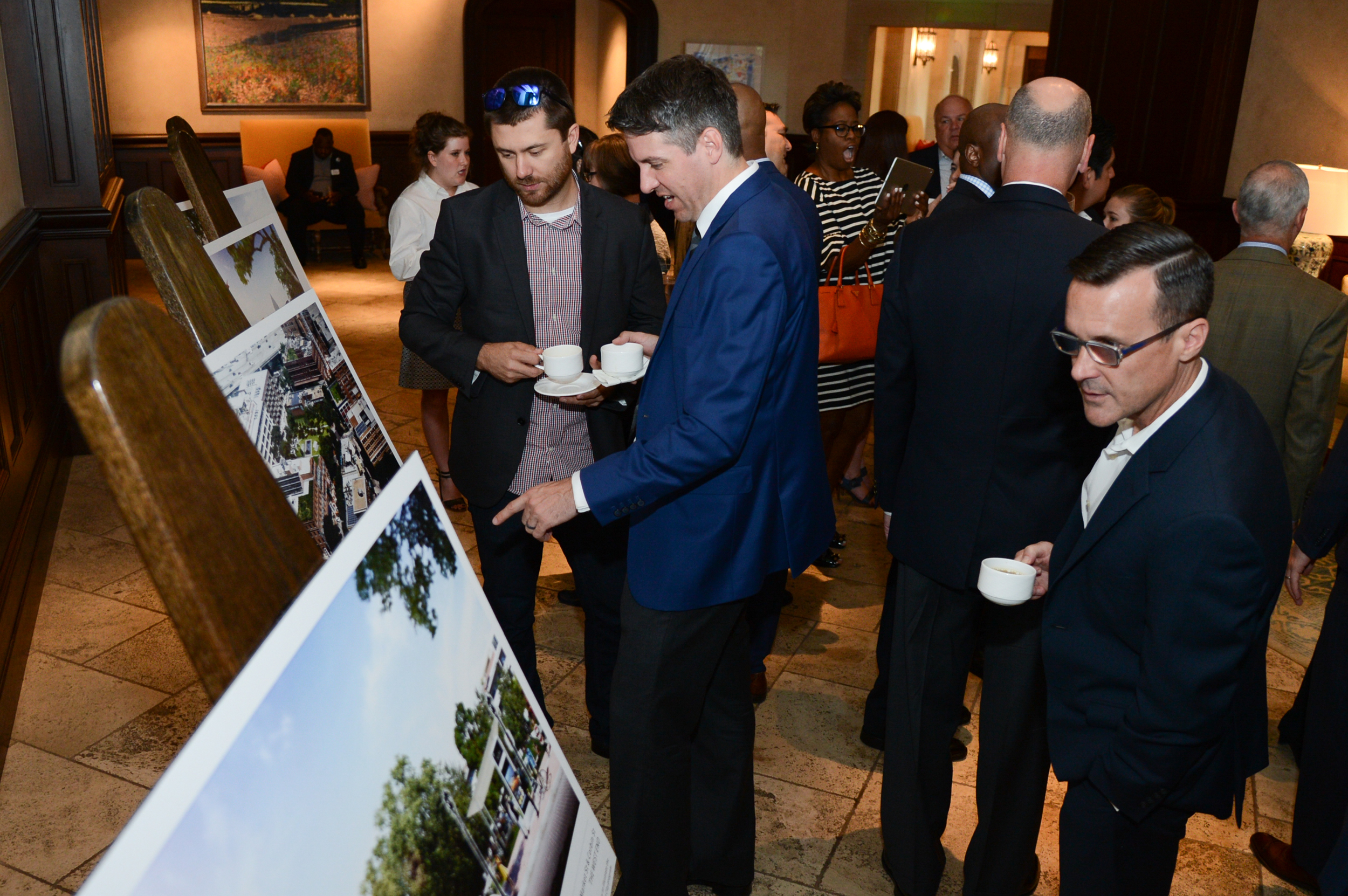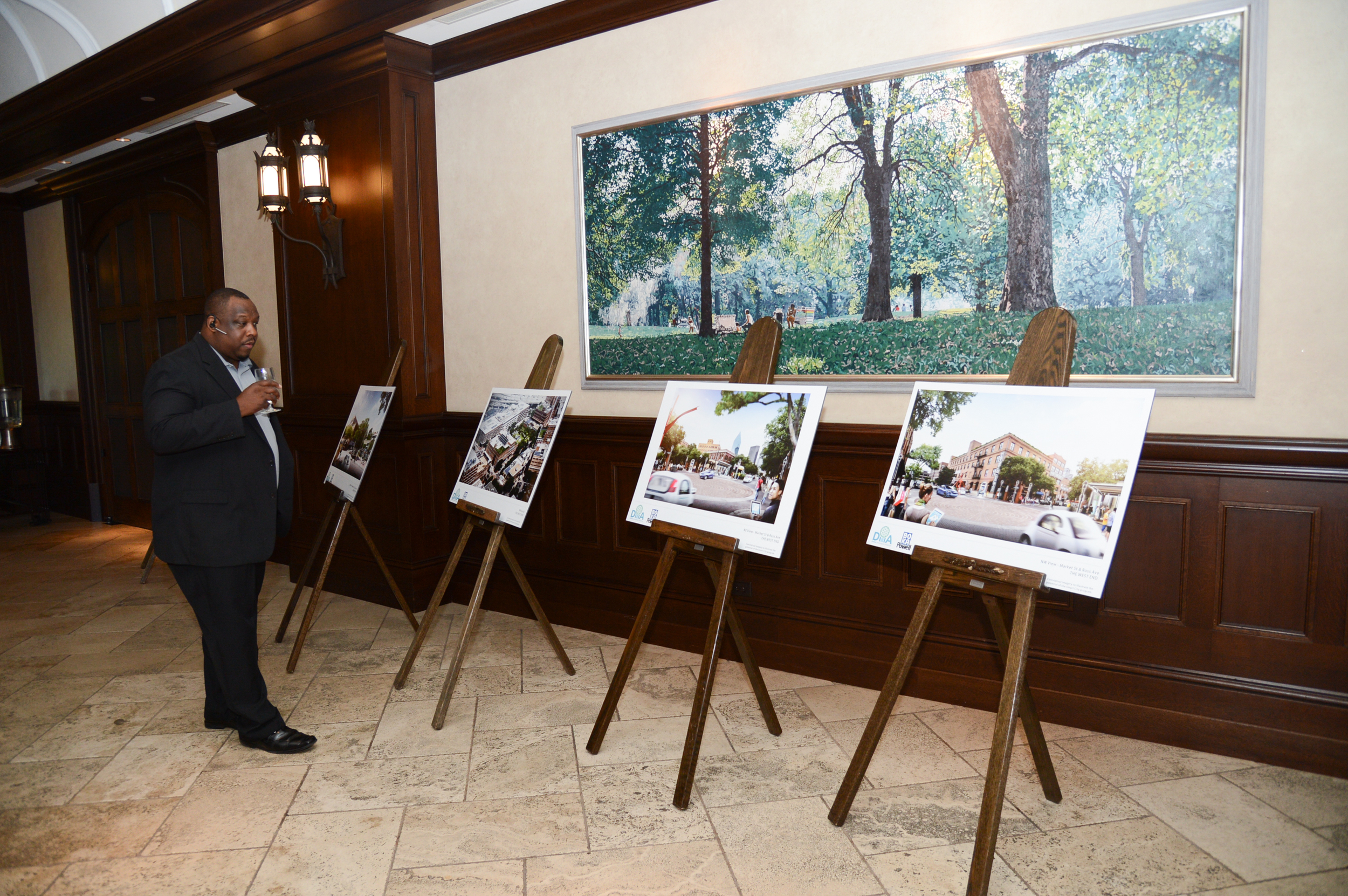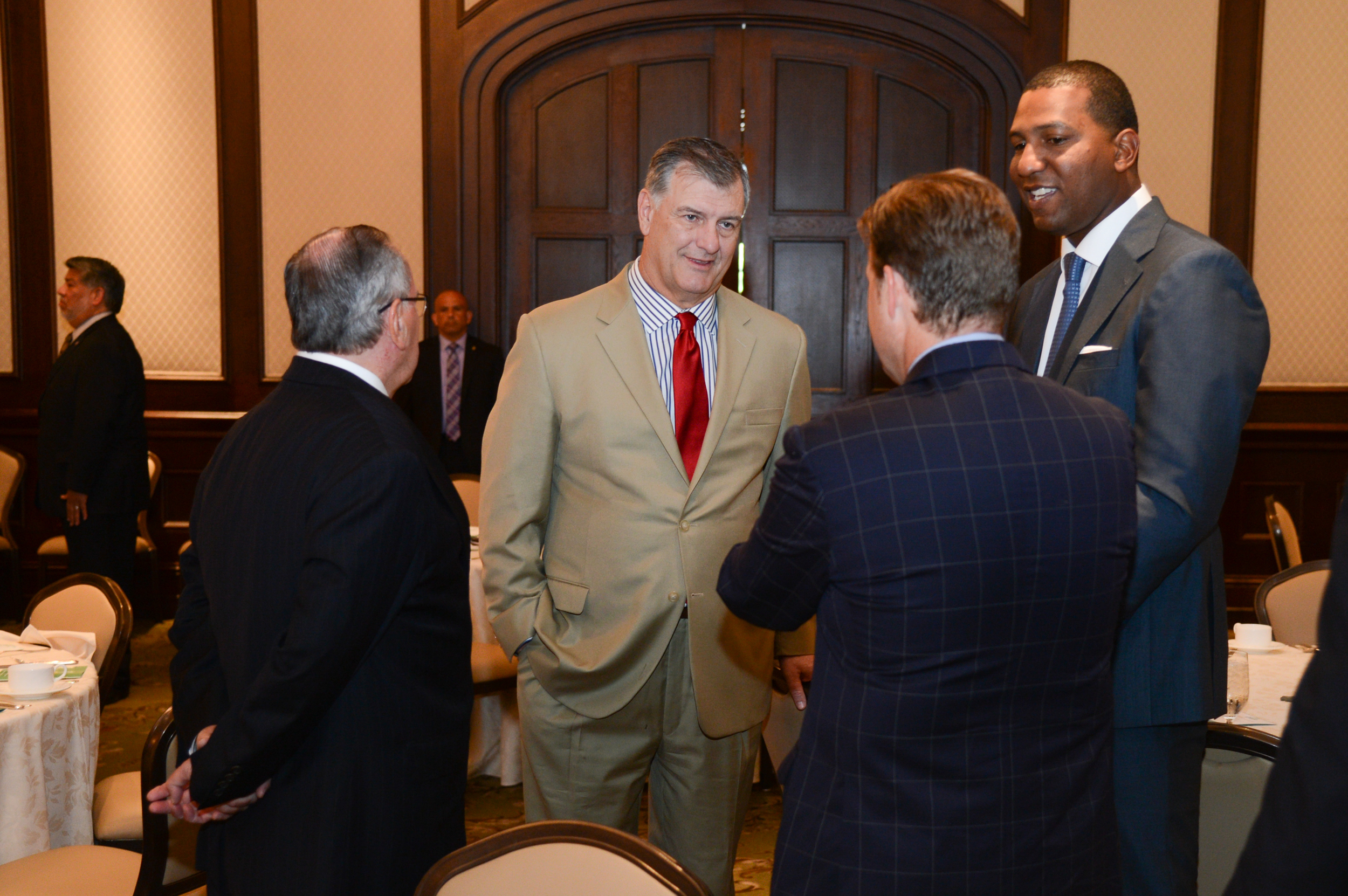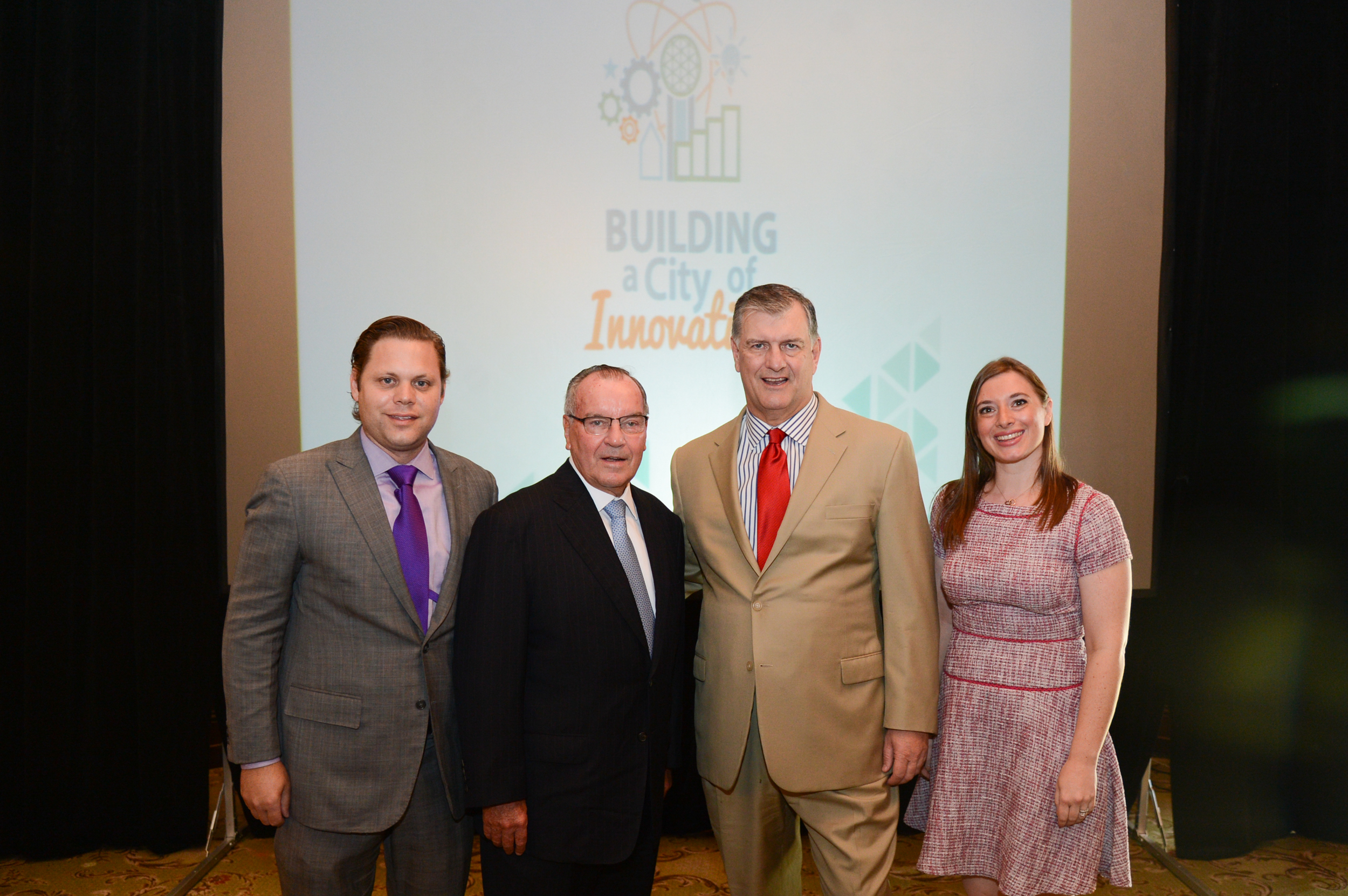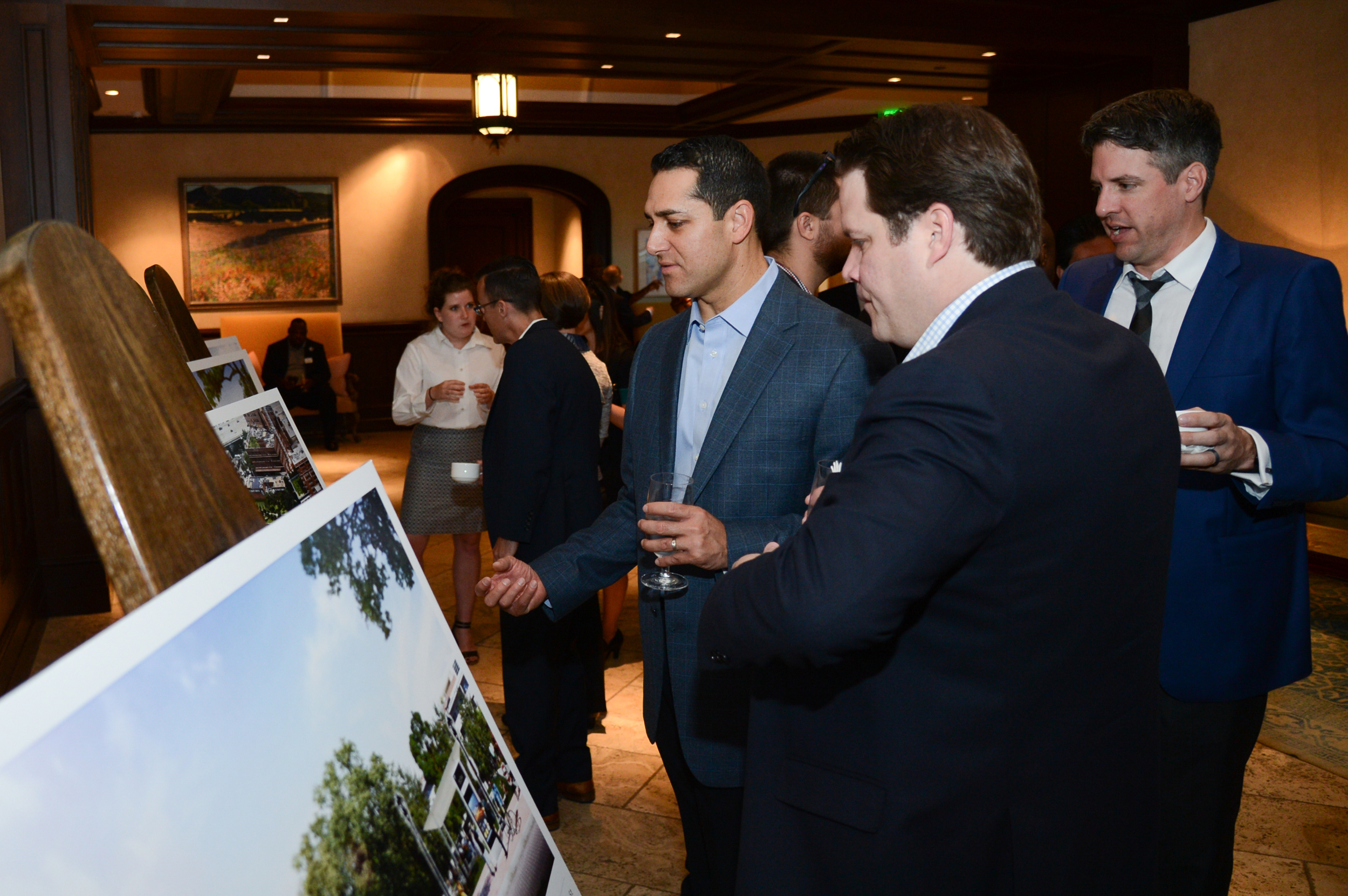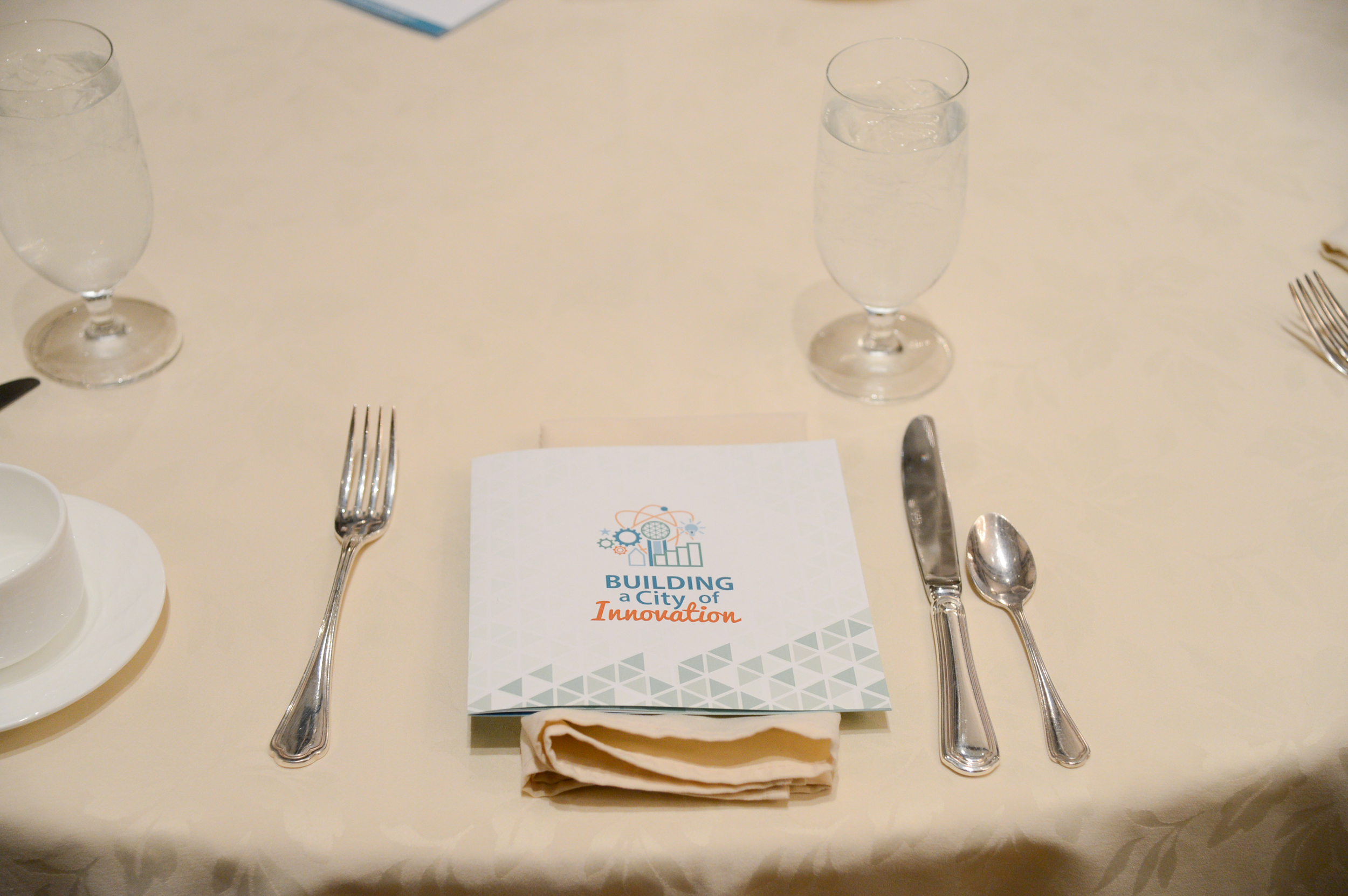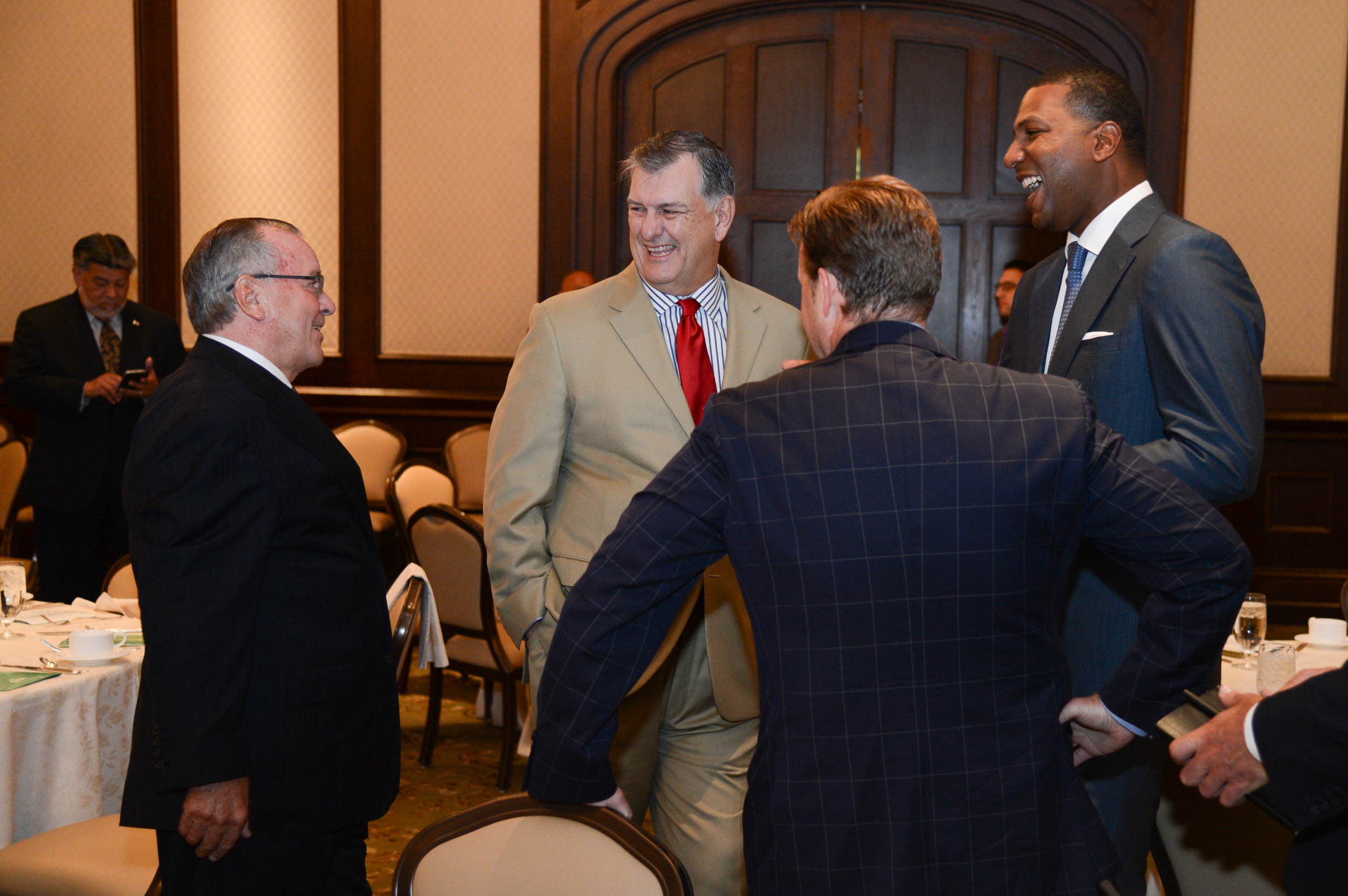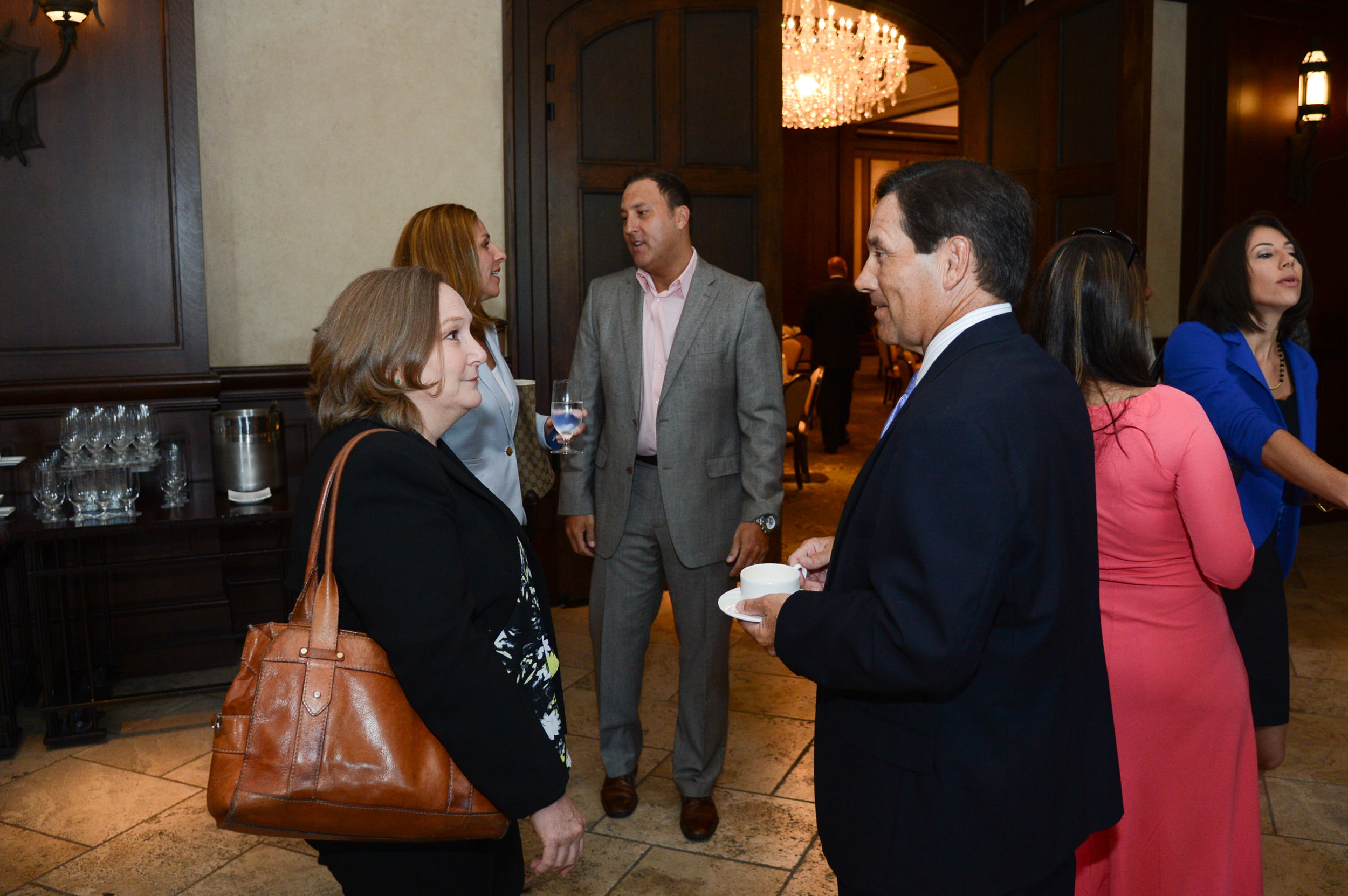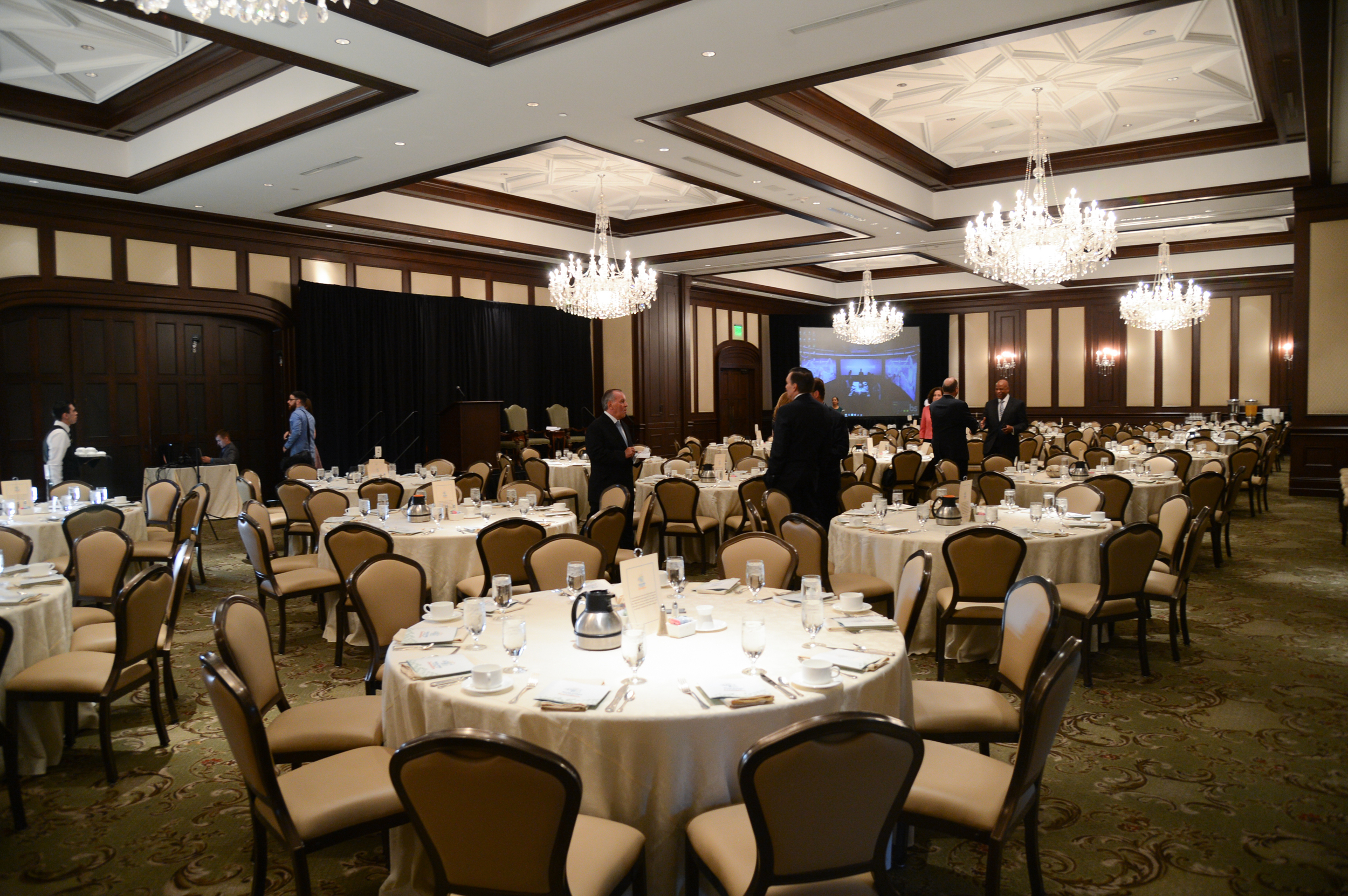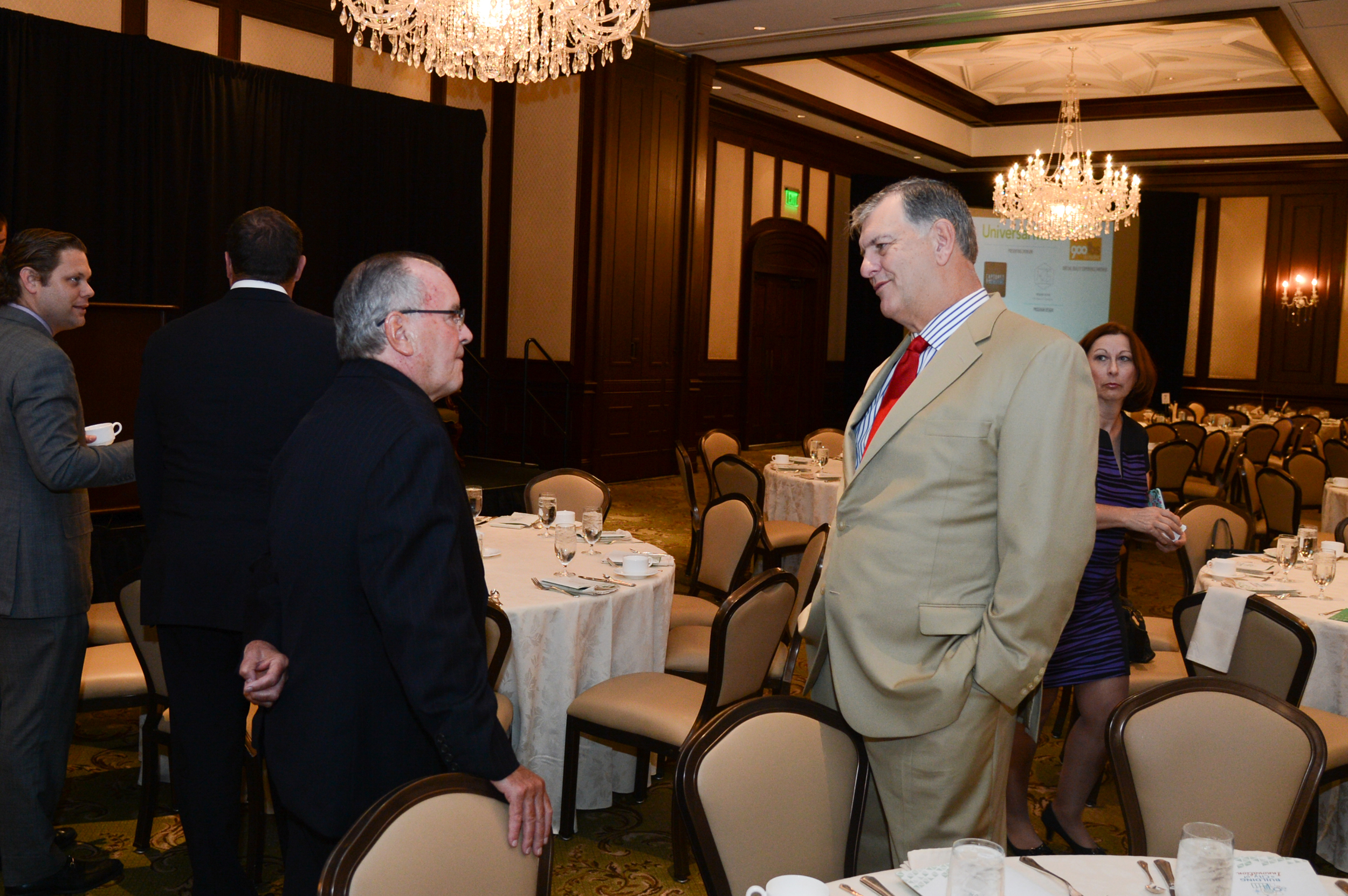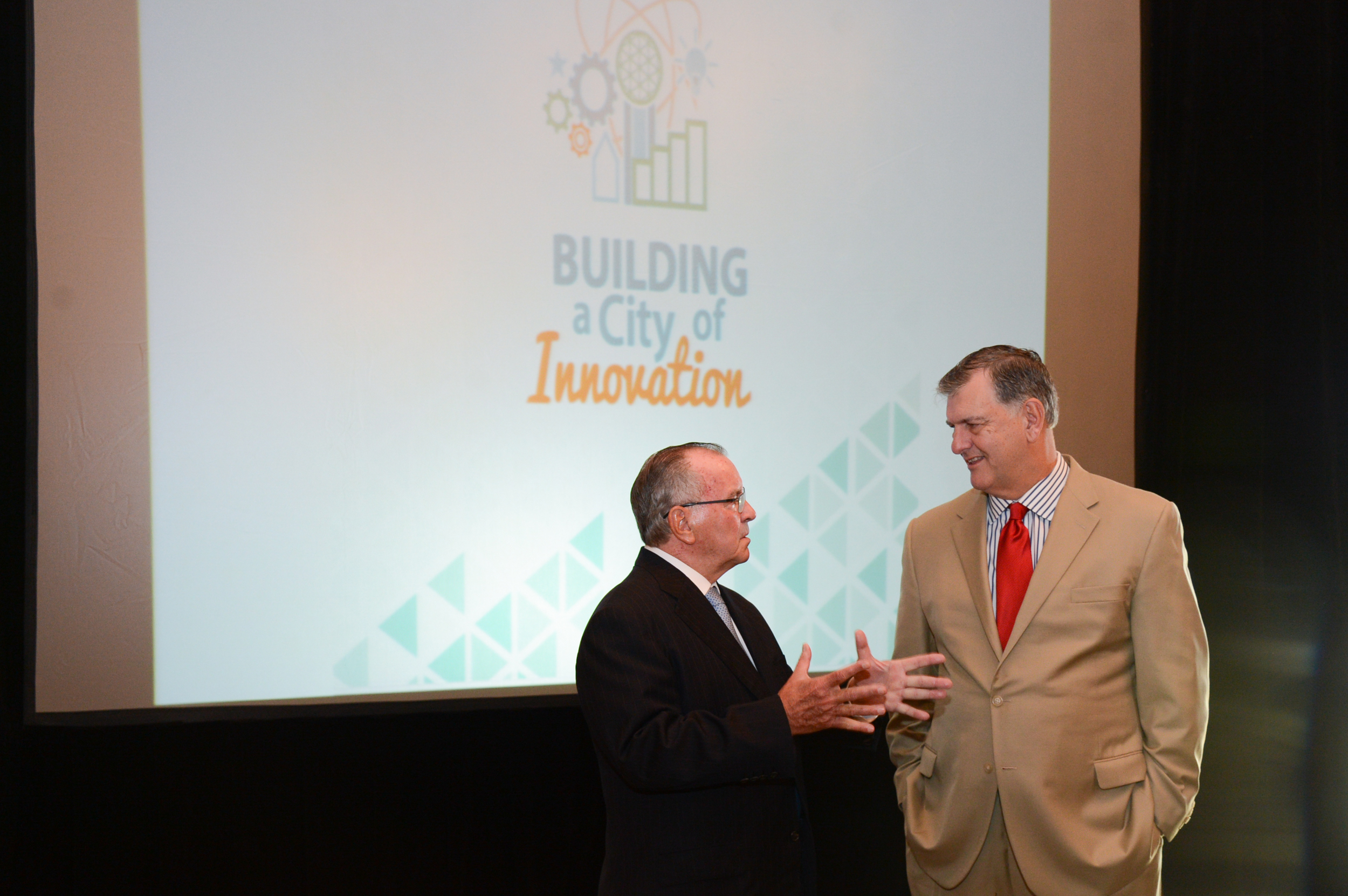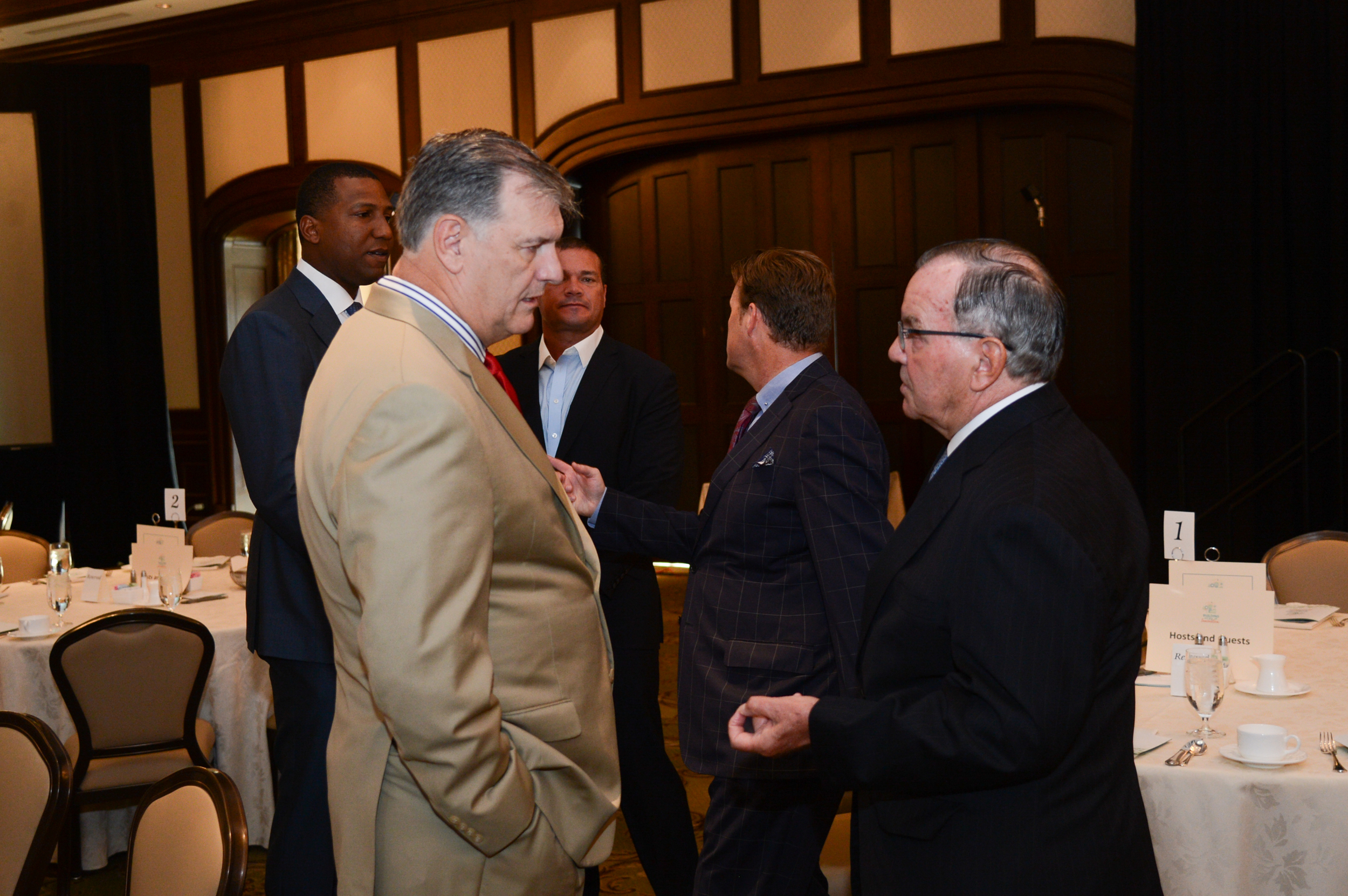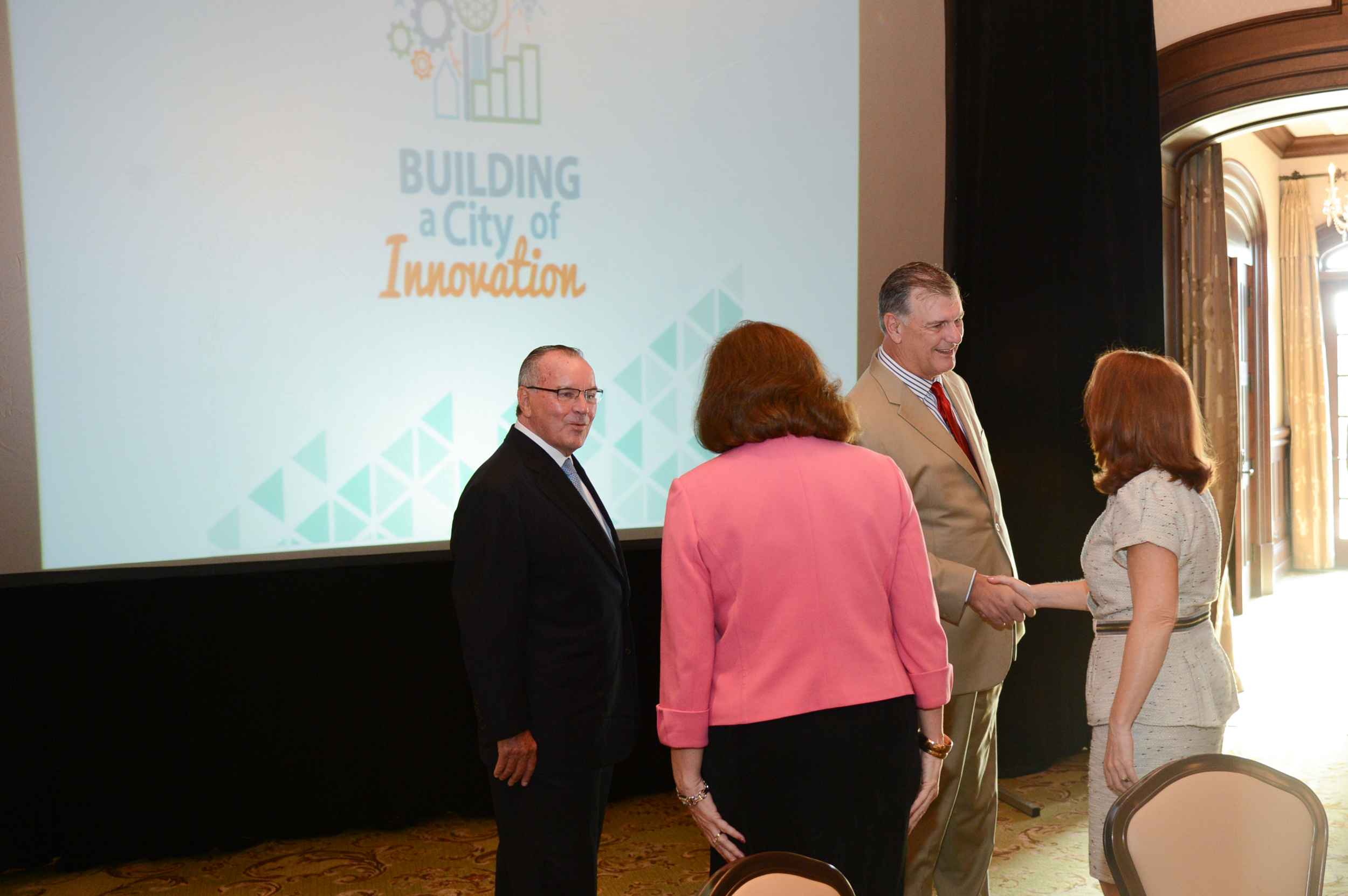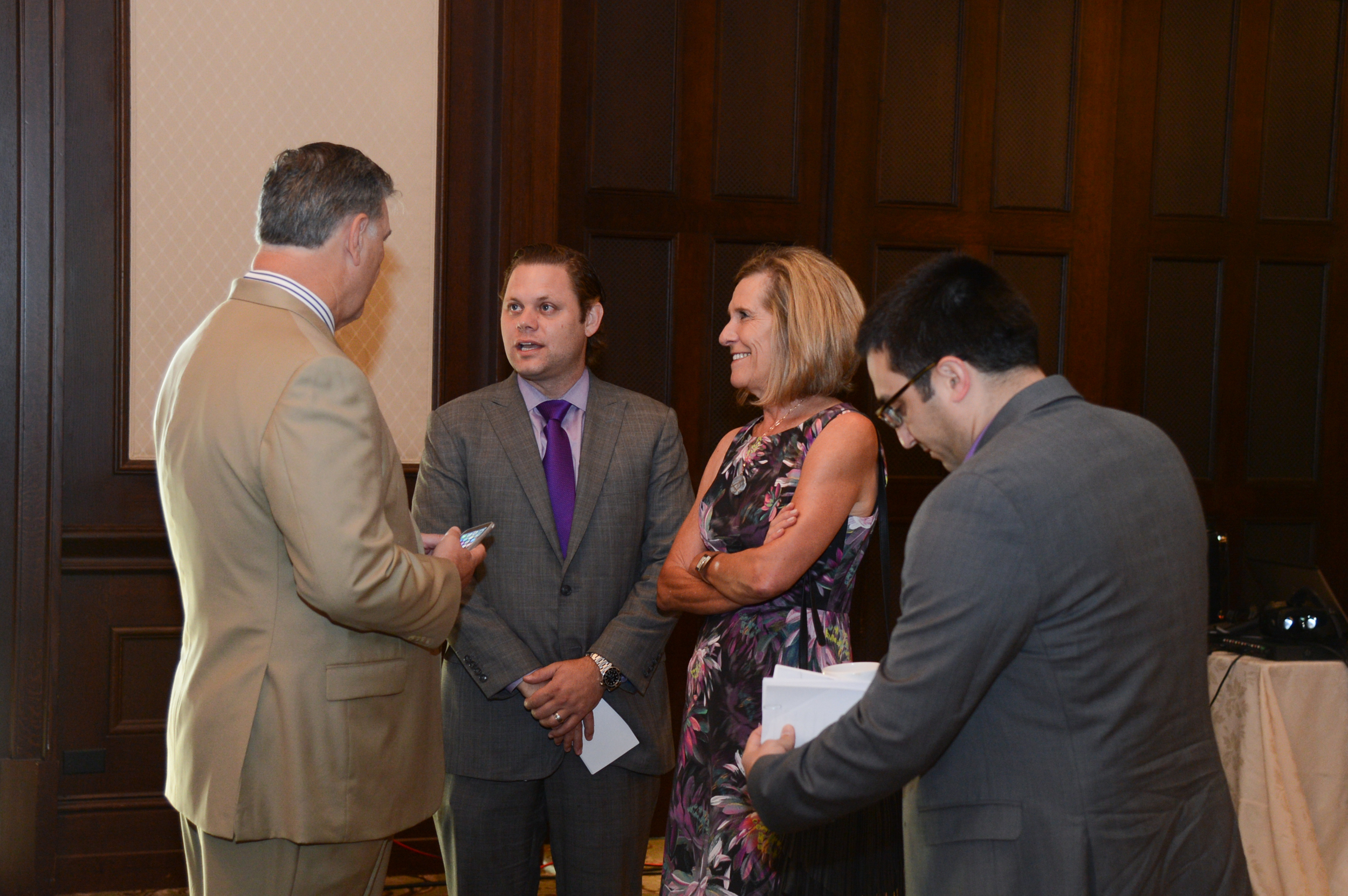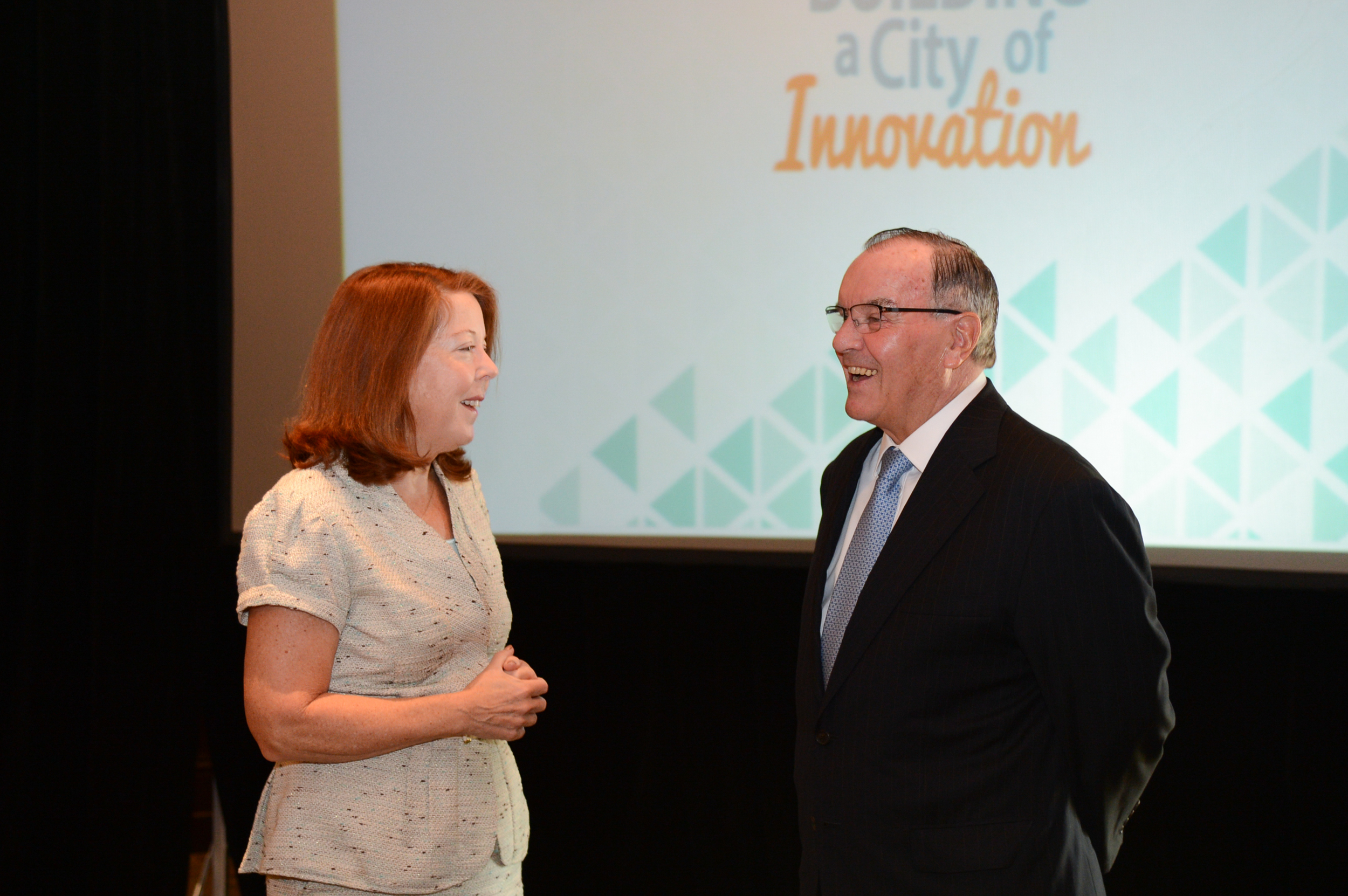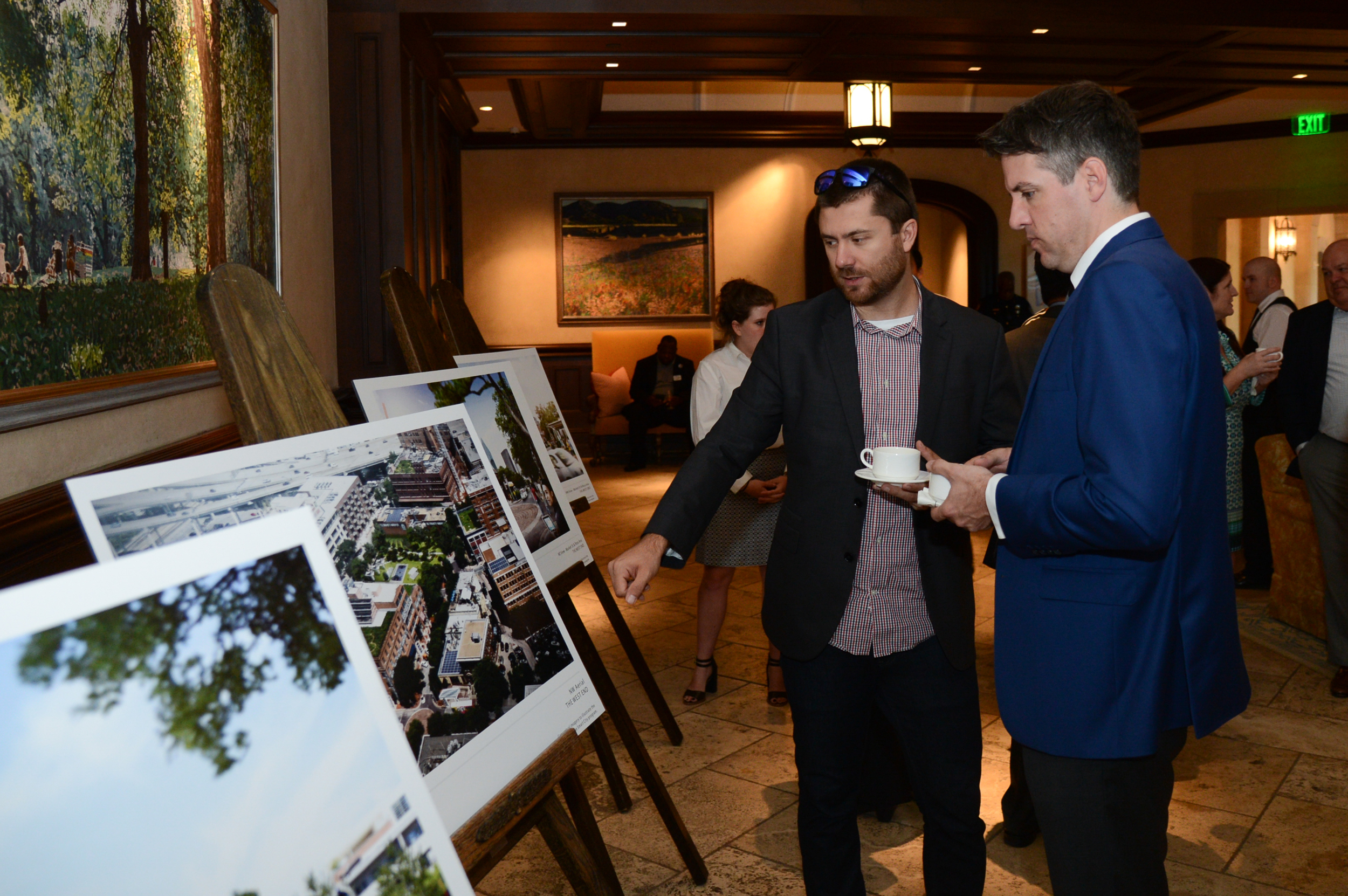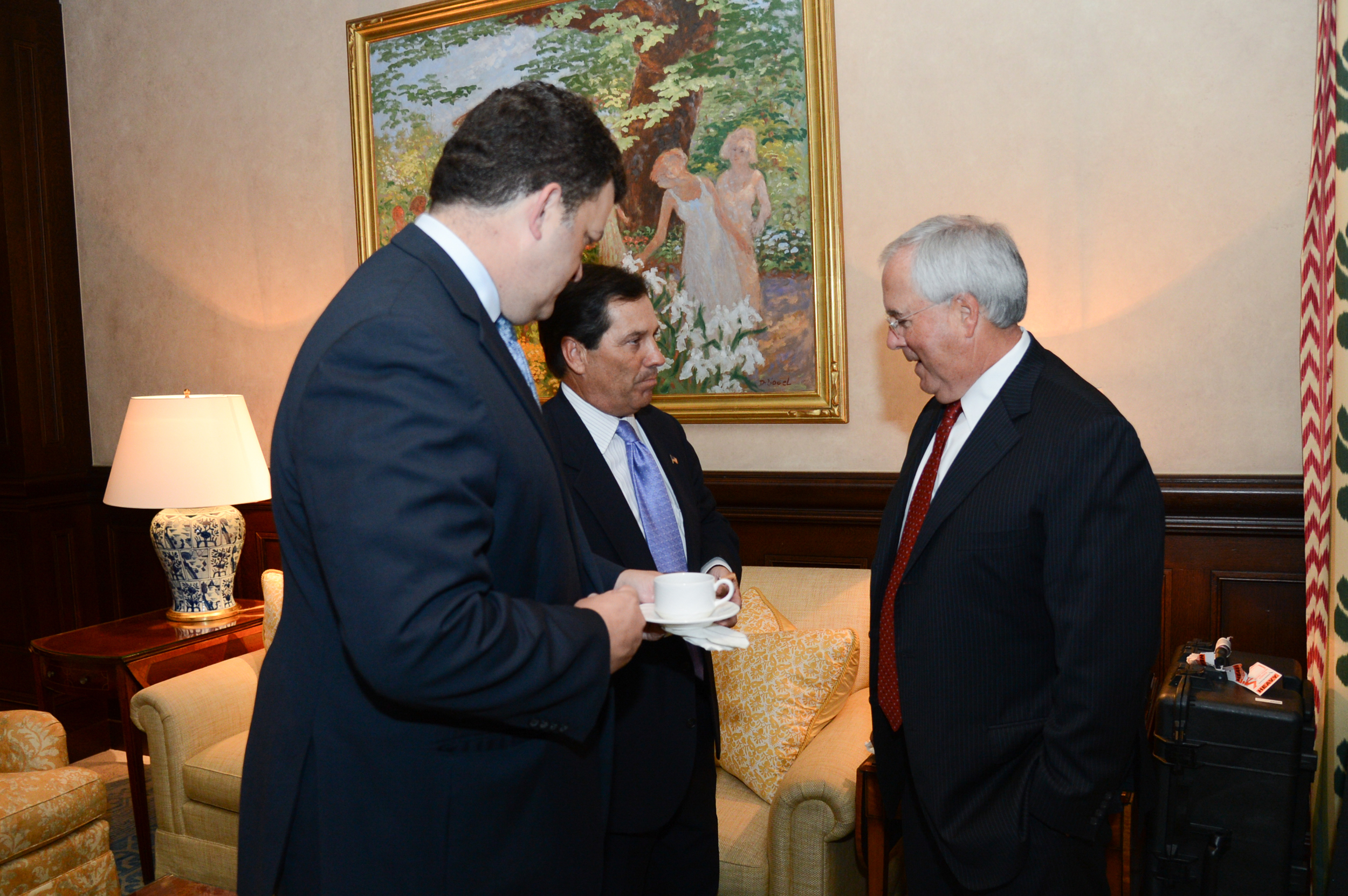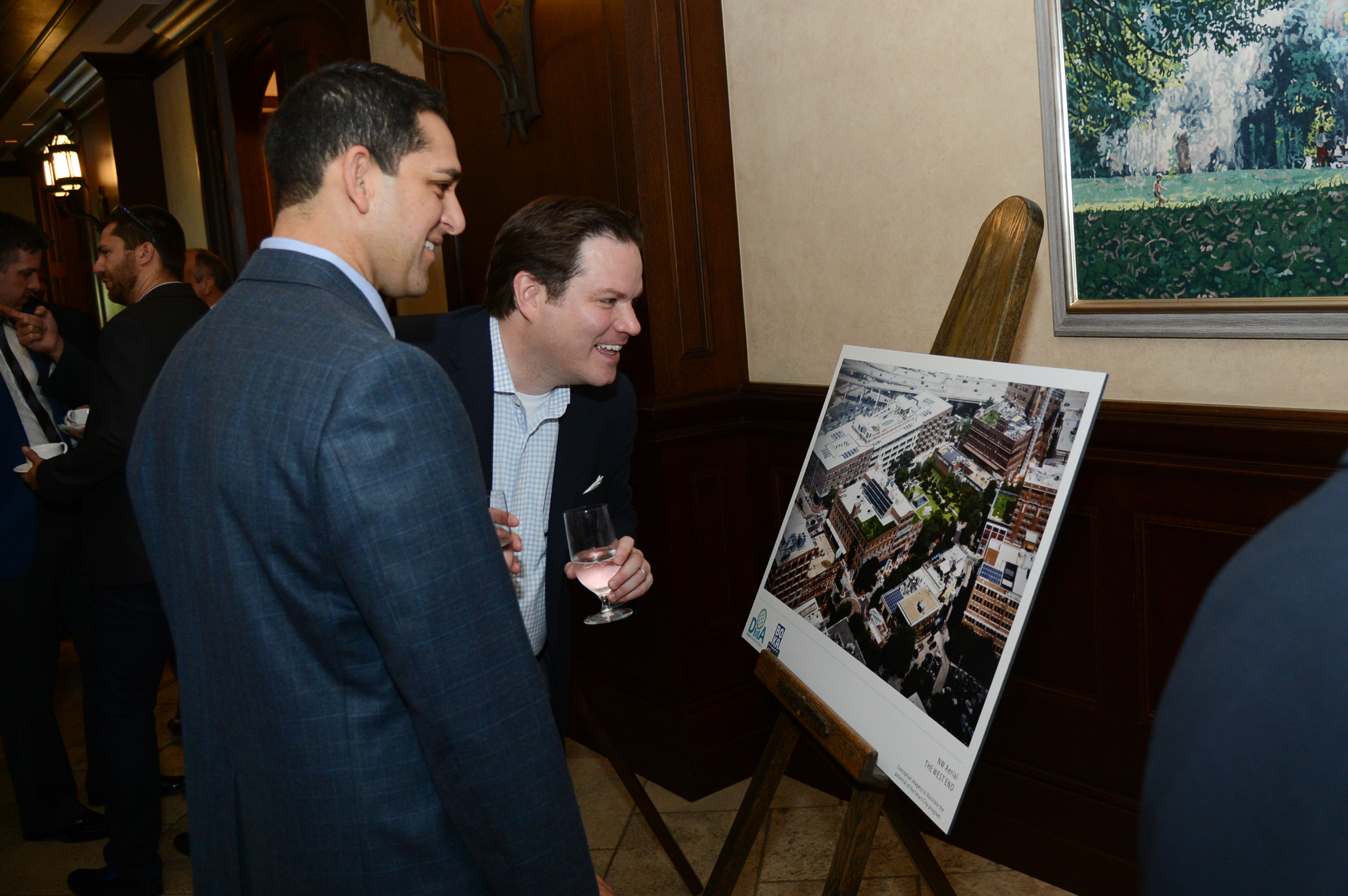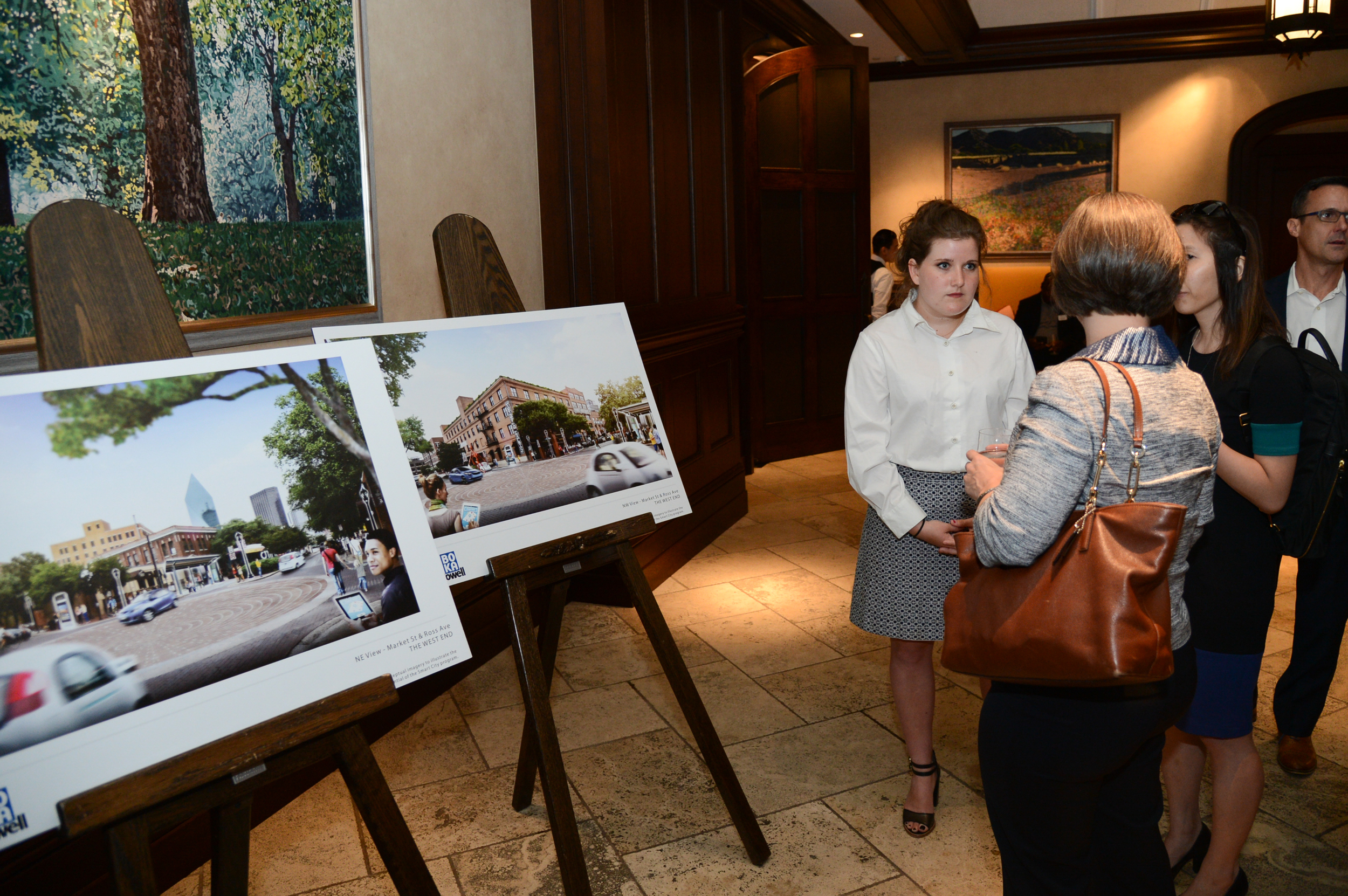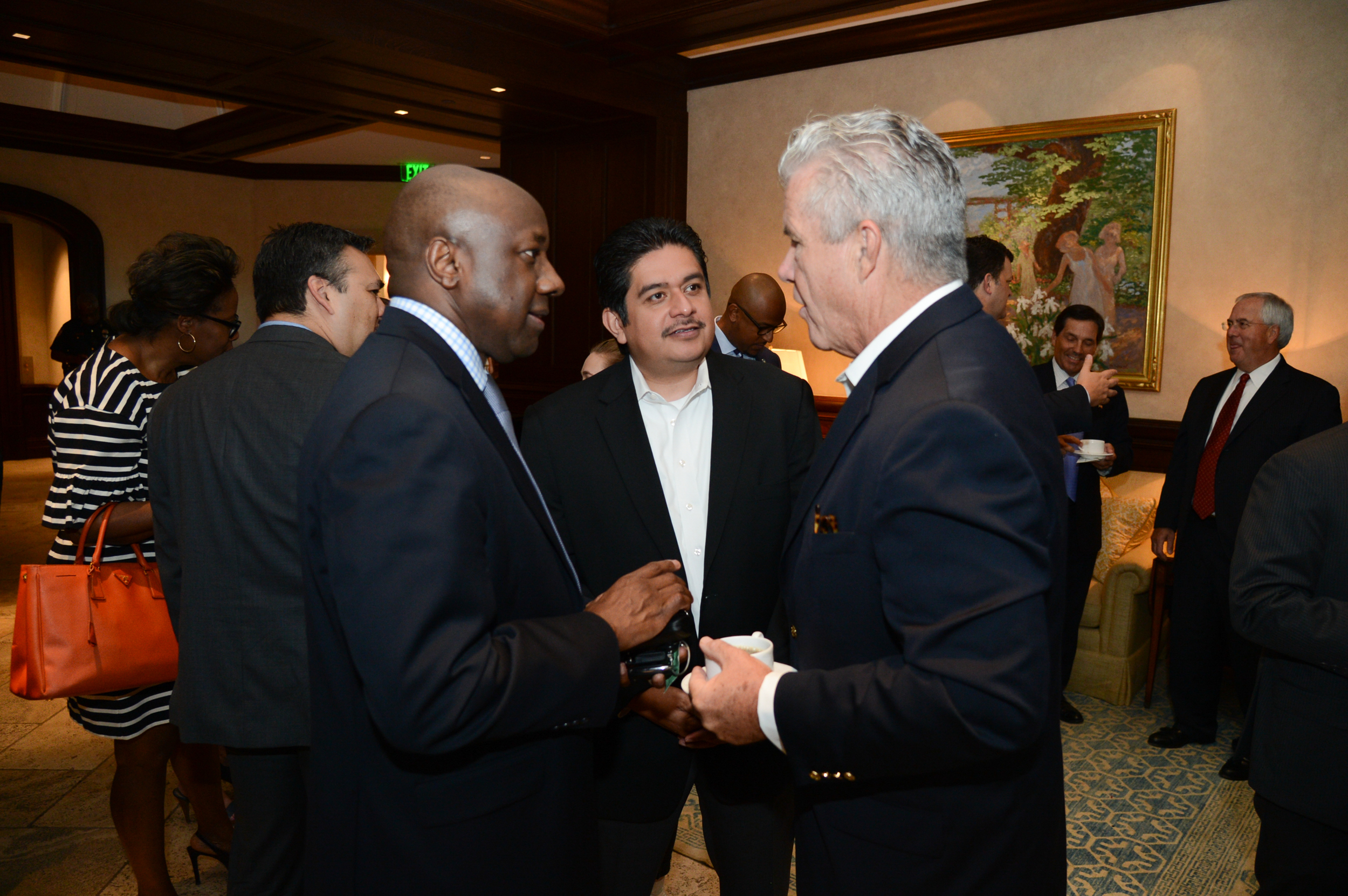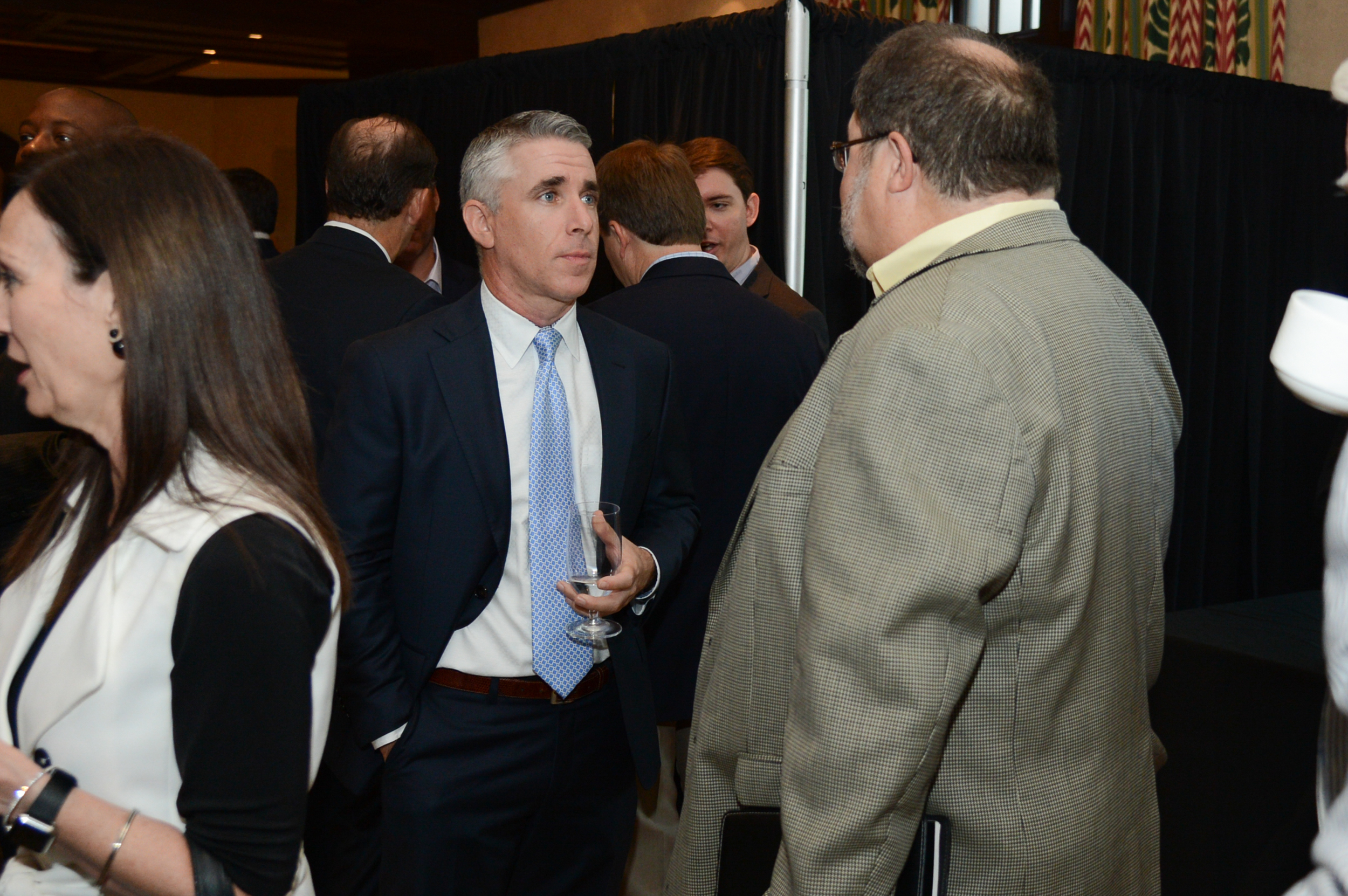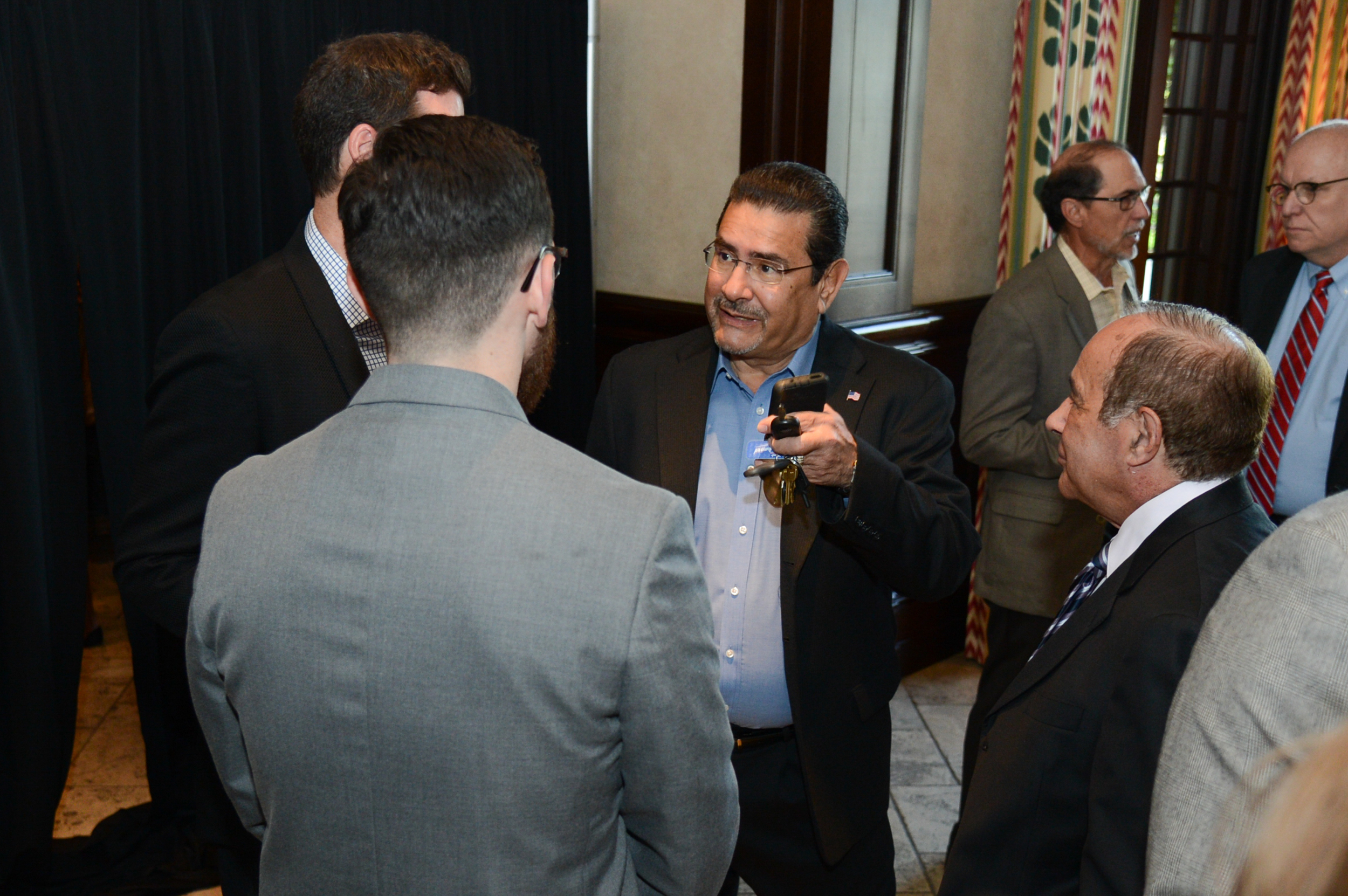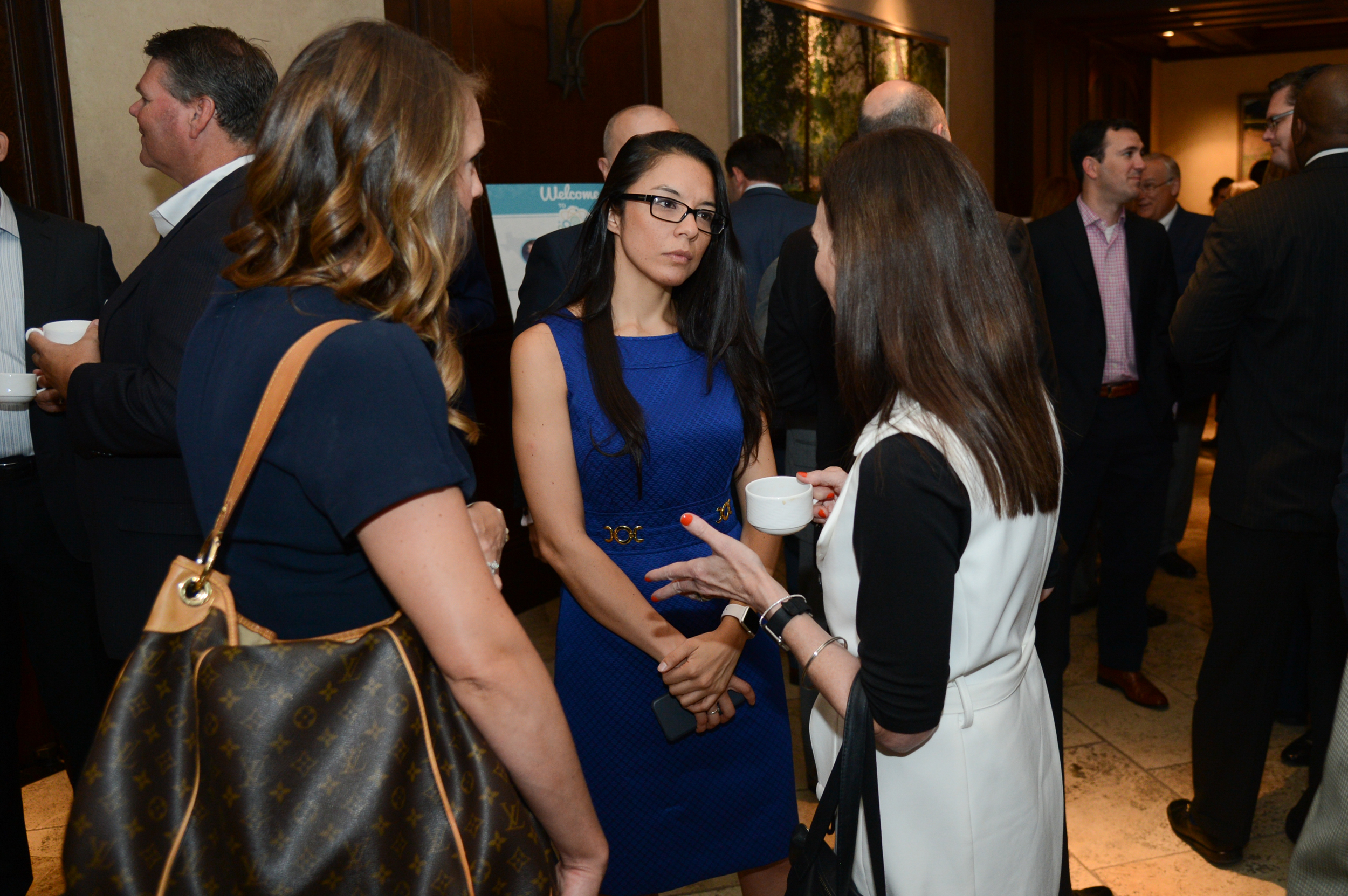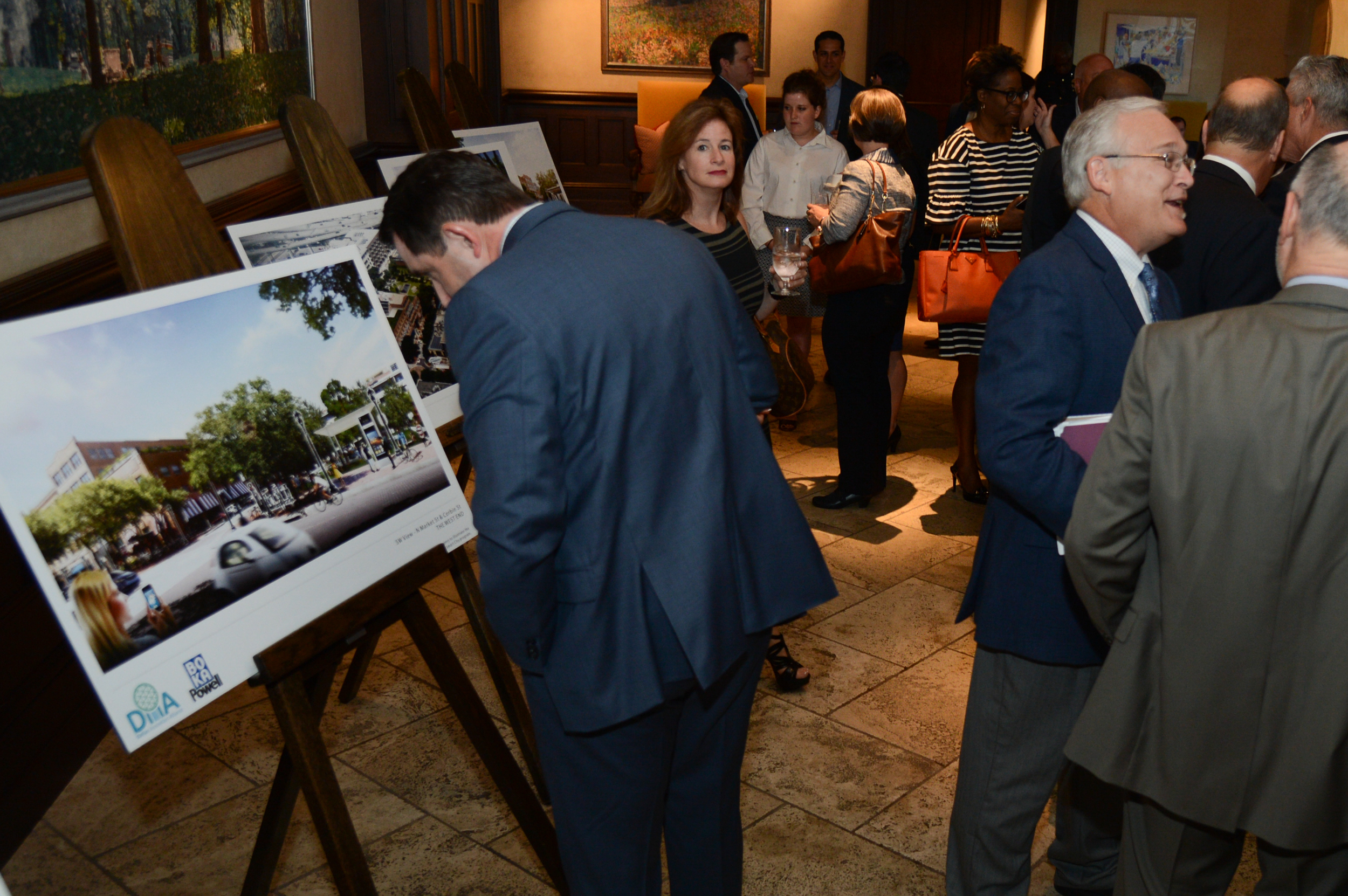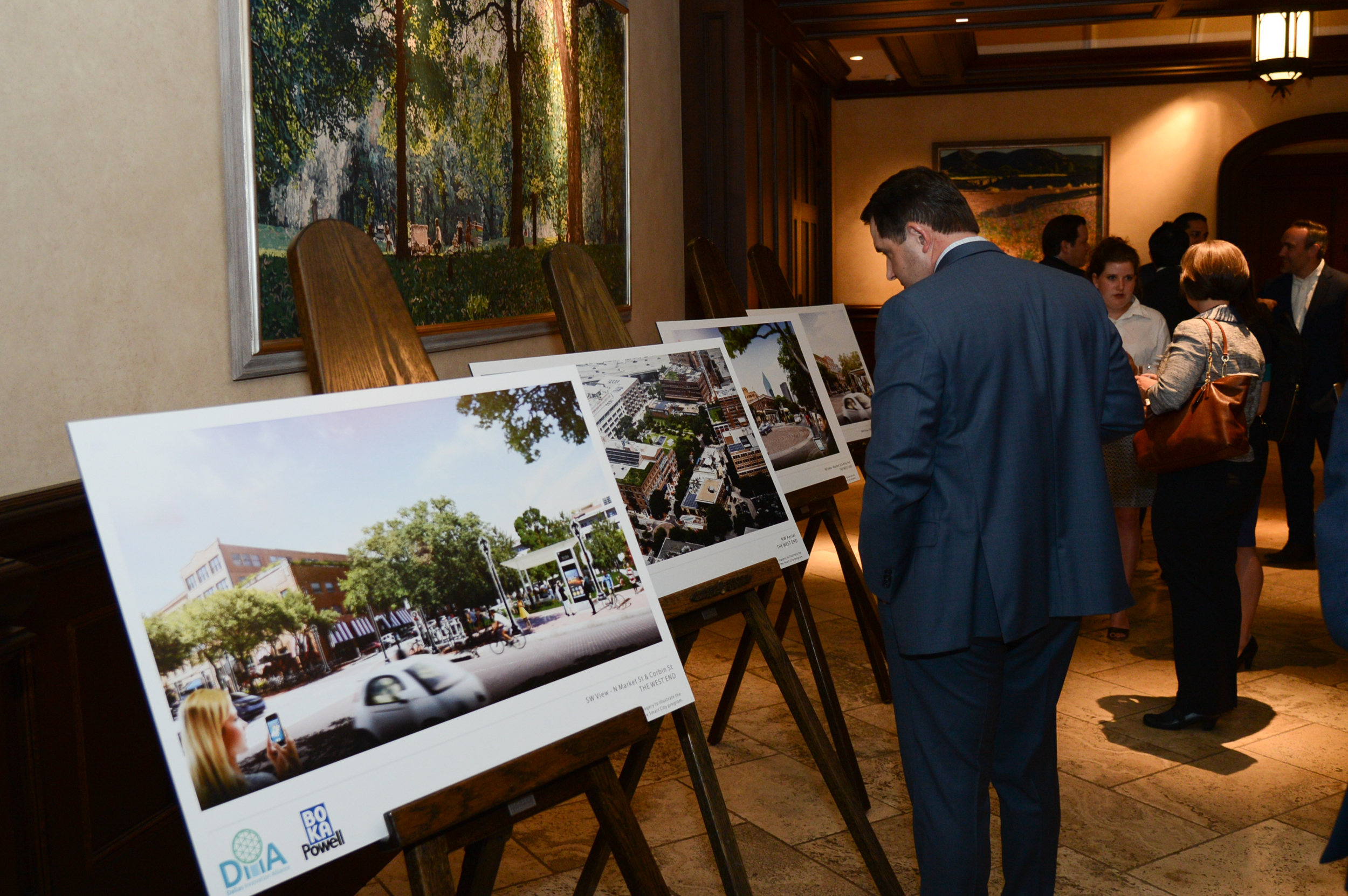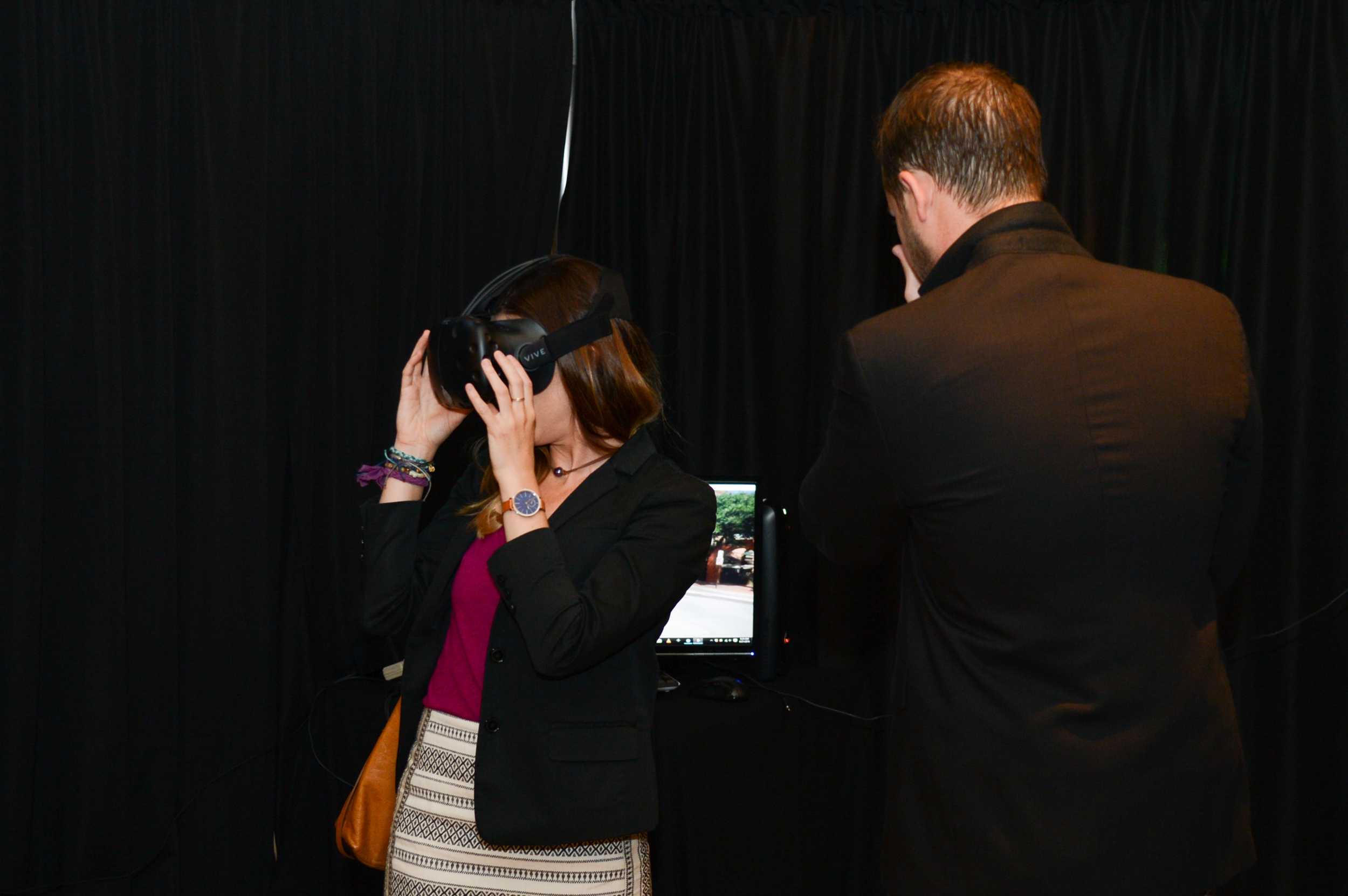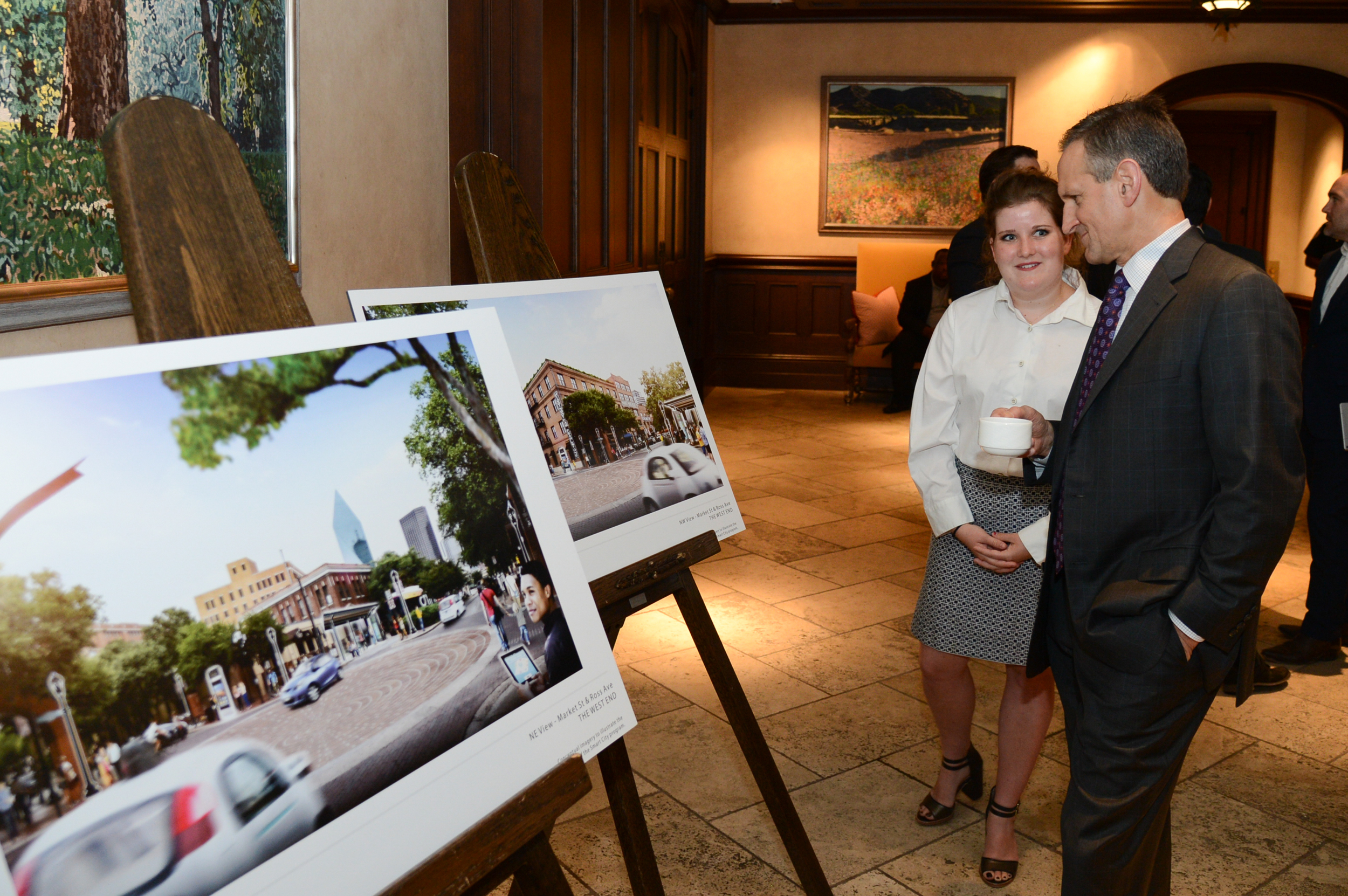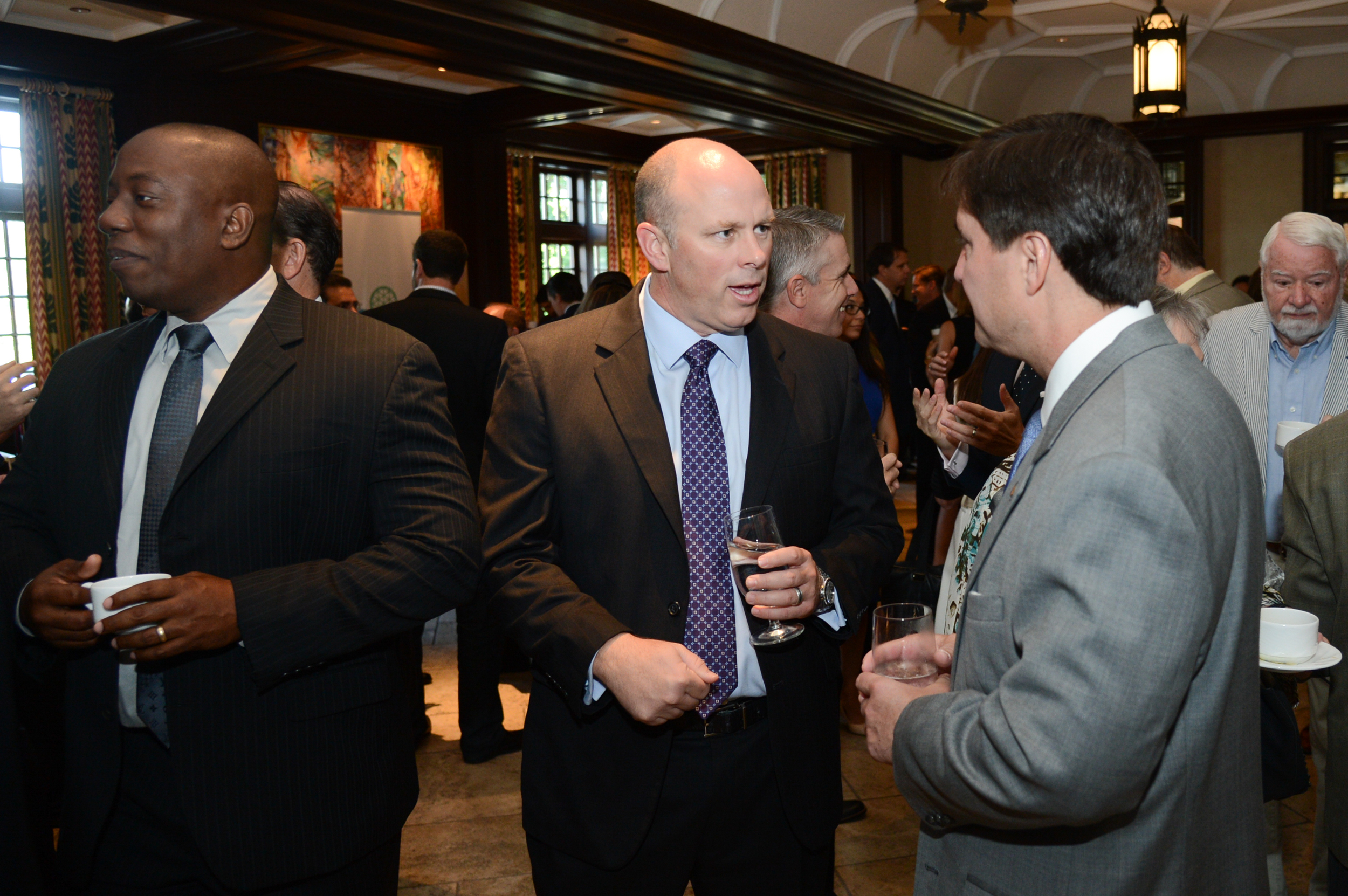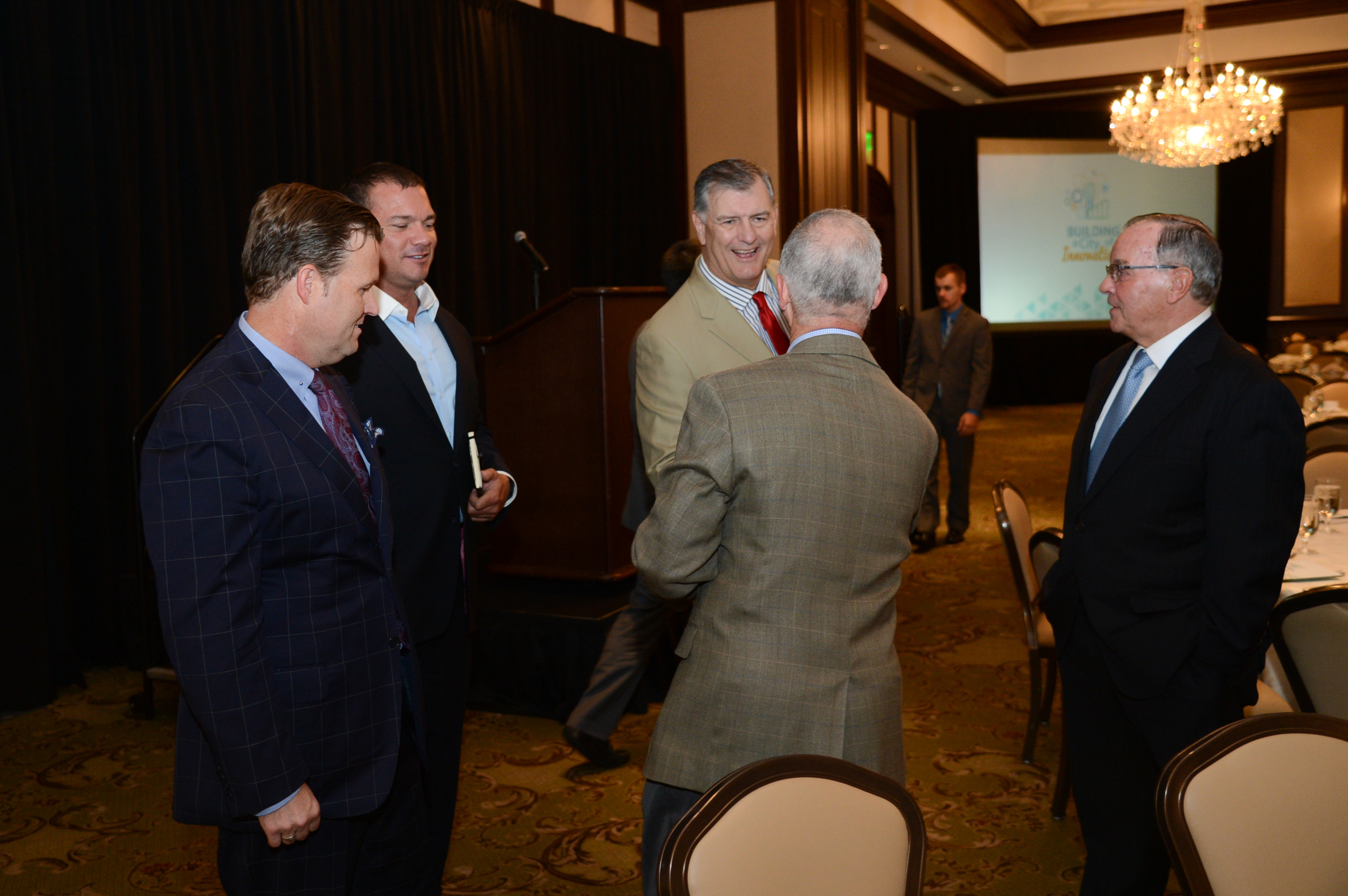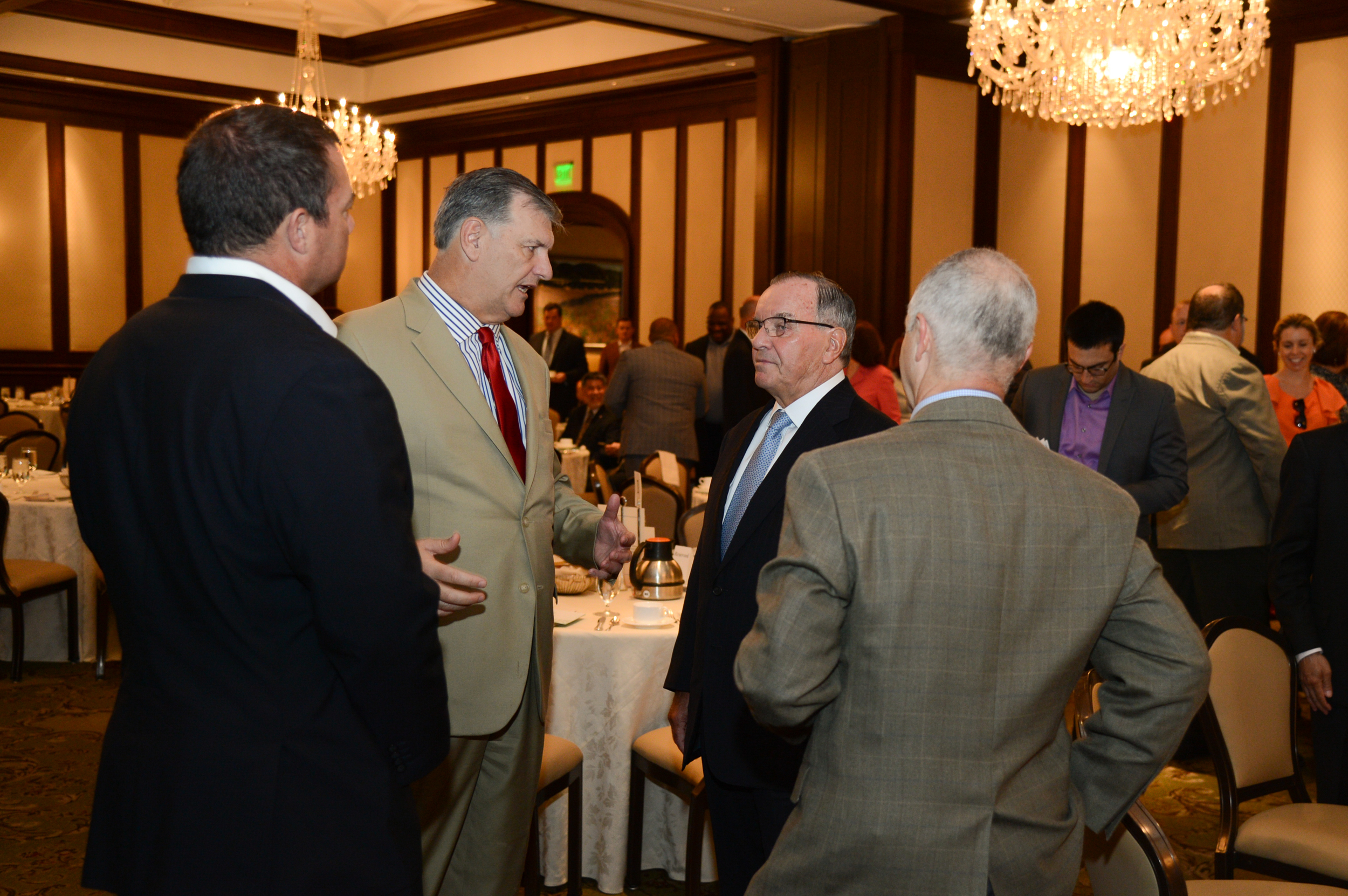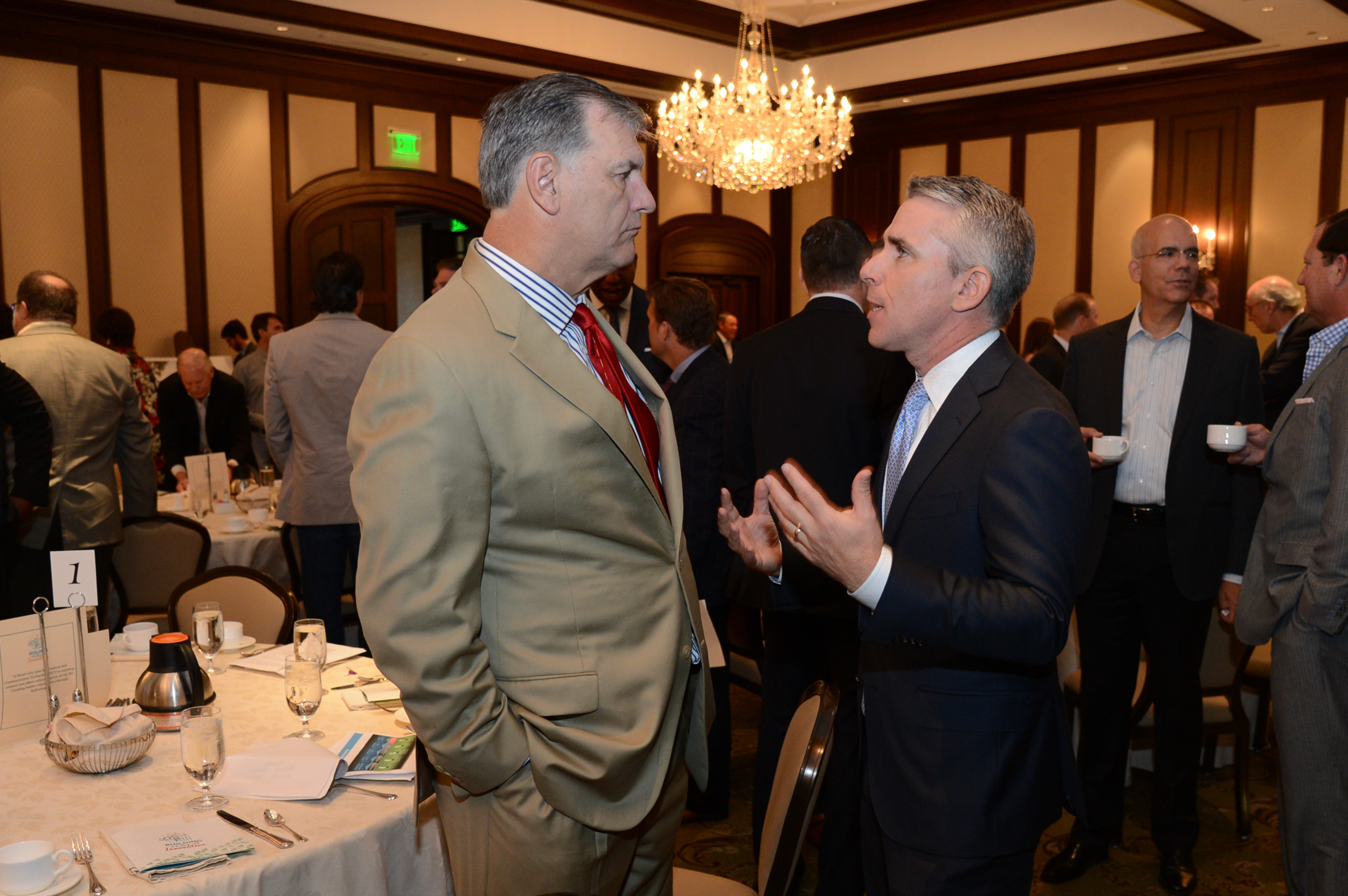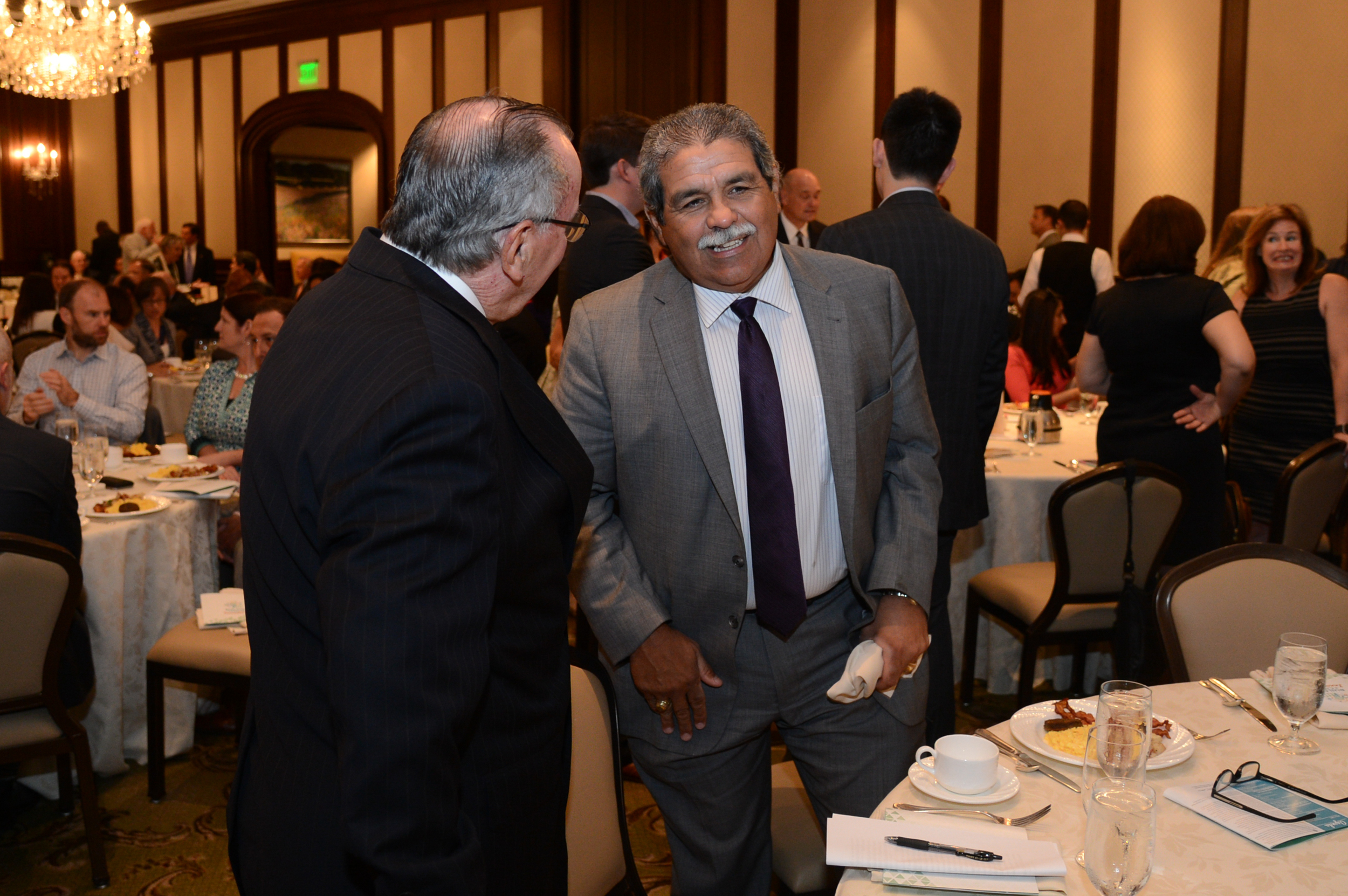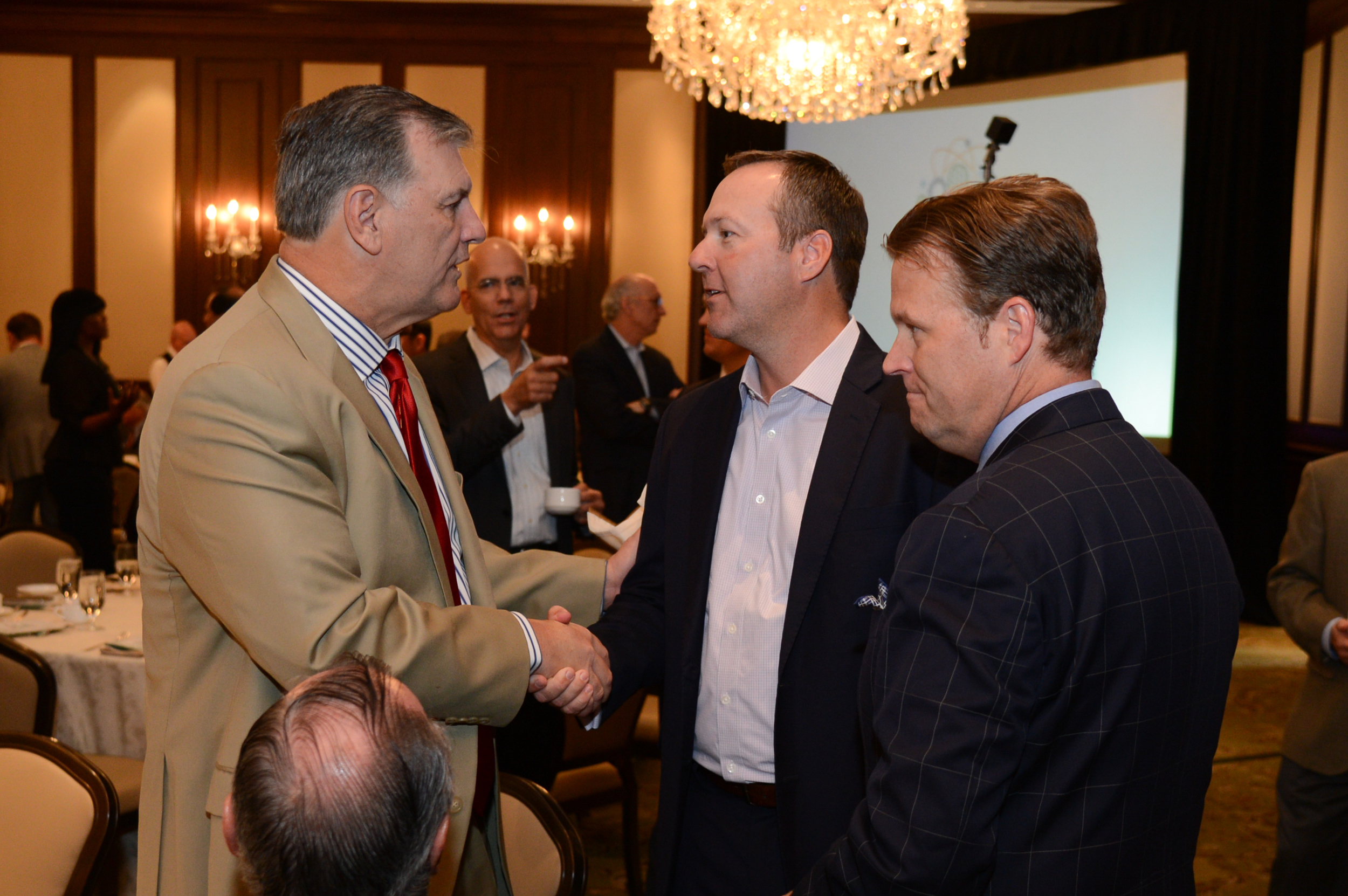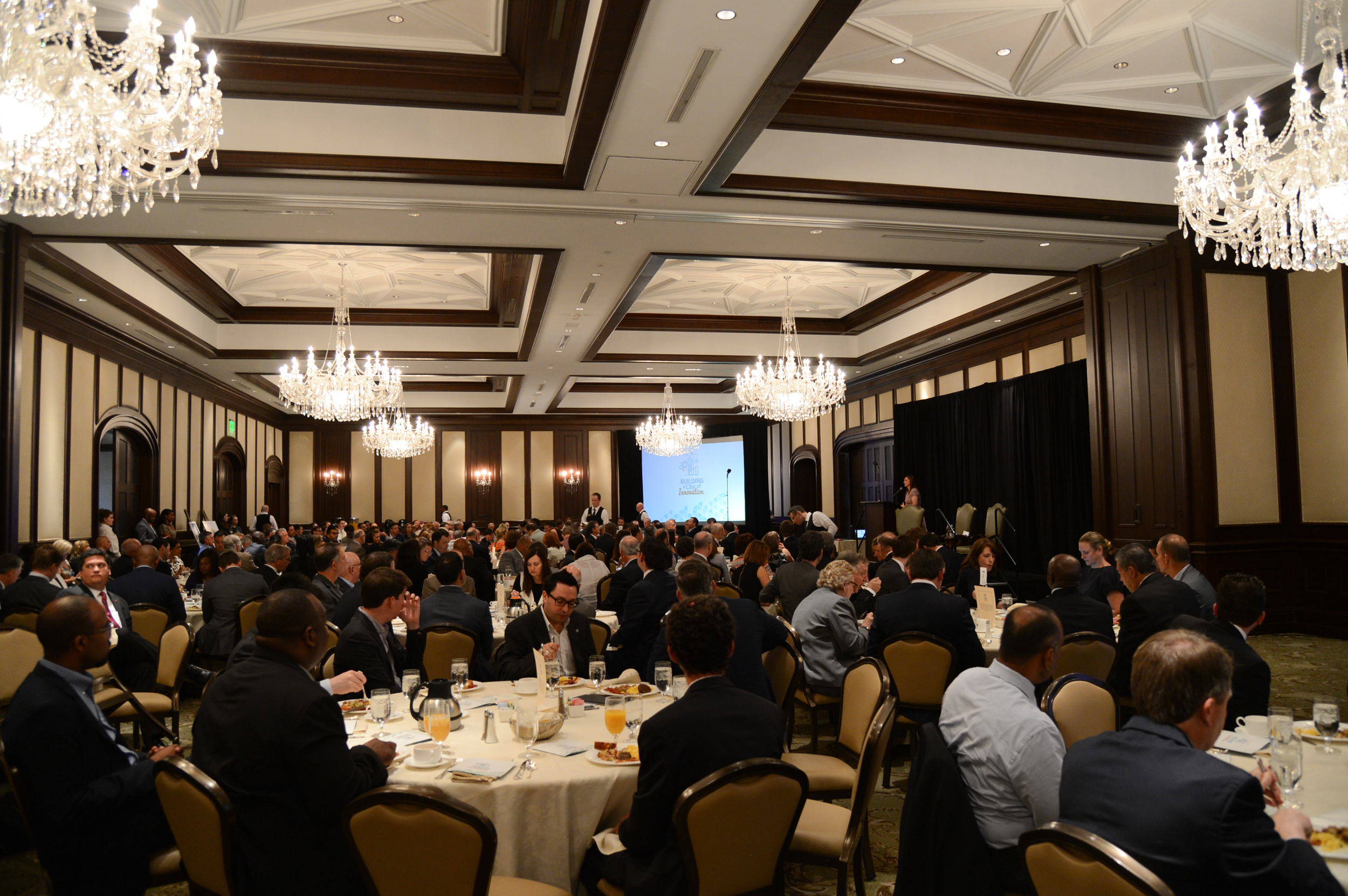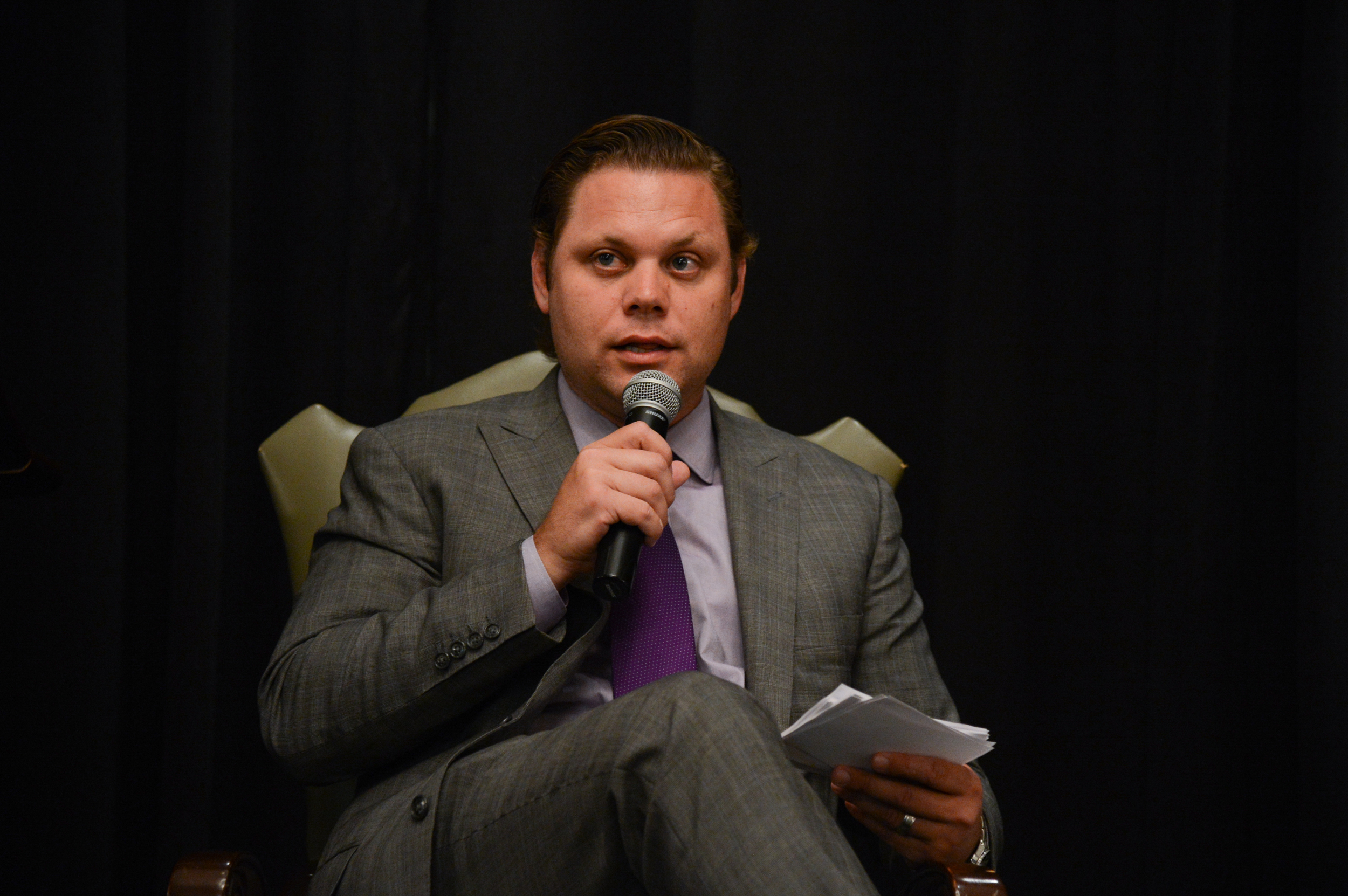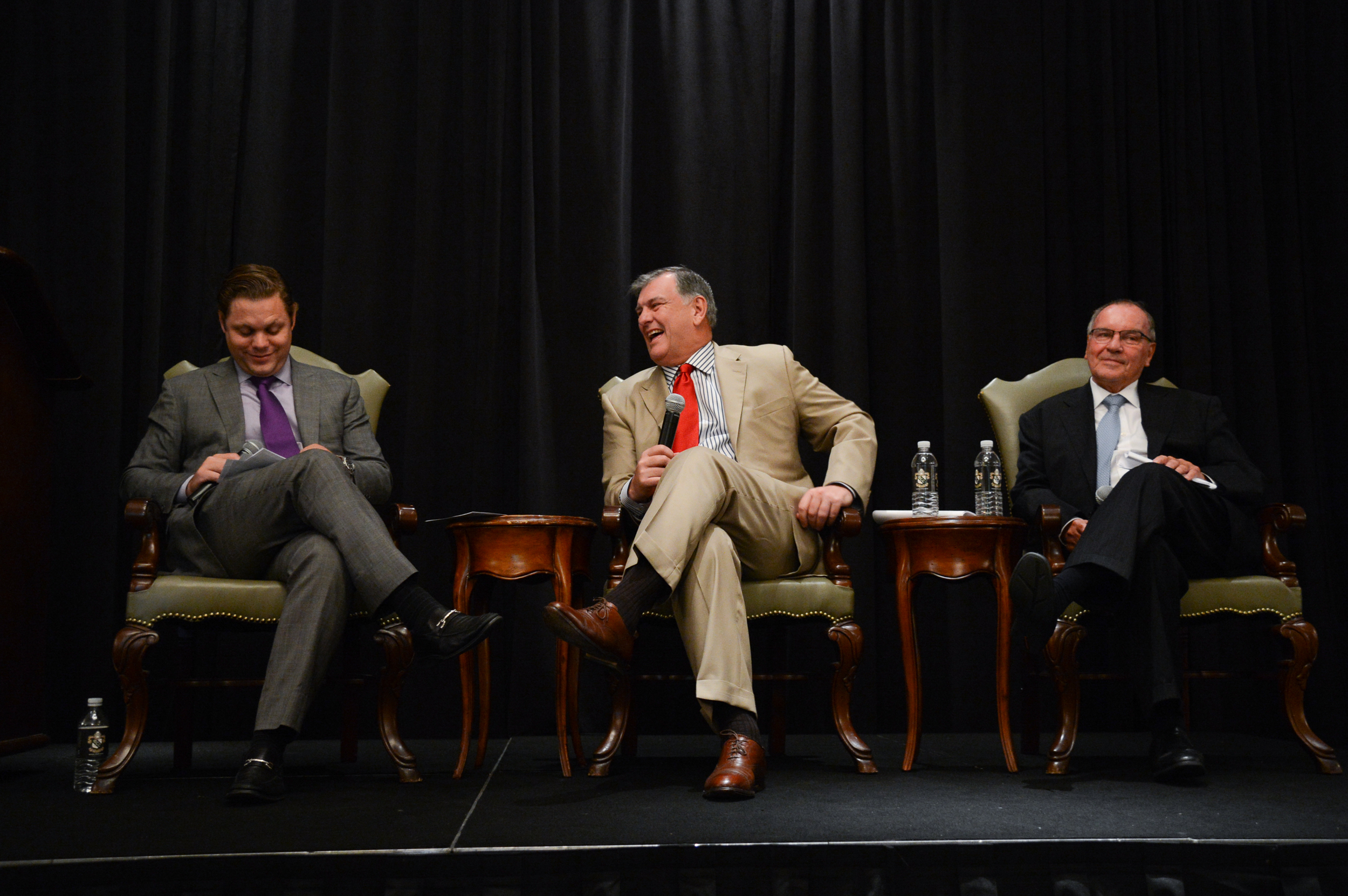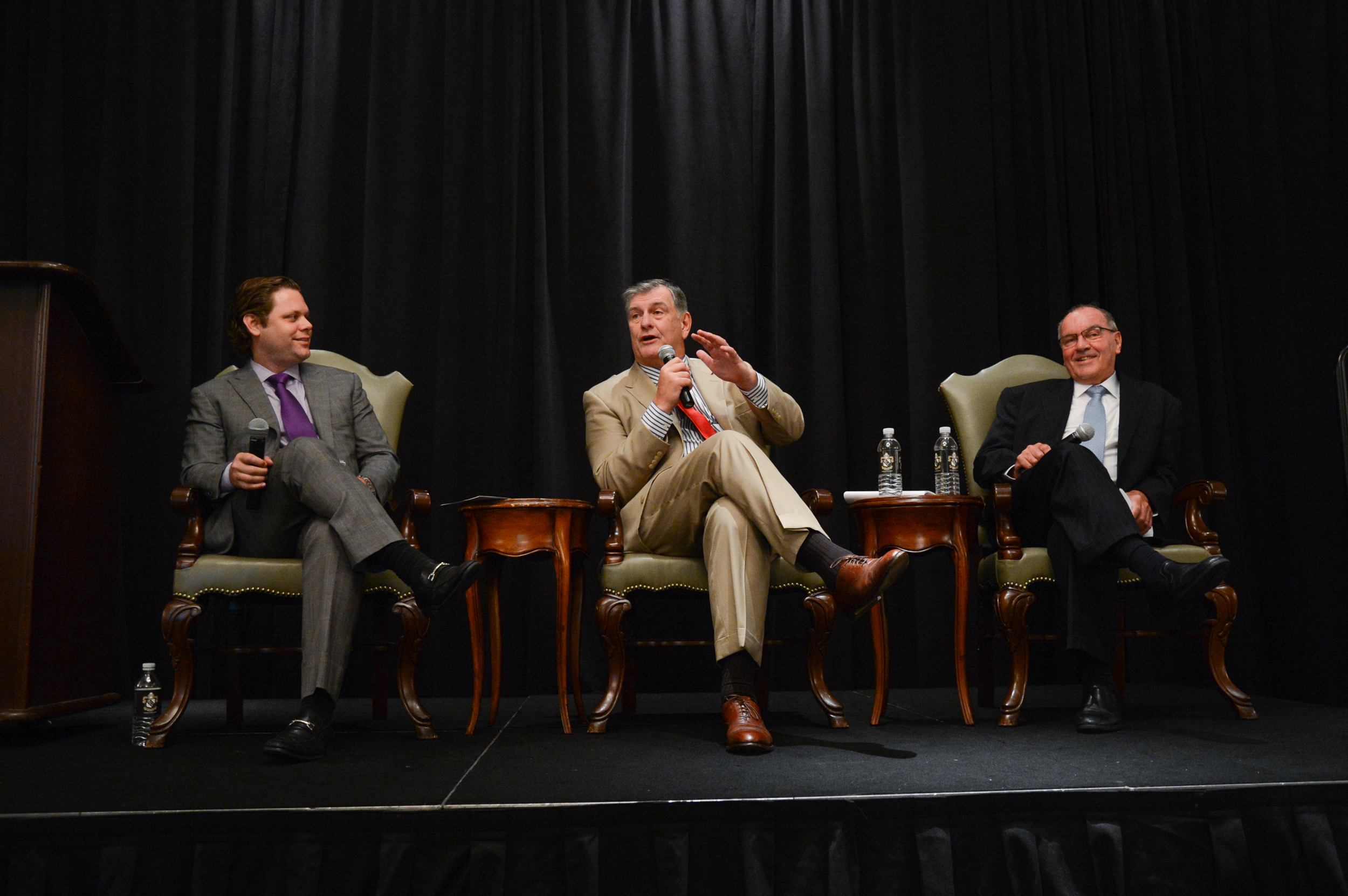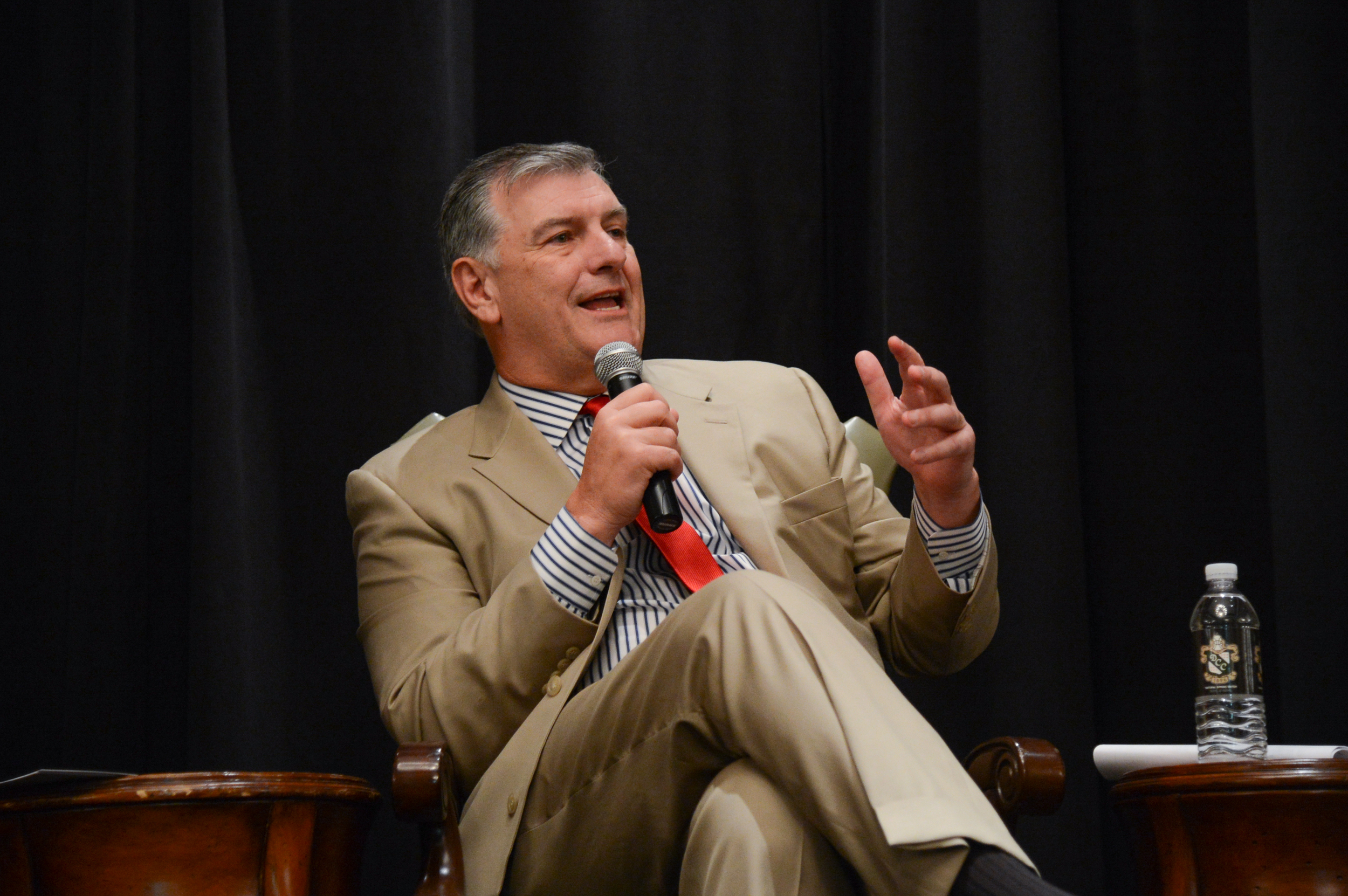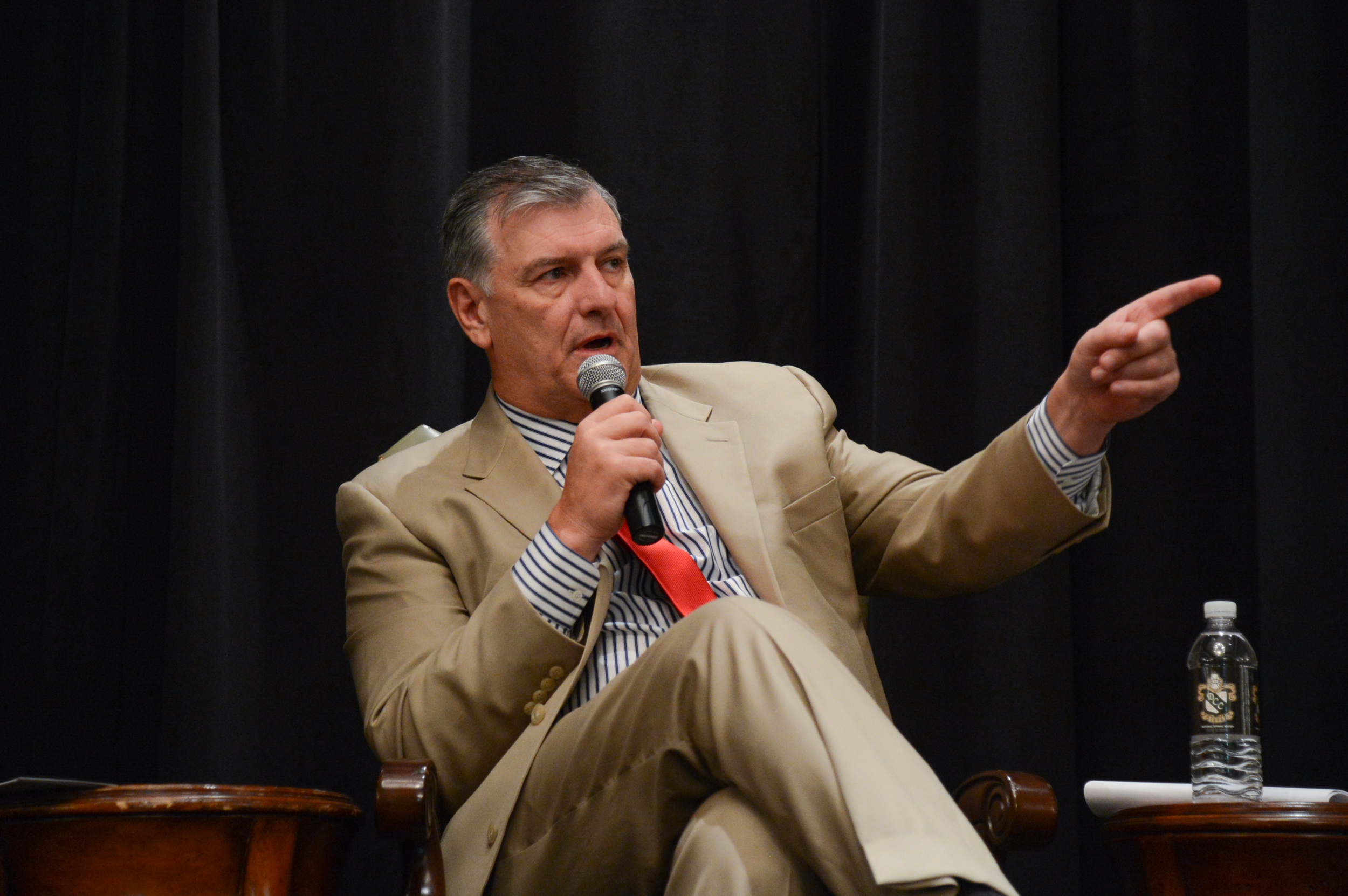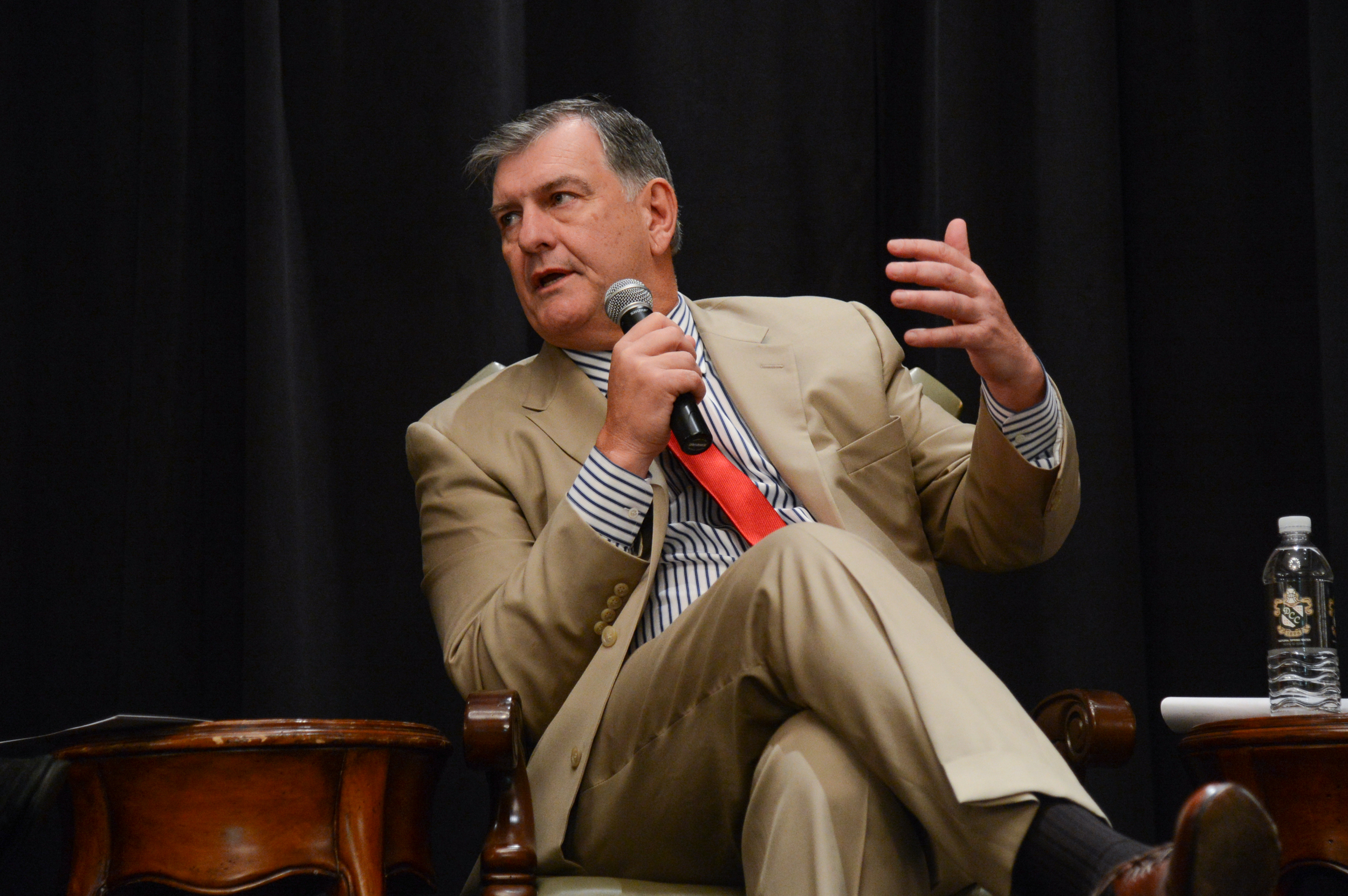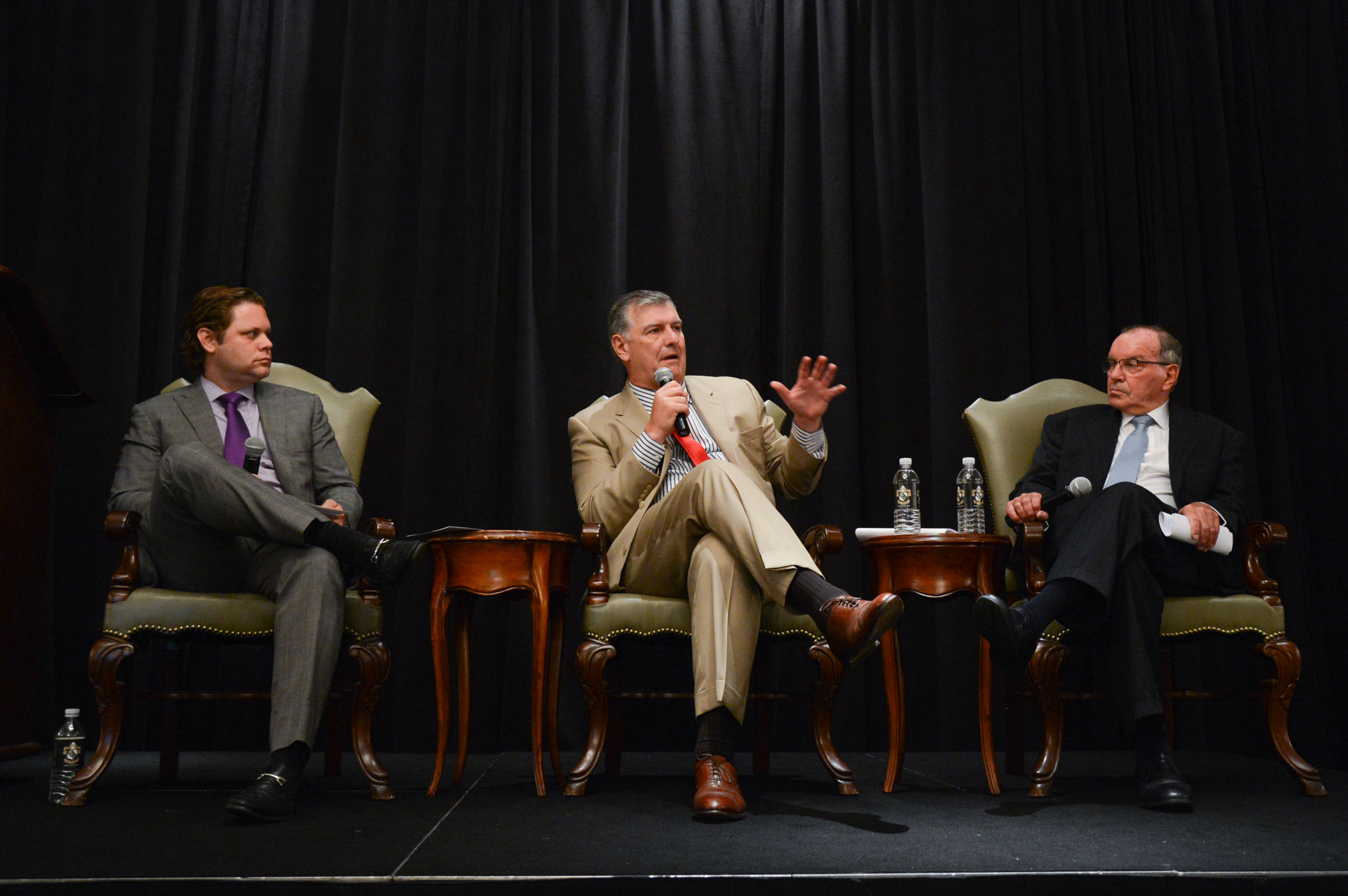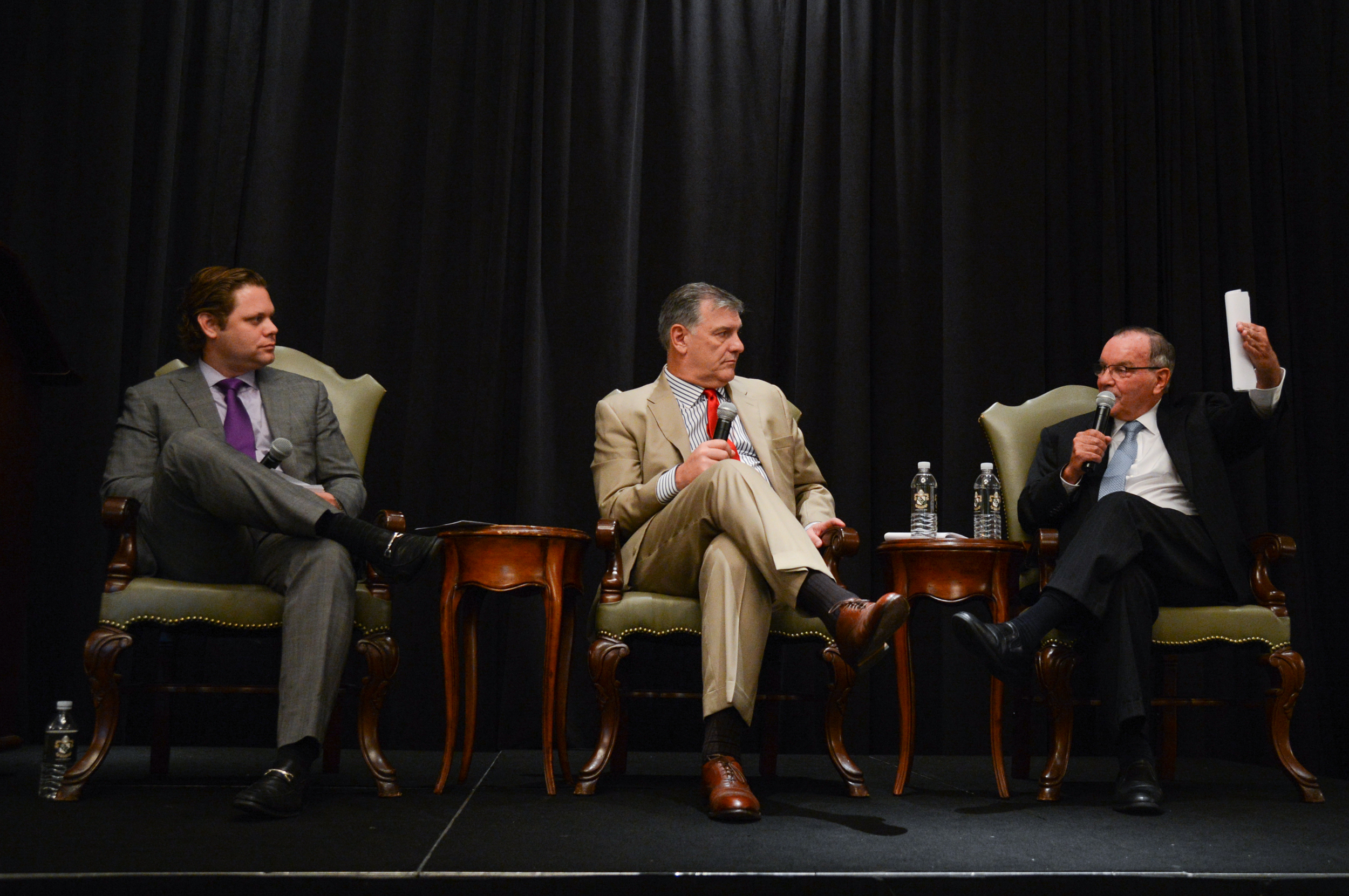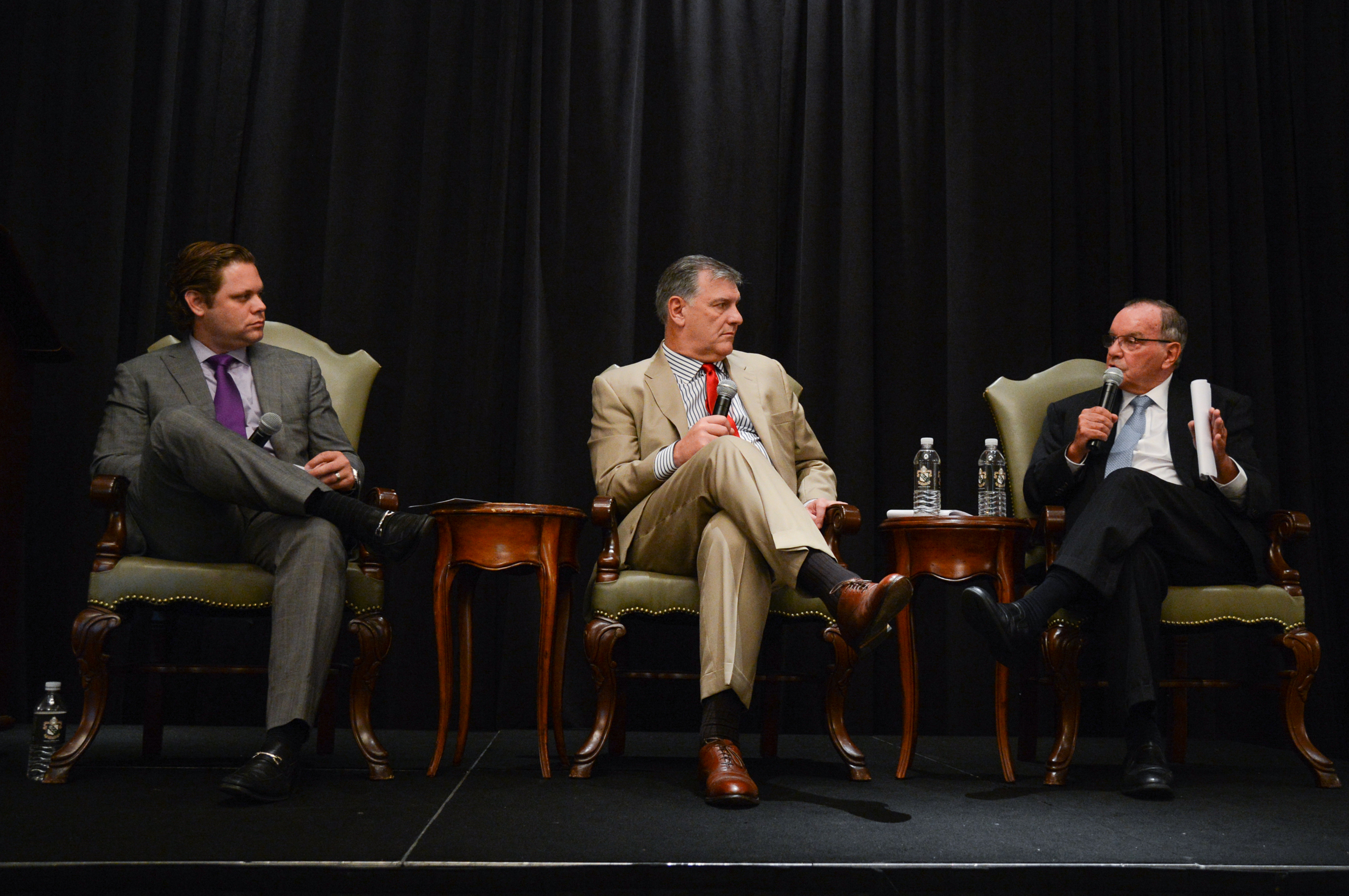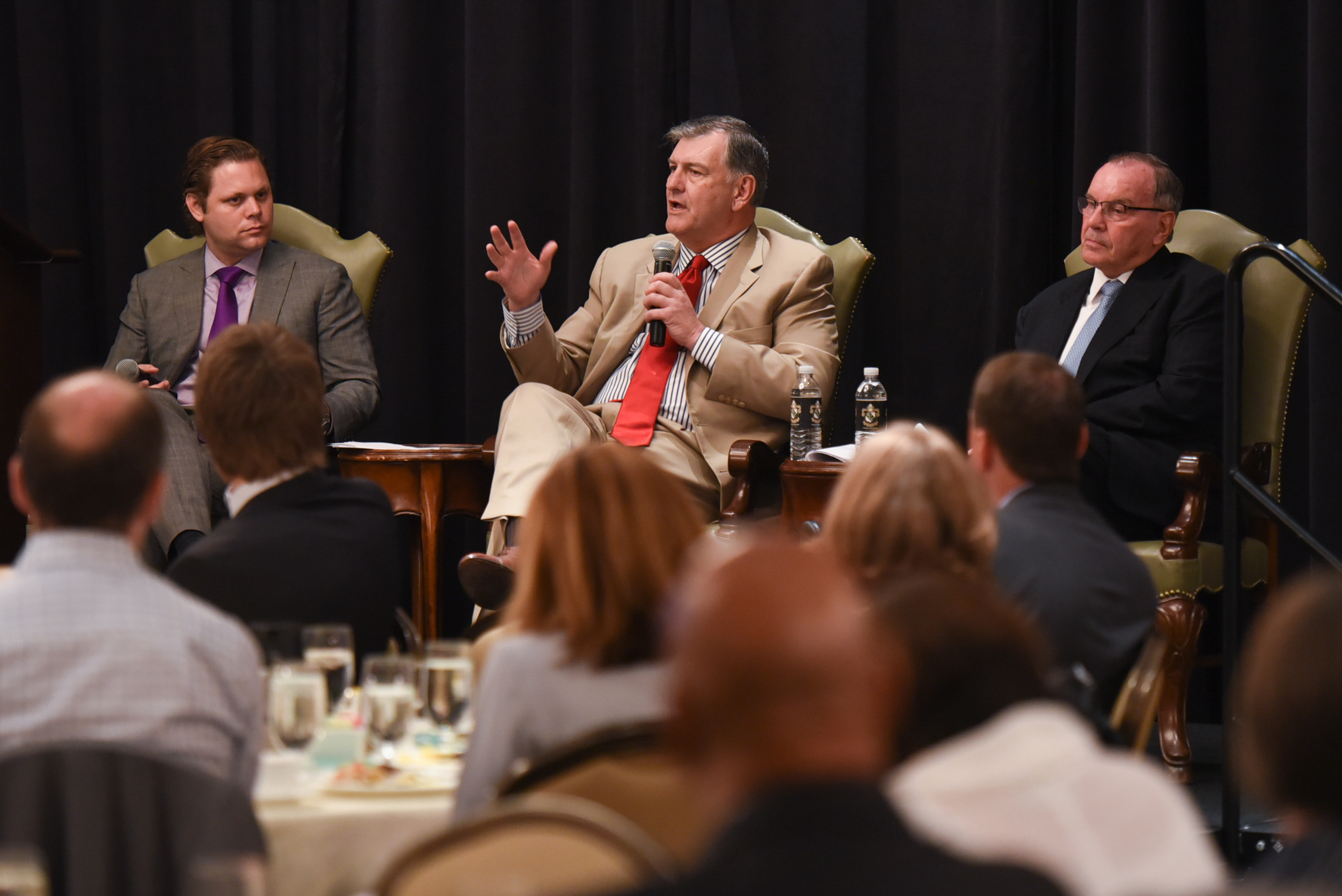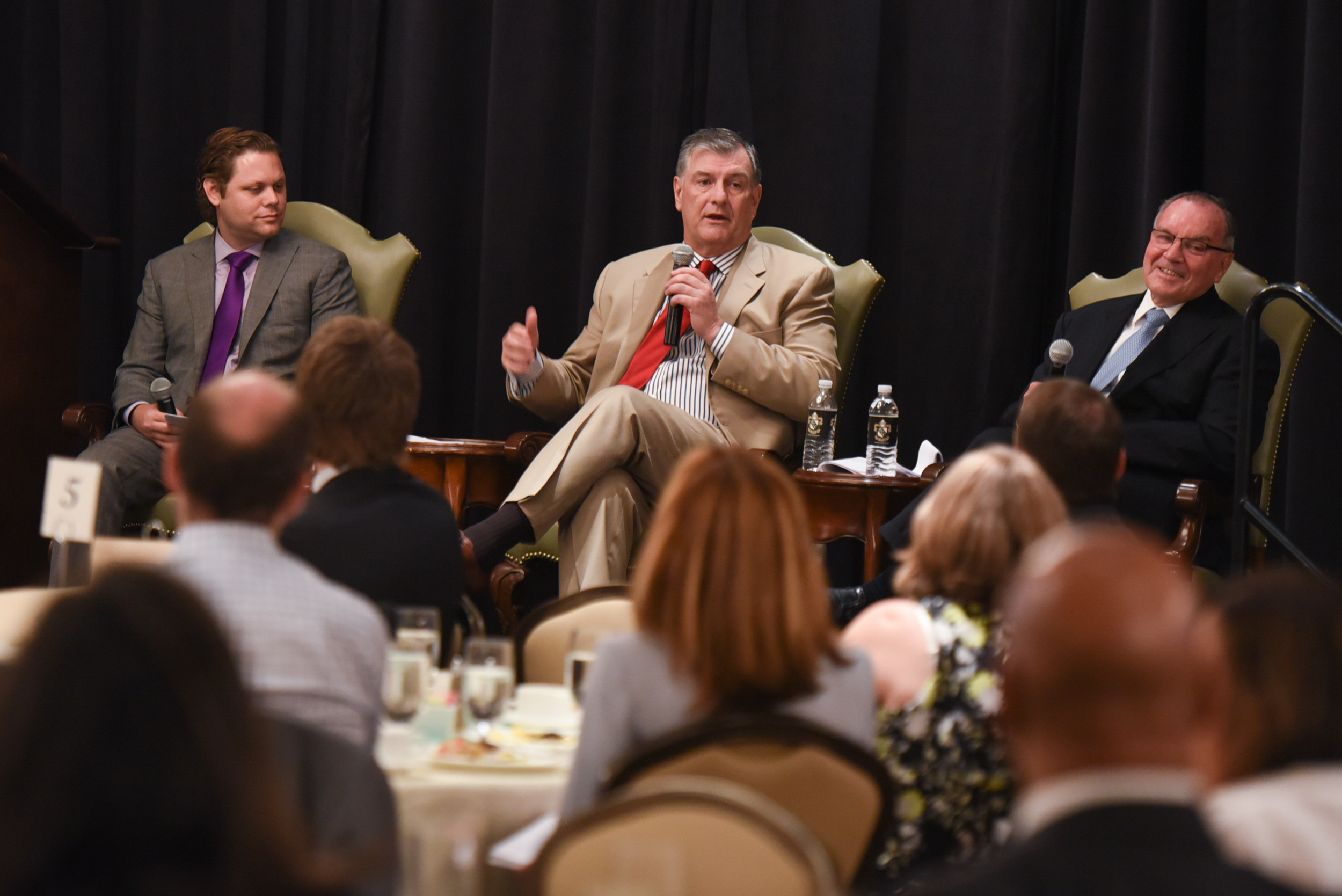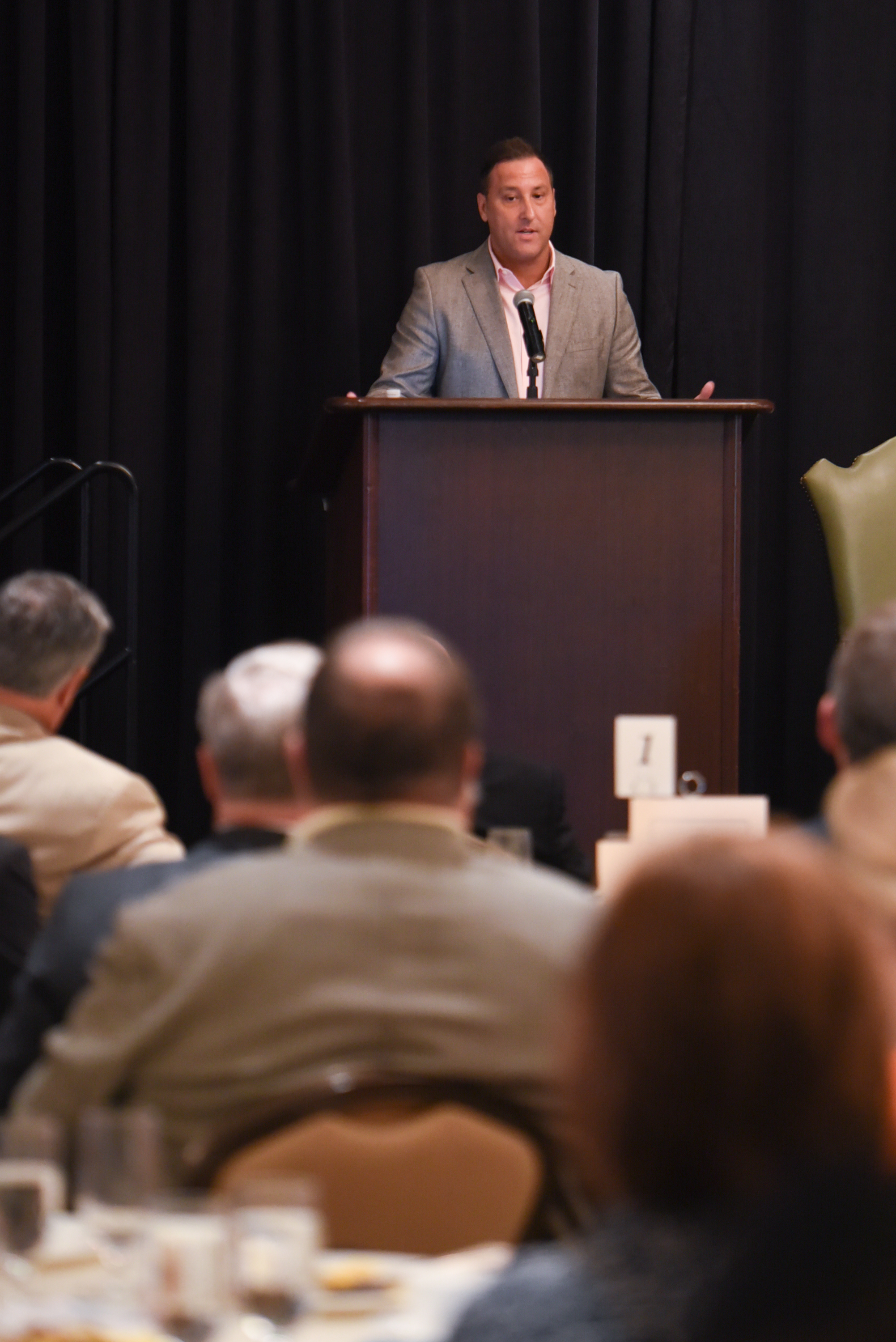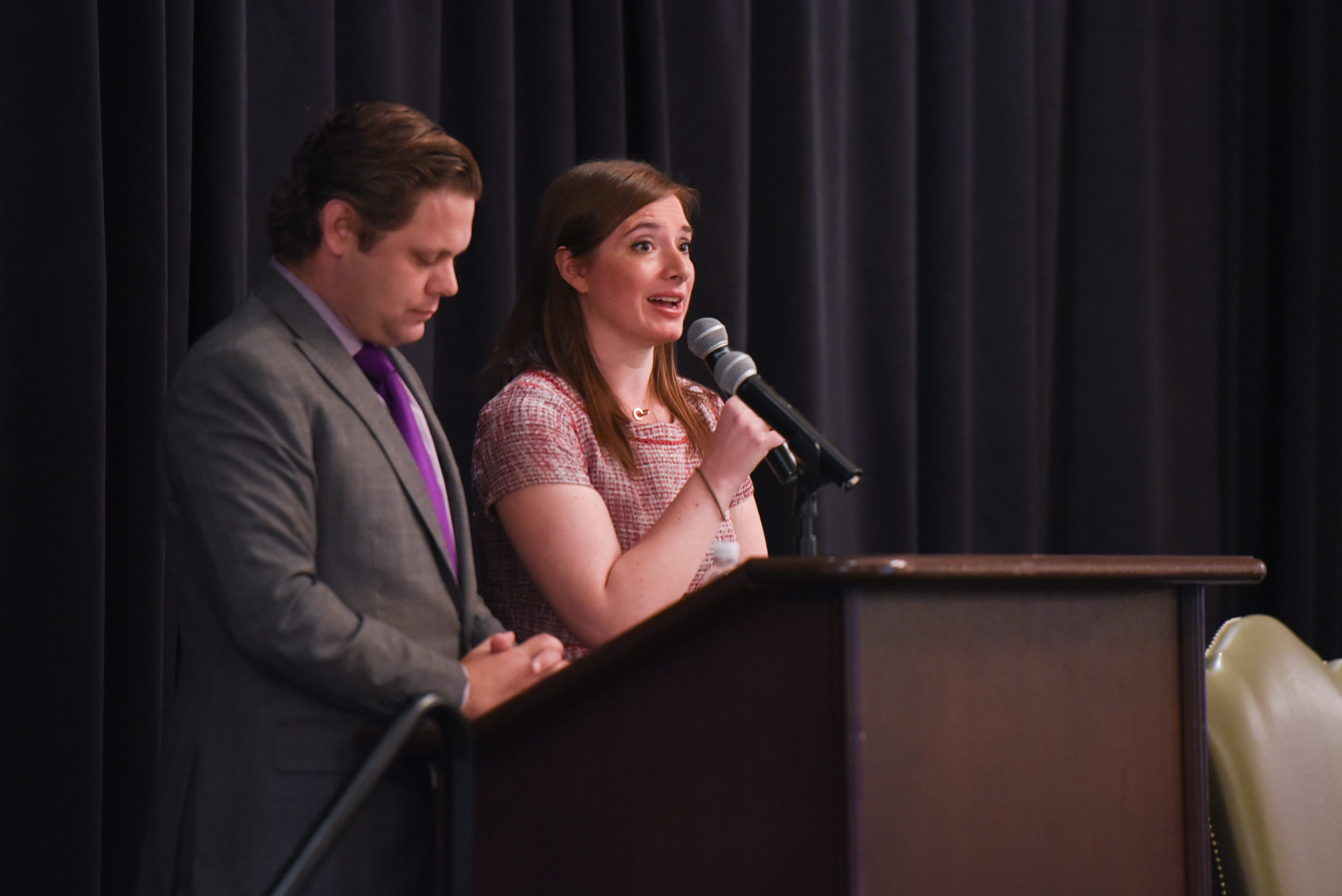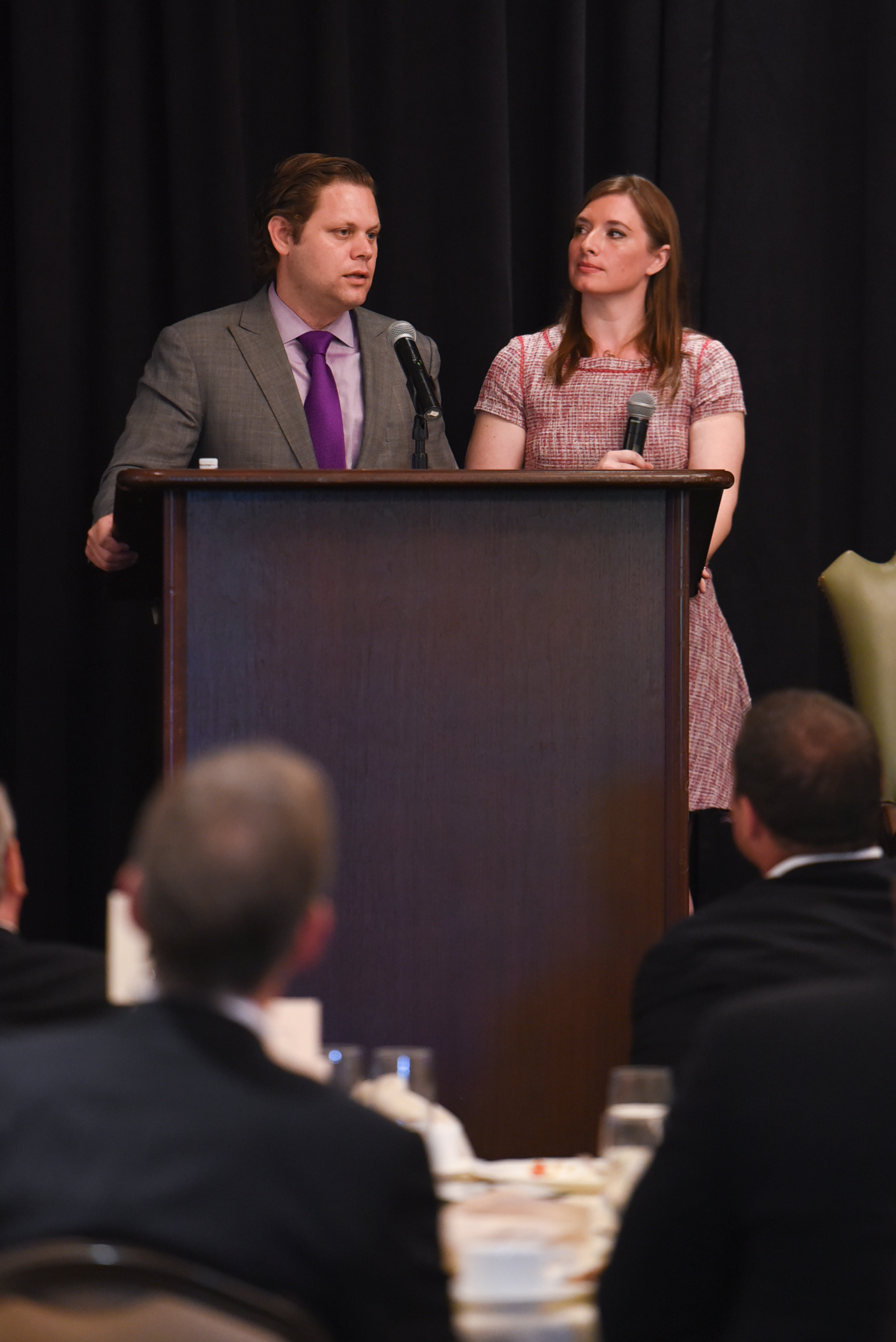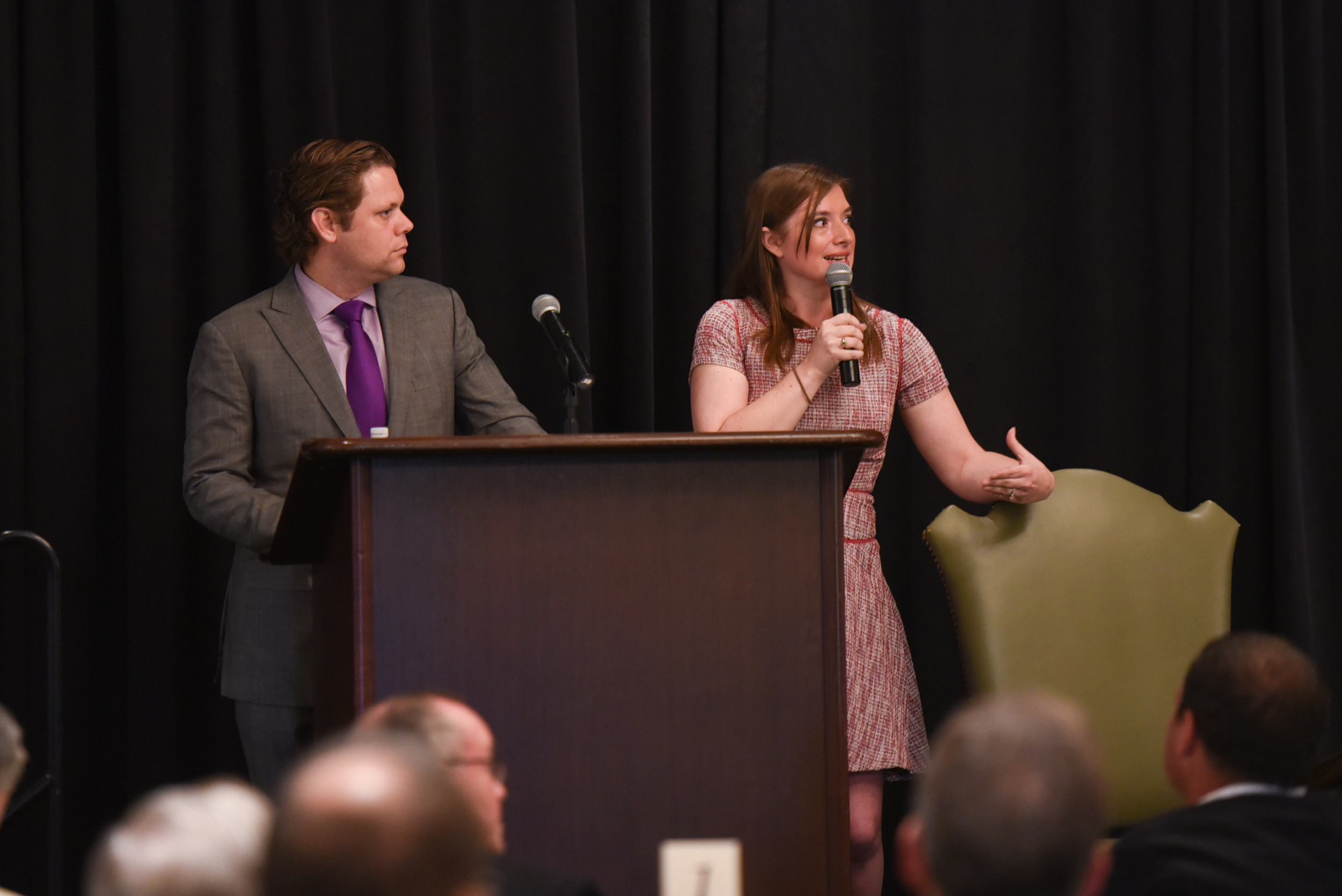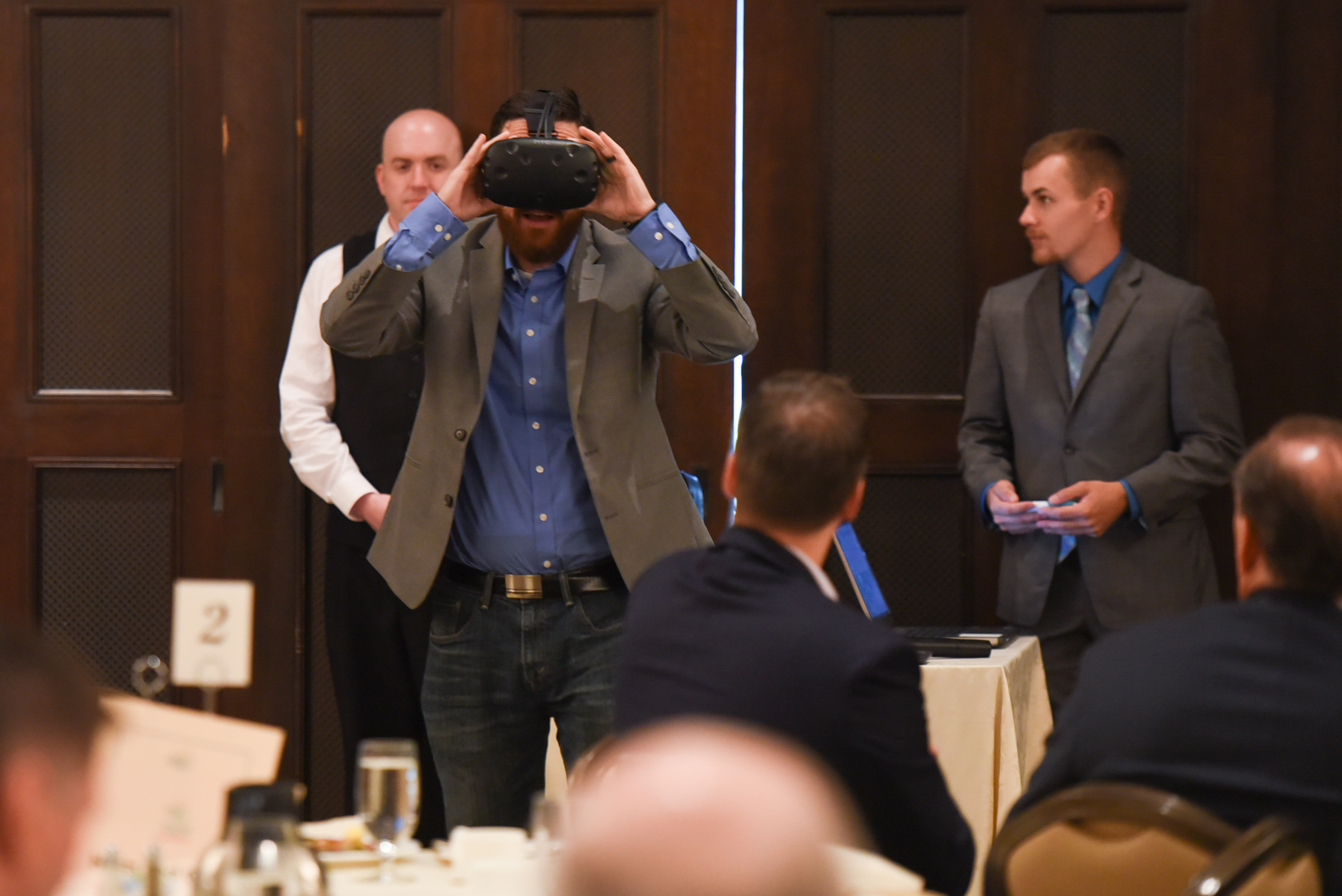After testing out the technology in the West End, one official would like to see similar projects across the city.
Government Technology Magazine
(TNS) -- One of Dallas’ oldest neighborhoods -- the West End -- will be home to some of the city's newest technology, including free public Wi-Fi, streetlights that measure air pollution and detect noise and an app that makes it easy to find an open parking spot.
The West End will serve as a testing ground for the Dallas Innovation Alliance, a public-private partnership that includes the city of Dallas and about two dozen large companies and local foundations.
Today, the Dallas Innovation Alliance announced the first projects that will turn the historic neighborhood into a "living laboratory" for ways that technology could cut costs, boost energy-efficiency and improve public health in the city.
In the West End, the projects will include:
- Intelligent streetlights powered by LED lights that can measure air quality and sensors that can detect crowds or noise.
- Interactive digital kiosks with features such as cellphone charging stations, touchscreen maps and public transit schedules.
- Network connectivity, such as fiber and cellular coverage.
- Public Wi-Fi.
- Smart parking infrastructure that allows people to easily locate available parking and reserve a parking spot ahead of time.
- A mobility app that allows people to search for transportation options, including public transit, ride-sharing, bike sharing, walking and smart parking.
- Solar-powered waste management with sensors that detect when trash cans need to be emptied.
- Open source software platform that aggregates data and provides opportunities for citizens, entrepreneurs and organizations to build smart city applications on top of the platform.
Jennifer Sanders, executive director of the Dallas Innovation Alliance, said she hopes to have some of the projects underway by the end of the year. She said intelligent streetlights, kiosks, public Wi-Fi and waste management have been slated to begin first.
After testing out the technology in the West End, Sanders said she'd like to see similar projects across the city.
Across the country and the world, cities have looked to technology as possible solutions to urban challenges. In New York City, city officials are replacing pay phones with kiosks that provide free high-speed internet, device charging and city maps. In Chicago, public health officials are using an algorithm from comments on social media and crowd-sourced reviews on sites like Yelp to predict if restaurants may have food safety violations. In Louisville, Ky., a team of medical researchers used "smart" inhalers to identify possible asthma hot spots and track local air quality.
Sanders said the effort to become a smart city is this generation’s “space race.”
Dallas Mayor Mike Rawlings said he looks forward to watching the West End project and seeing if it could be scaled to other parts of the city. He said he'll judge the project based on the money it saves and lives that it improves.
"I don't want to worship at the altar of technology for technology's sake," he said. "It all must be to provide a better quality of life for citizens and that's the direction I keep pushing us to."
Rawlings said the West End has always been an important part of Dallas. As the test market for the smart cities project, he said the historic neighborhood is reinventing itself.
He said he'd also like Dallas to adopt smarter approaches to everyday tasks, such as making it possible for people to pay every city fee or utility bill online.
Sanders said the Dallas Innovation Alliance chose the West End because of its downtown Dallas location, proximity to public transportation, distinct neighborhood boundaries and mix of residential and commercial buildings.
She co-founded the nonprofit organization with Trey Bowles, chief executive of the Dallas Entrepreneur Center. The DEC, a co-working space and startup hub, is also located in the West End. Sanders was hired in March to lead the initiative to turn Dallas into a high-tech, smart city.
©2016 The Dallas Morning News. Distributed by Tribune Content Agency, LLC.
